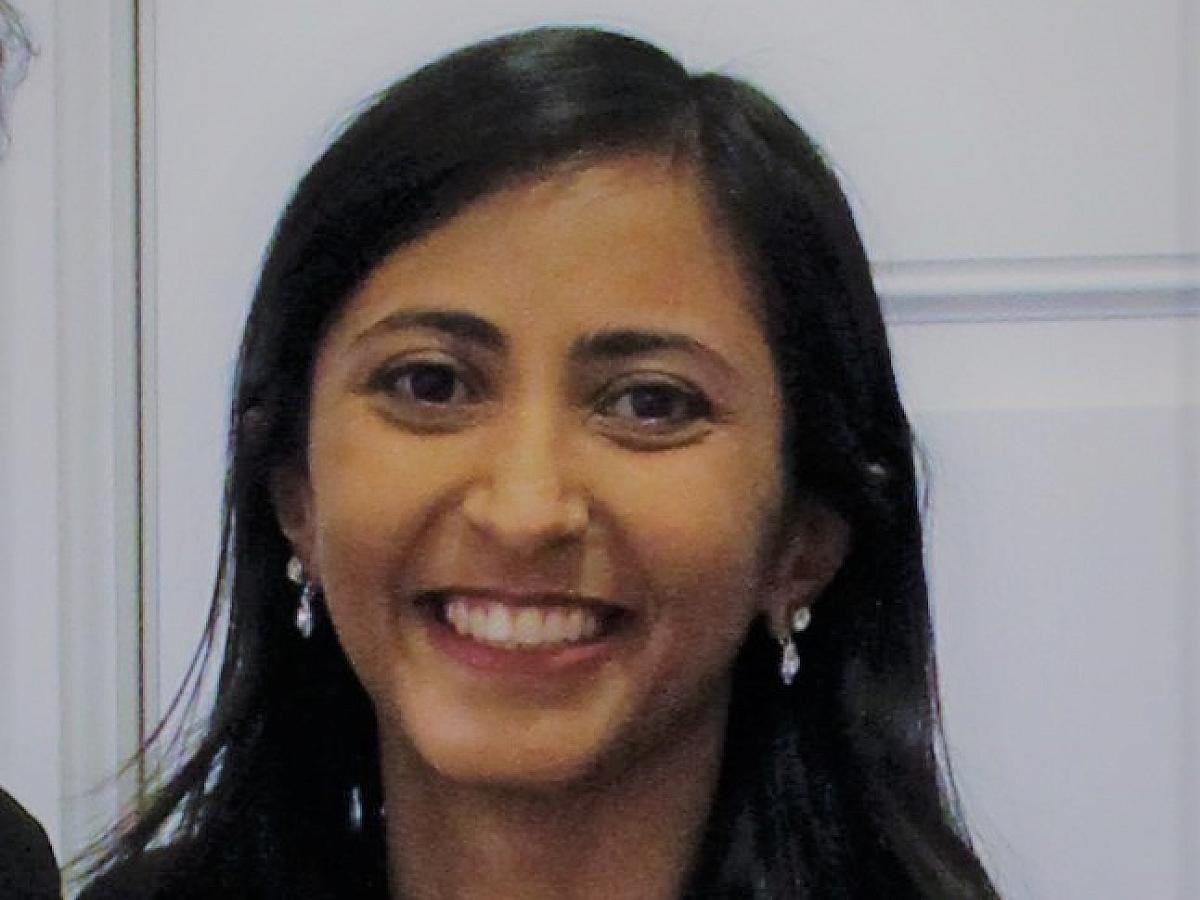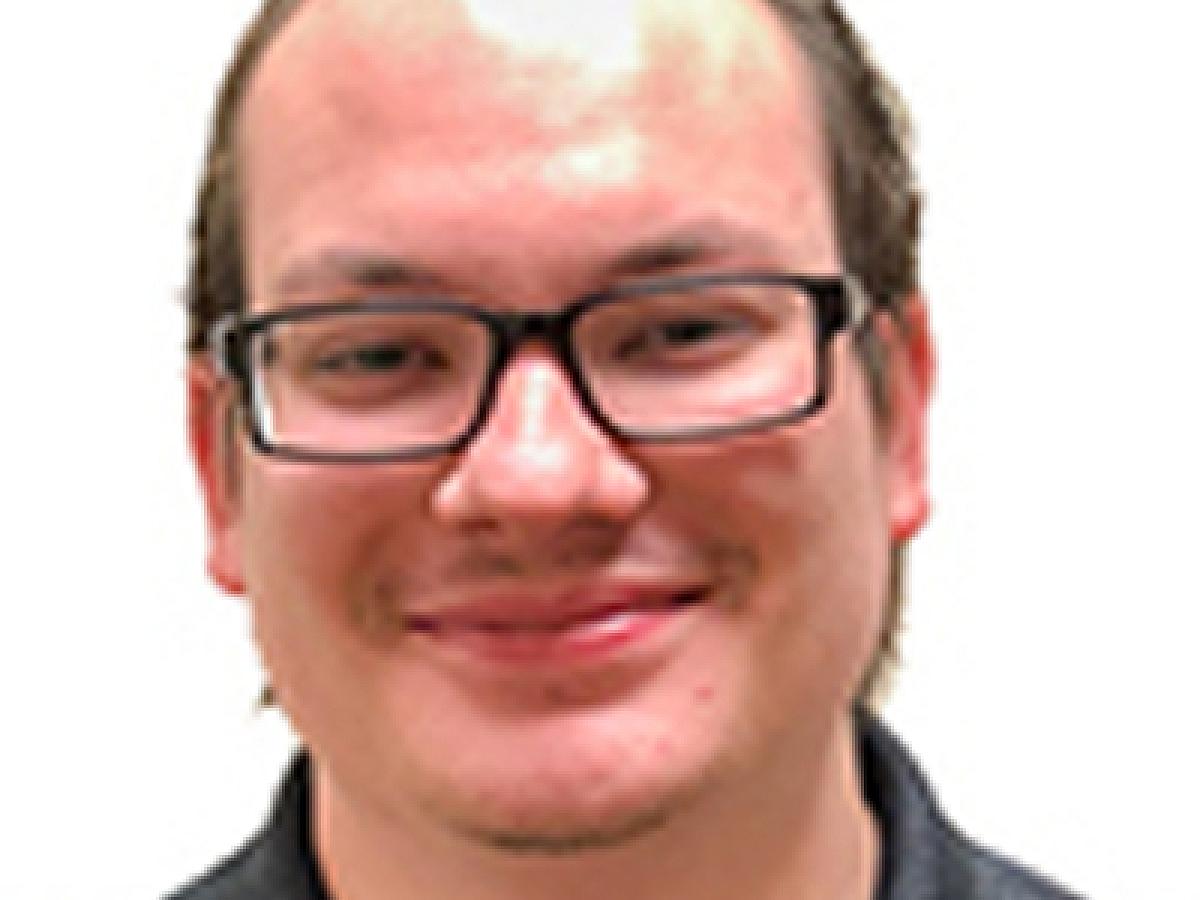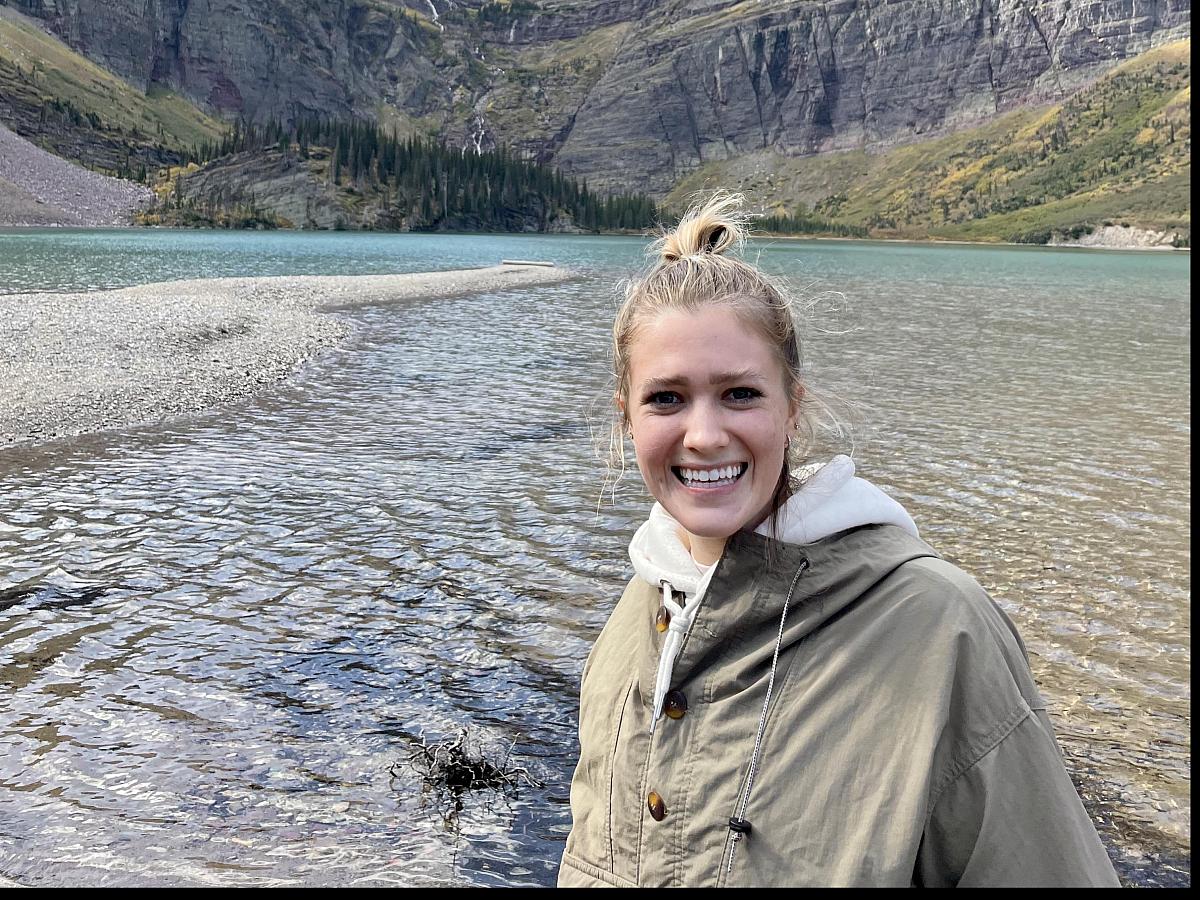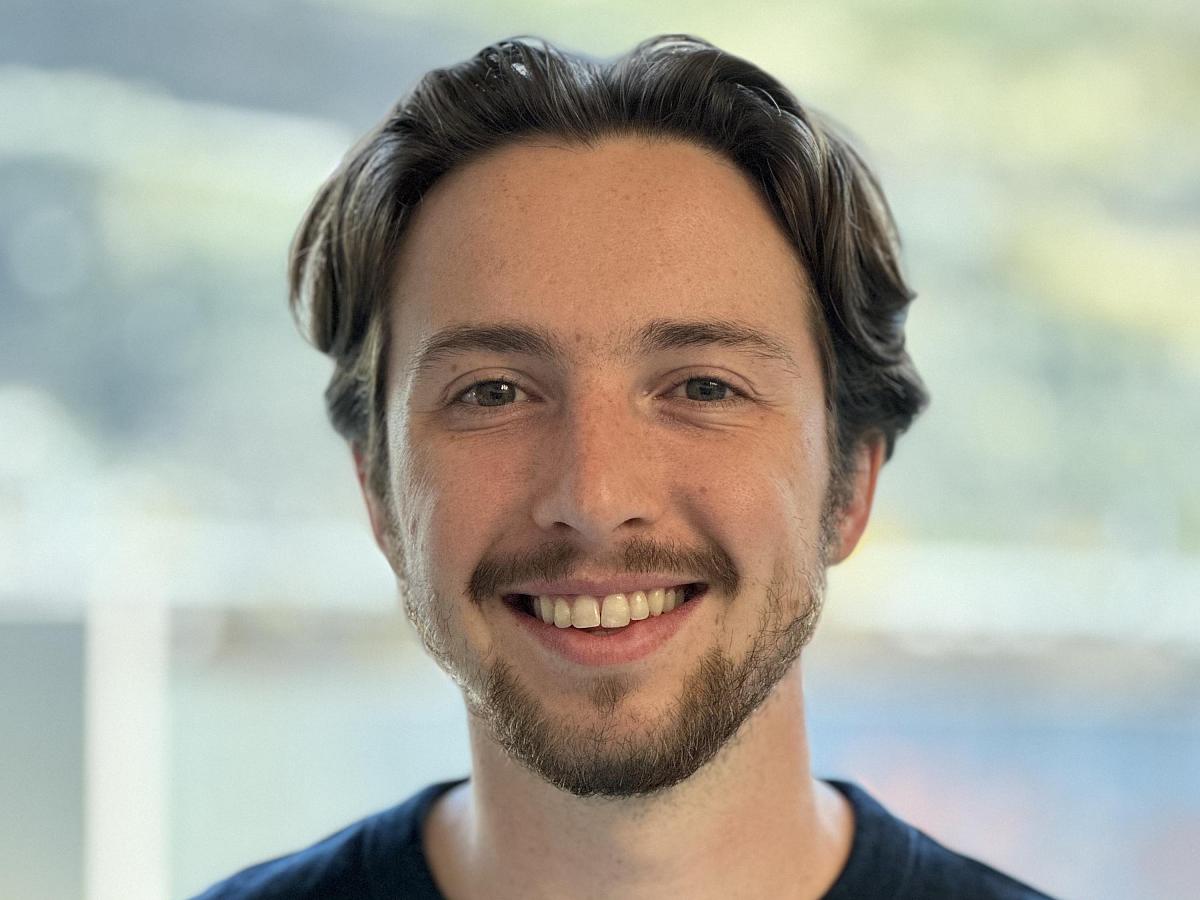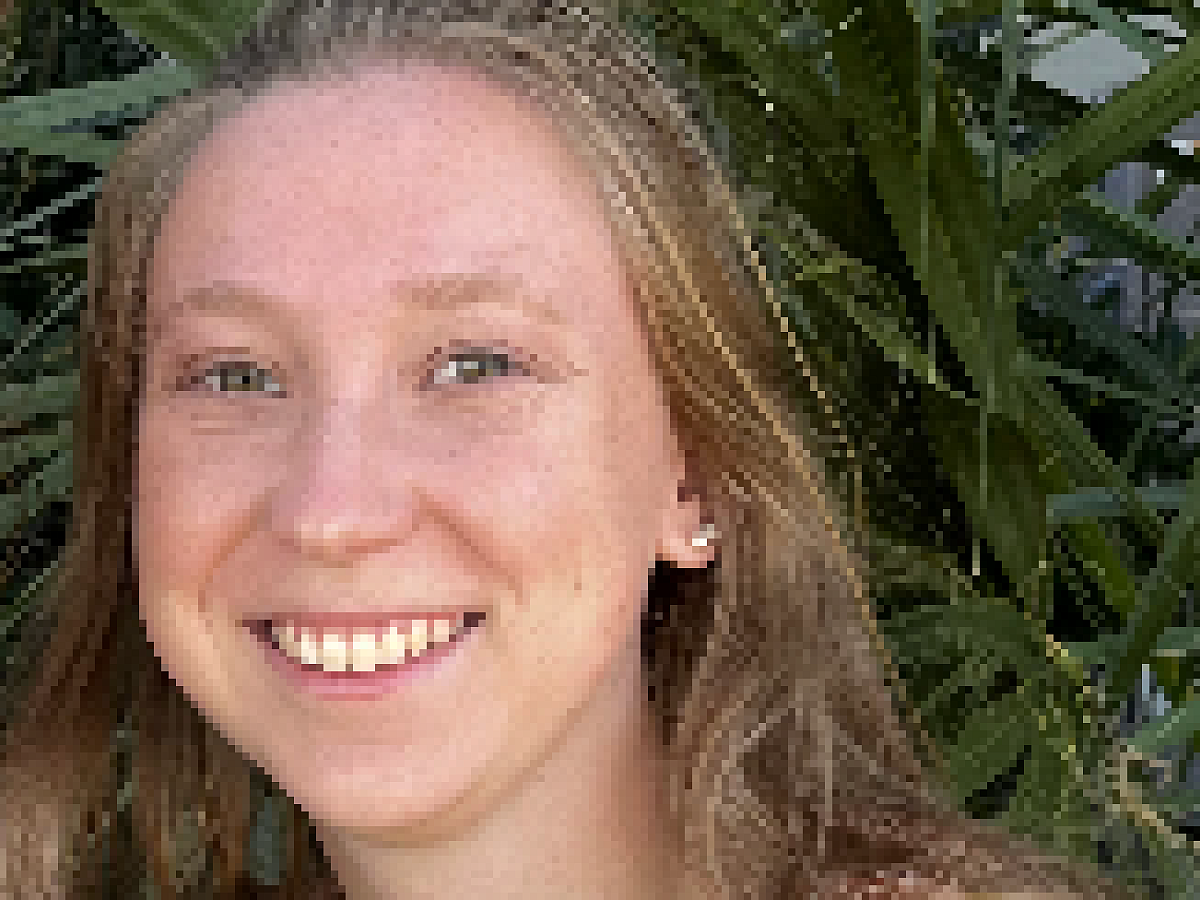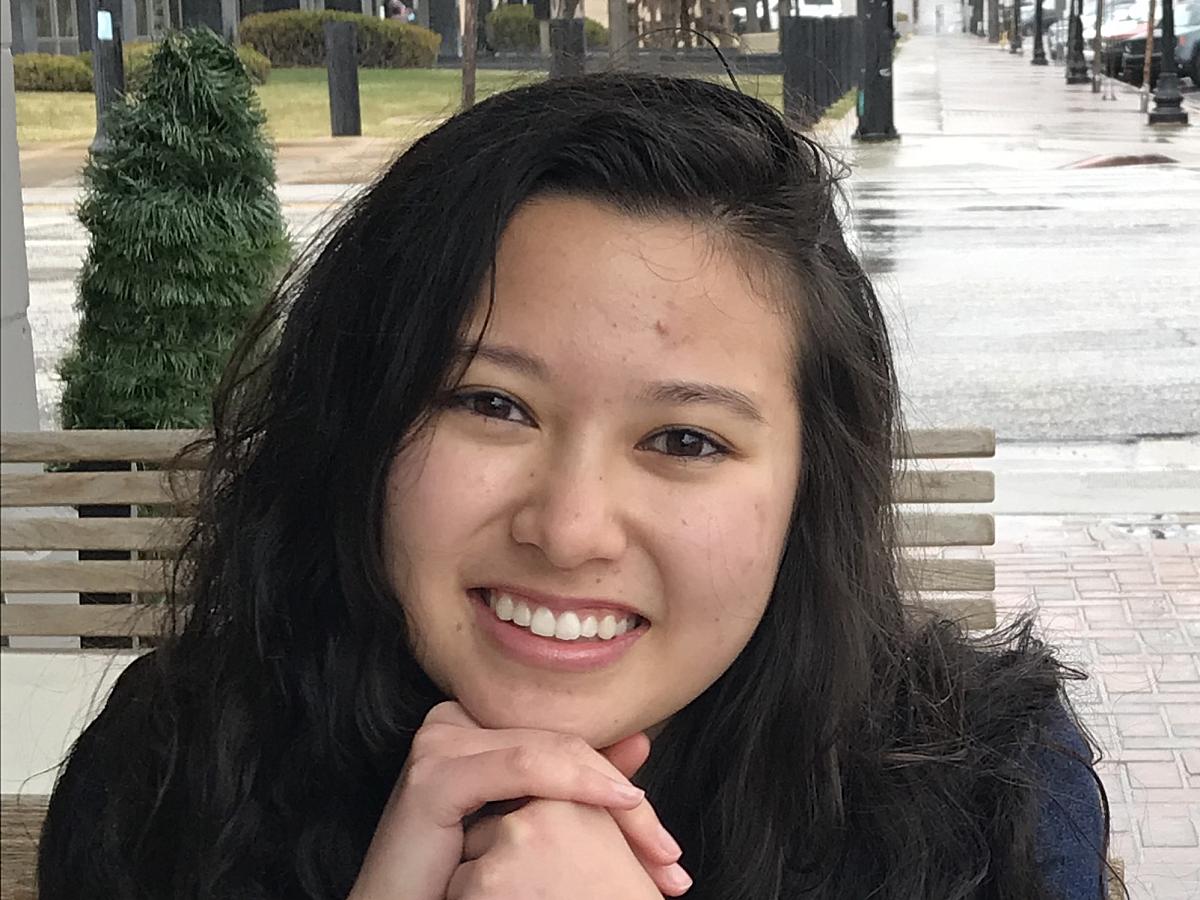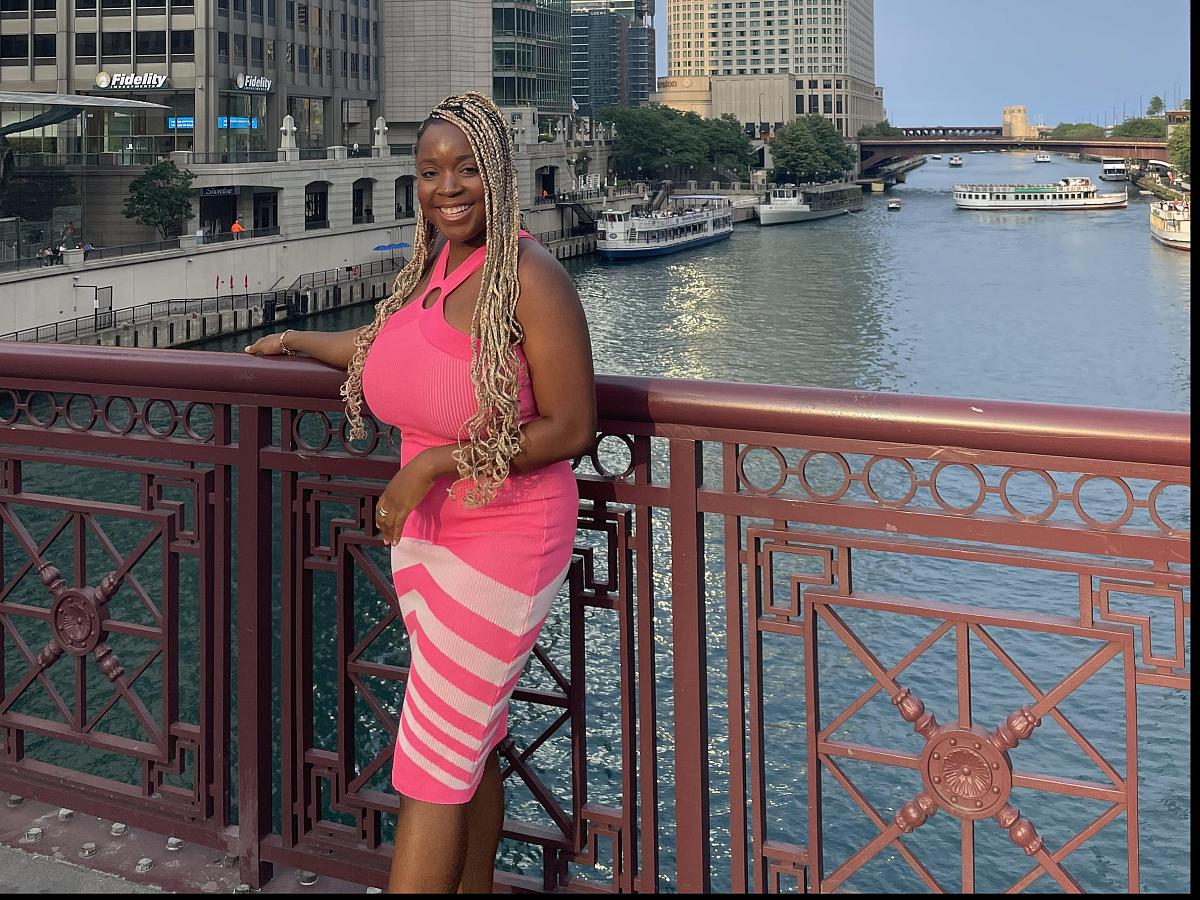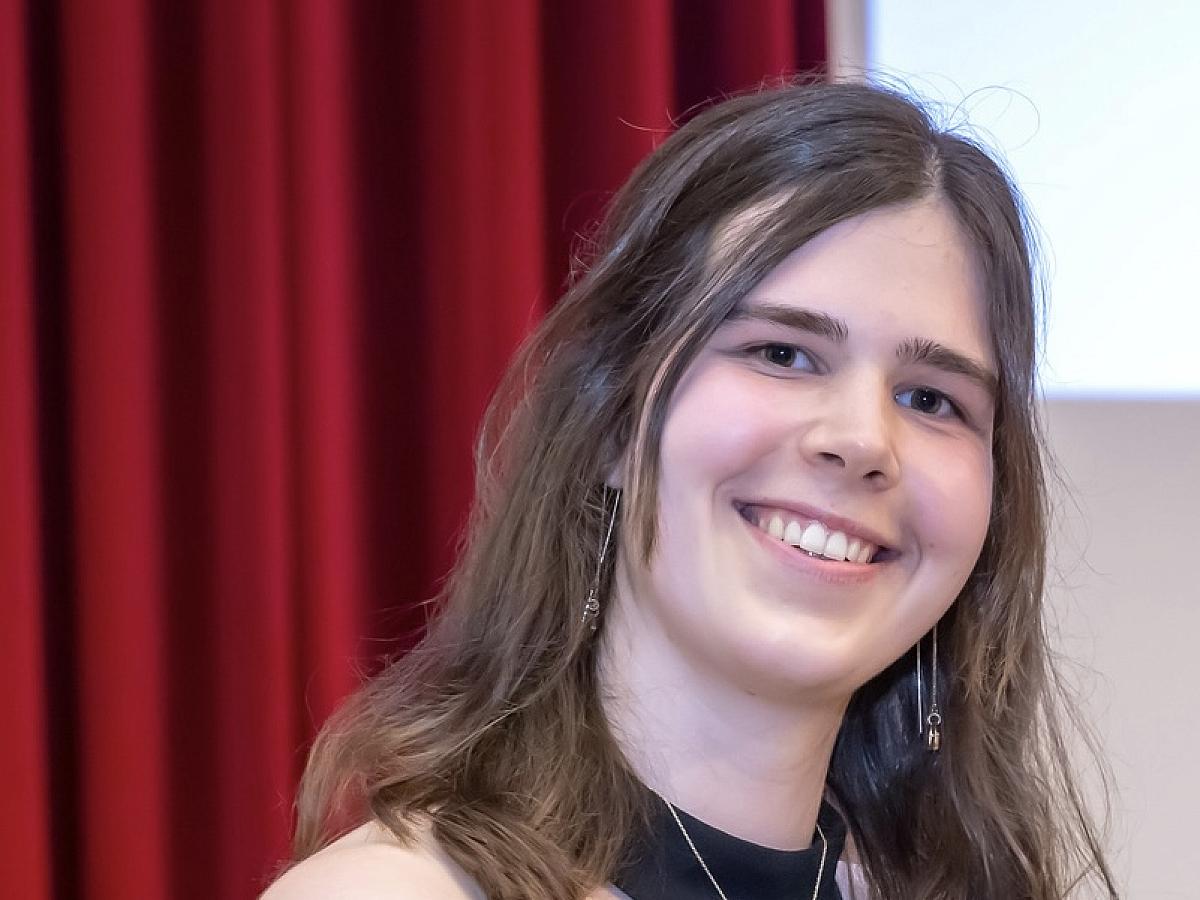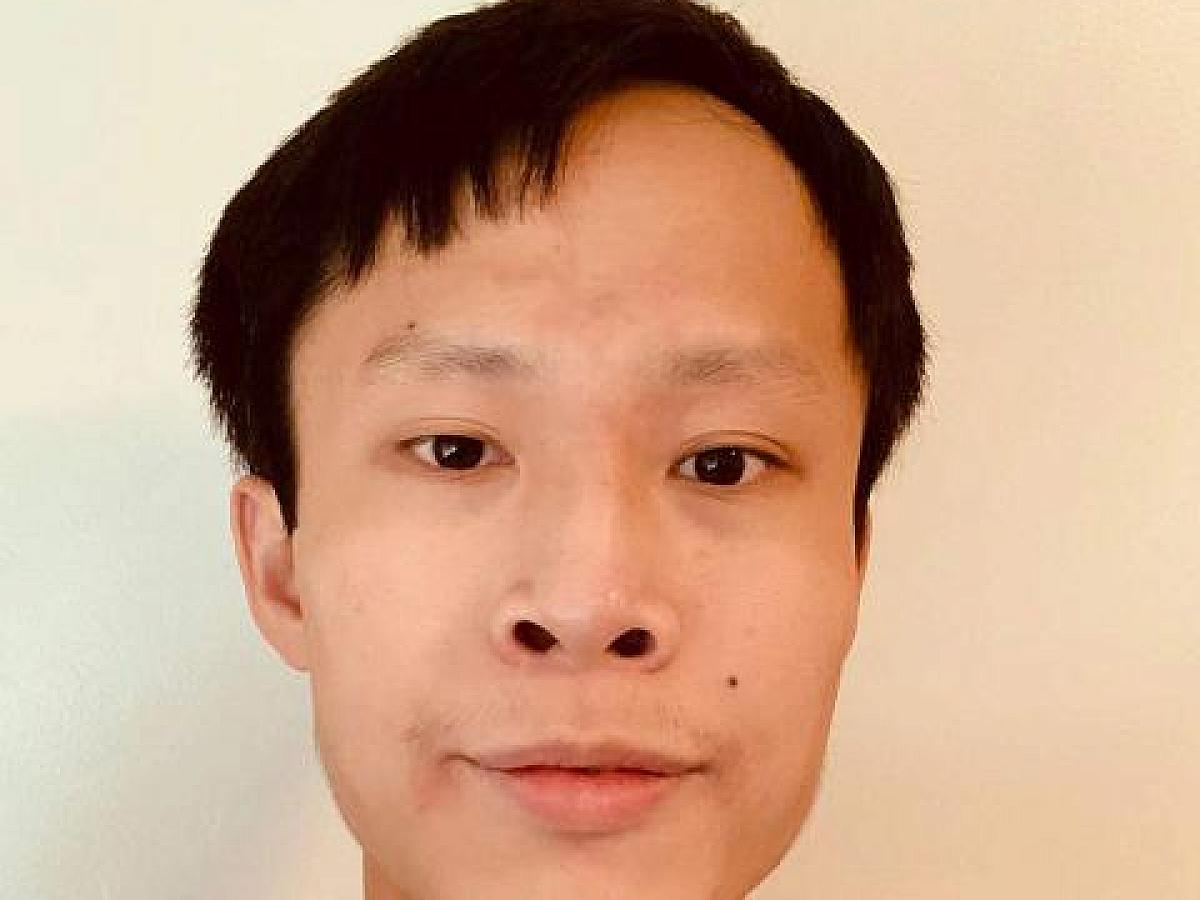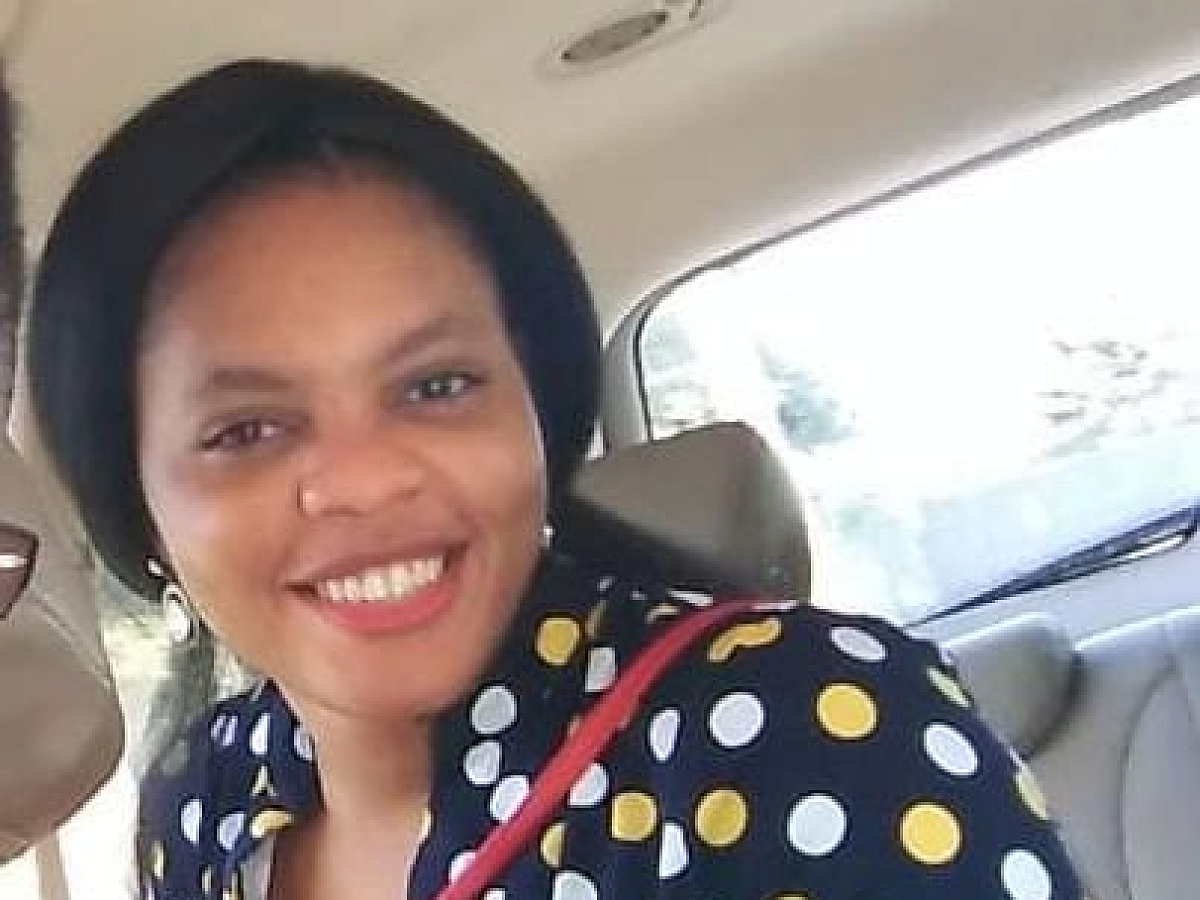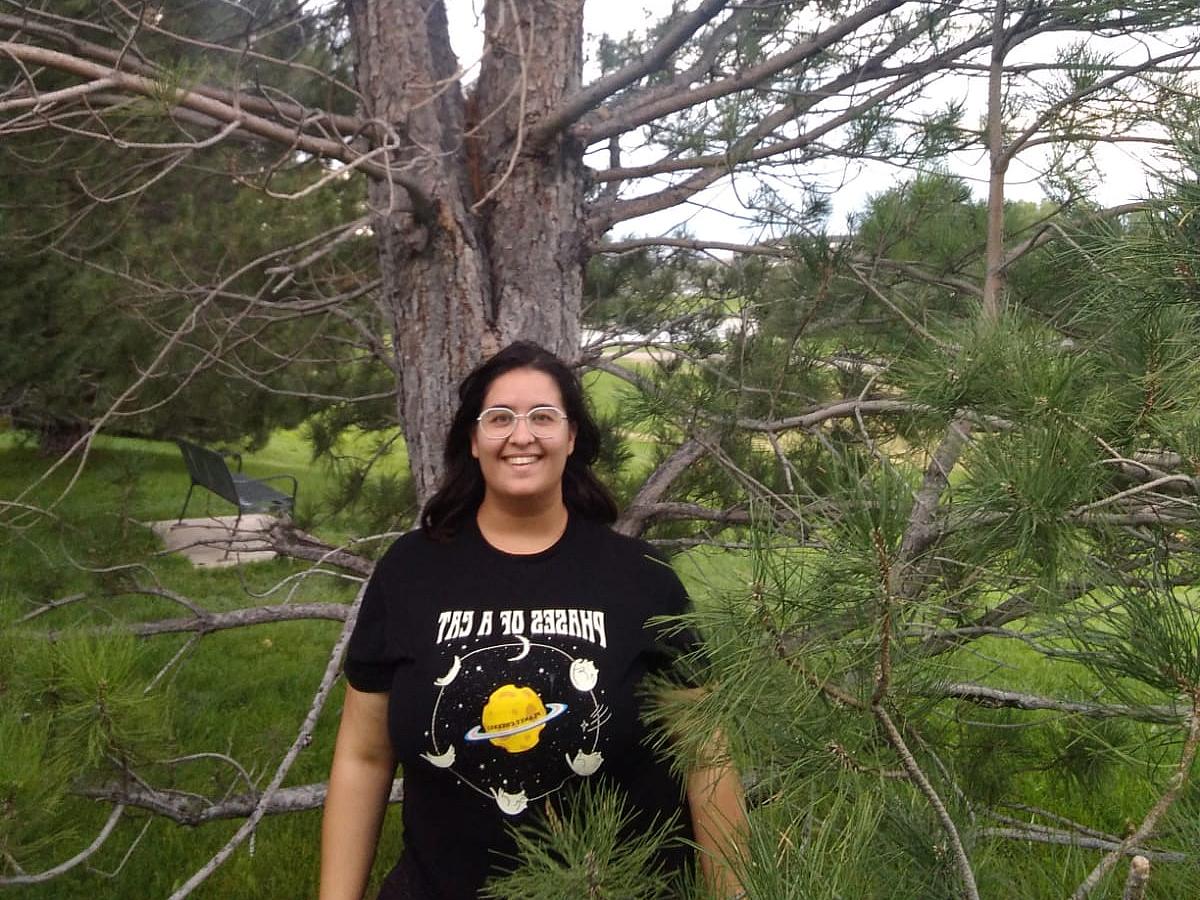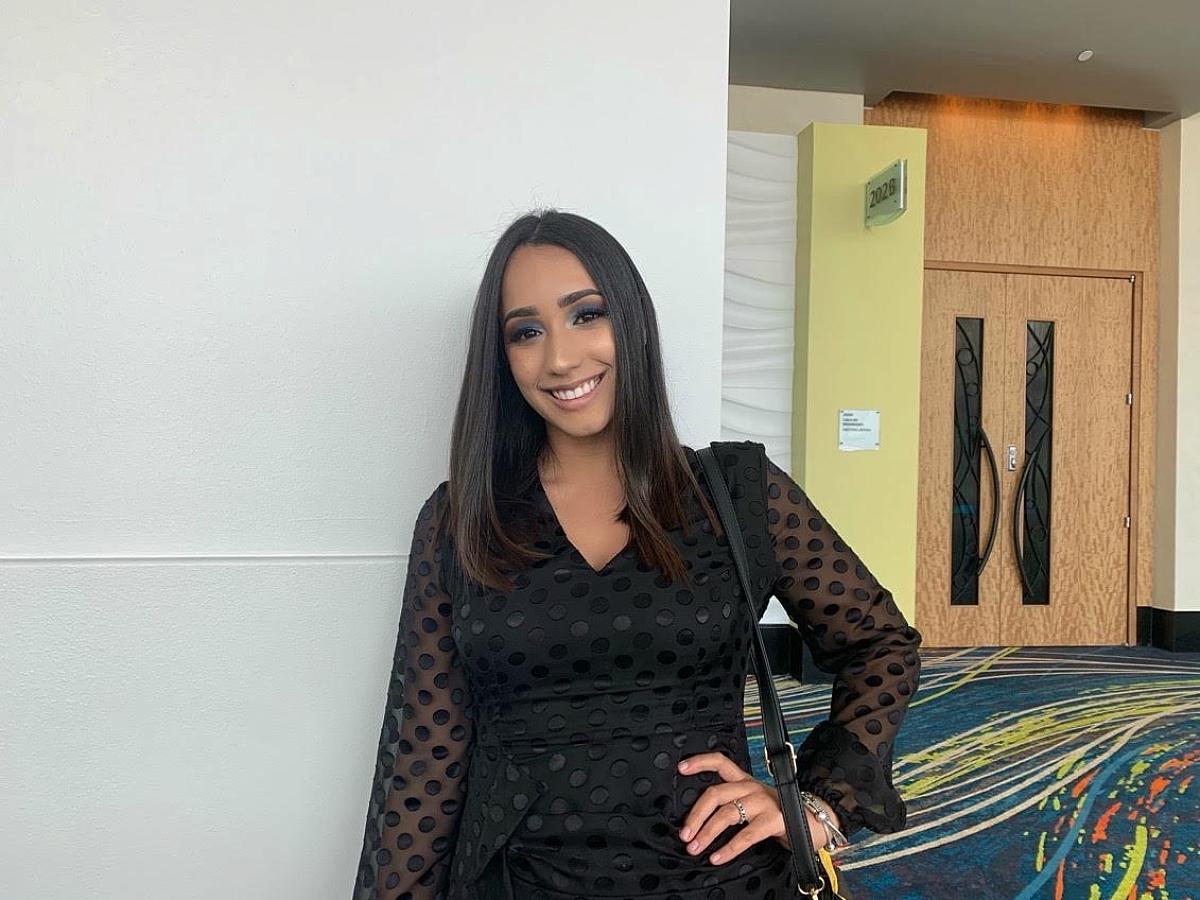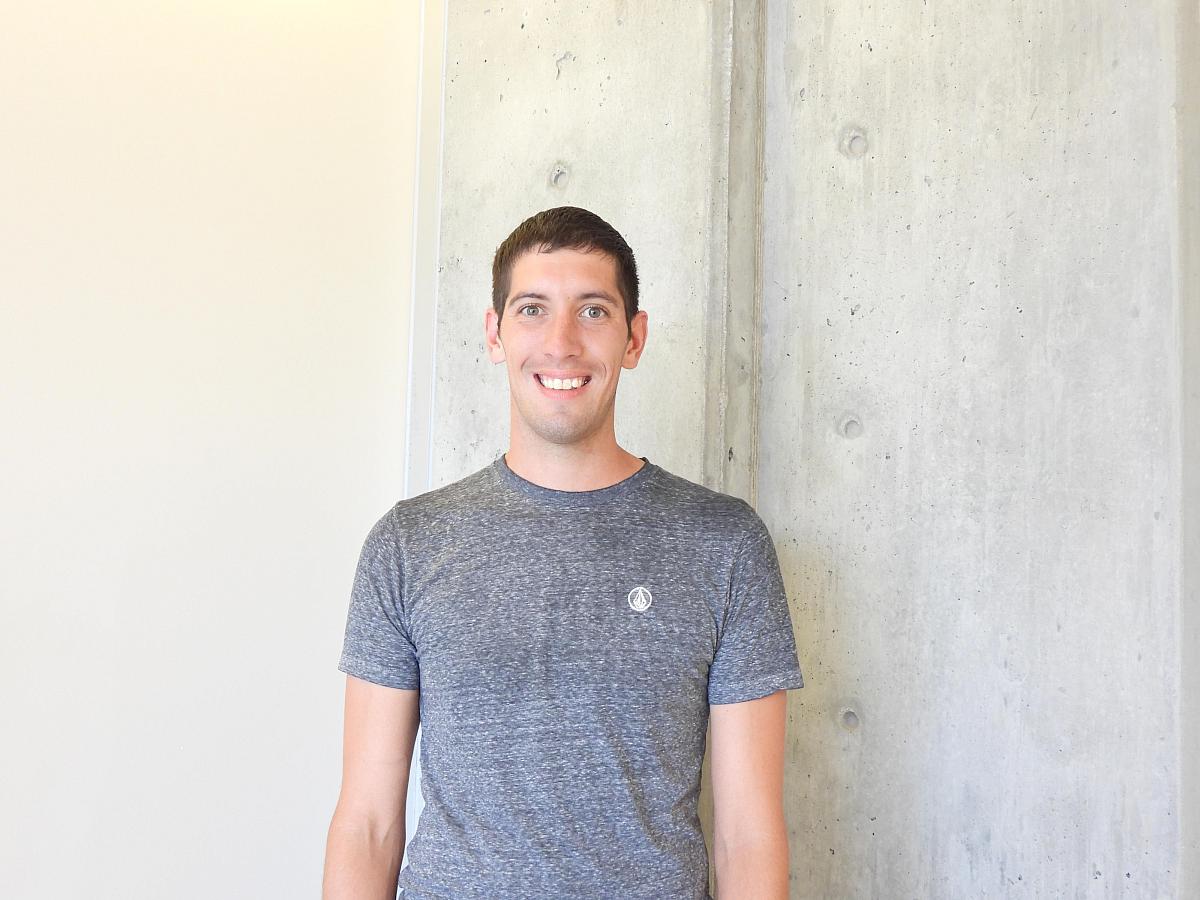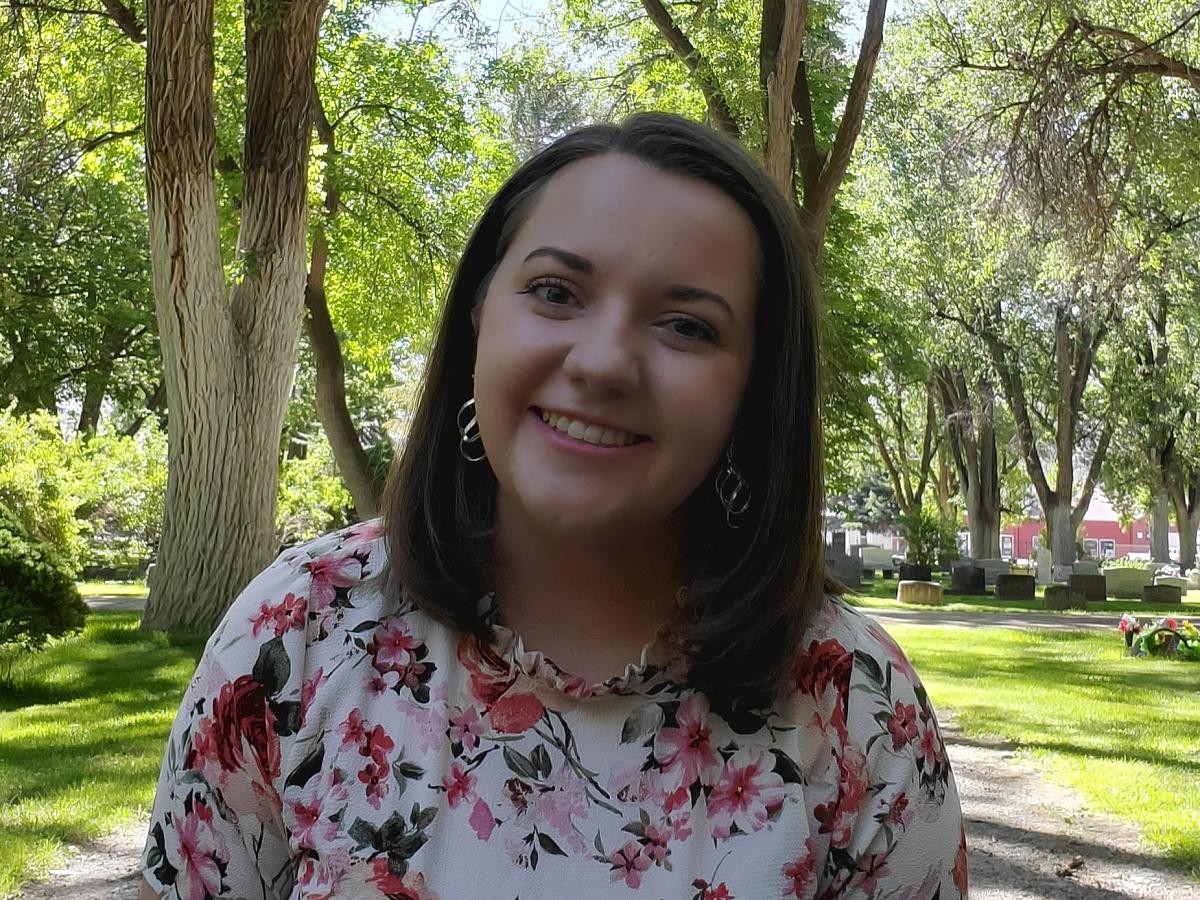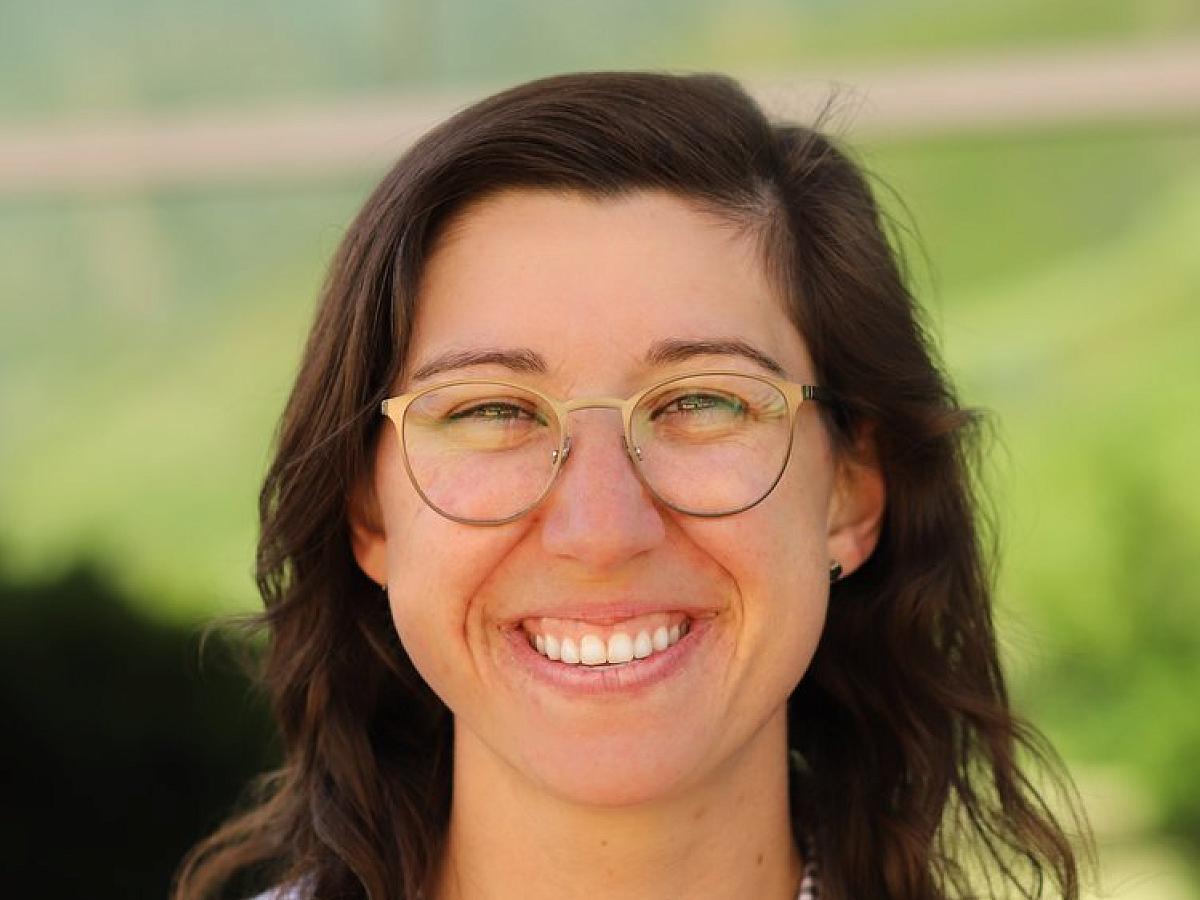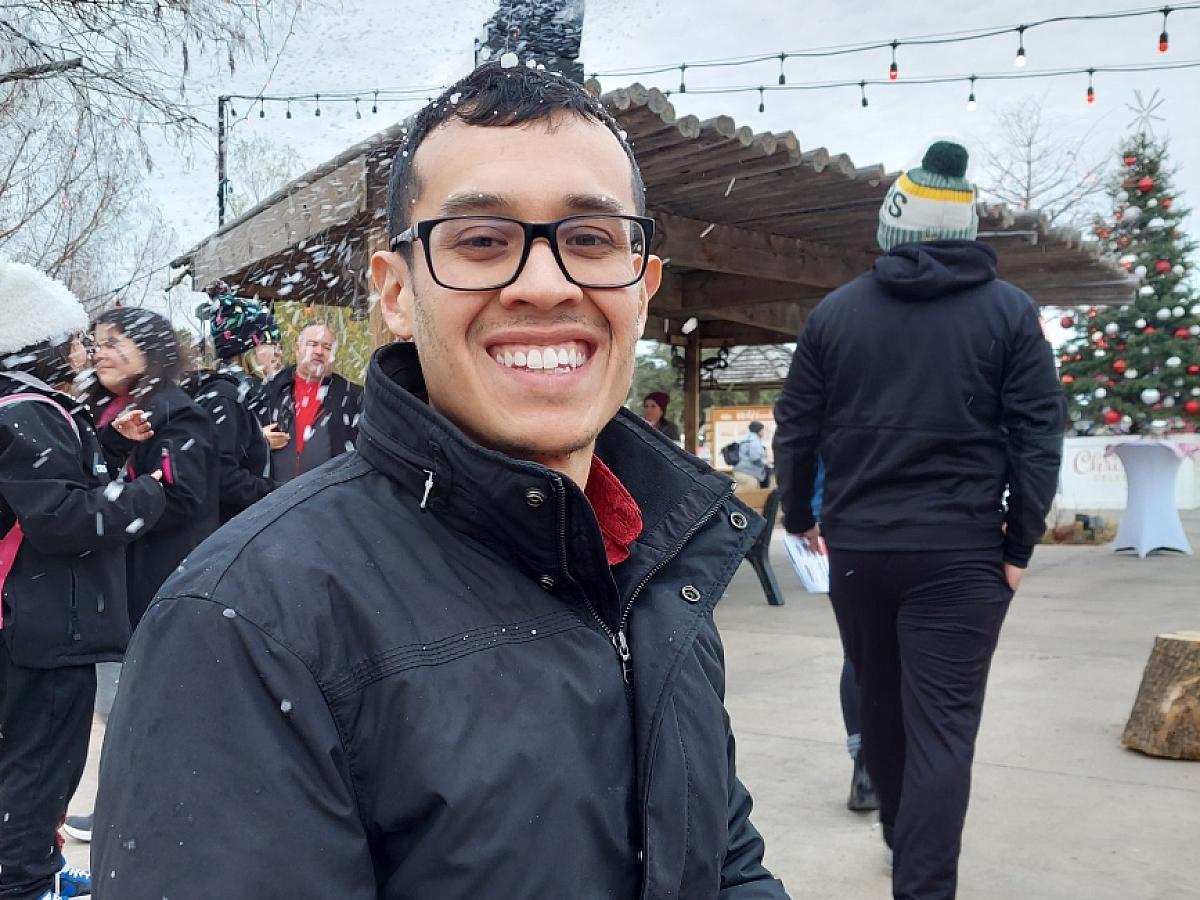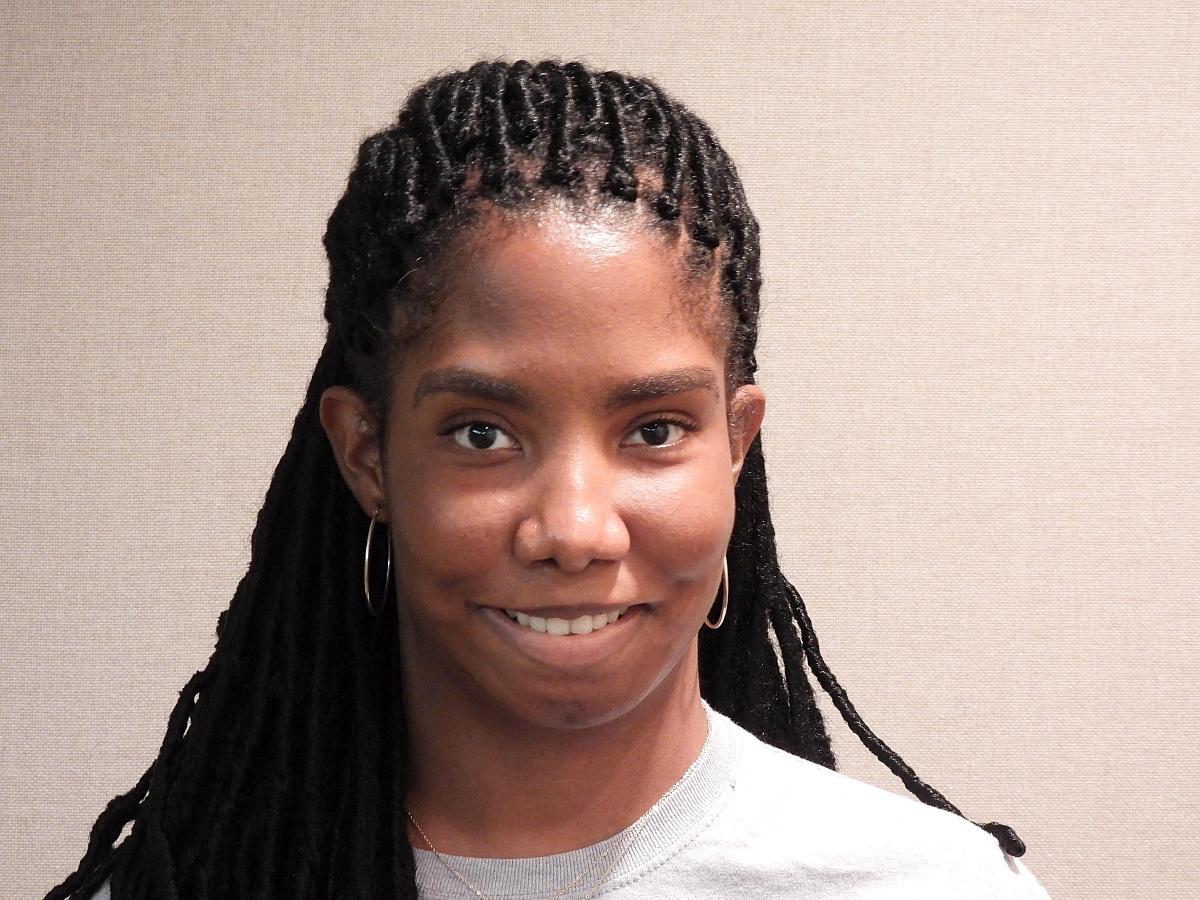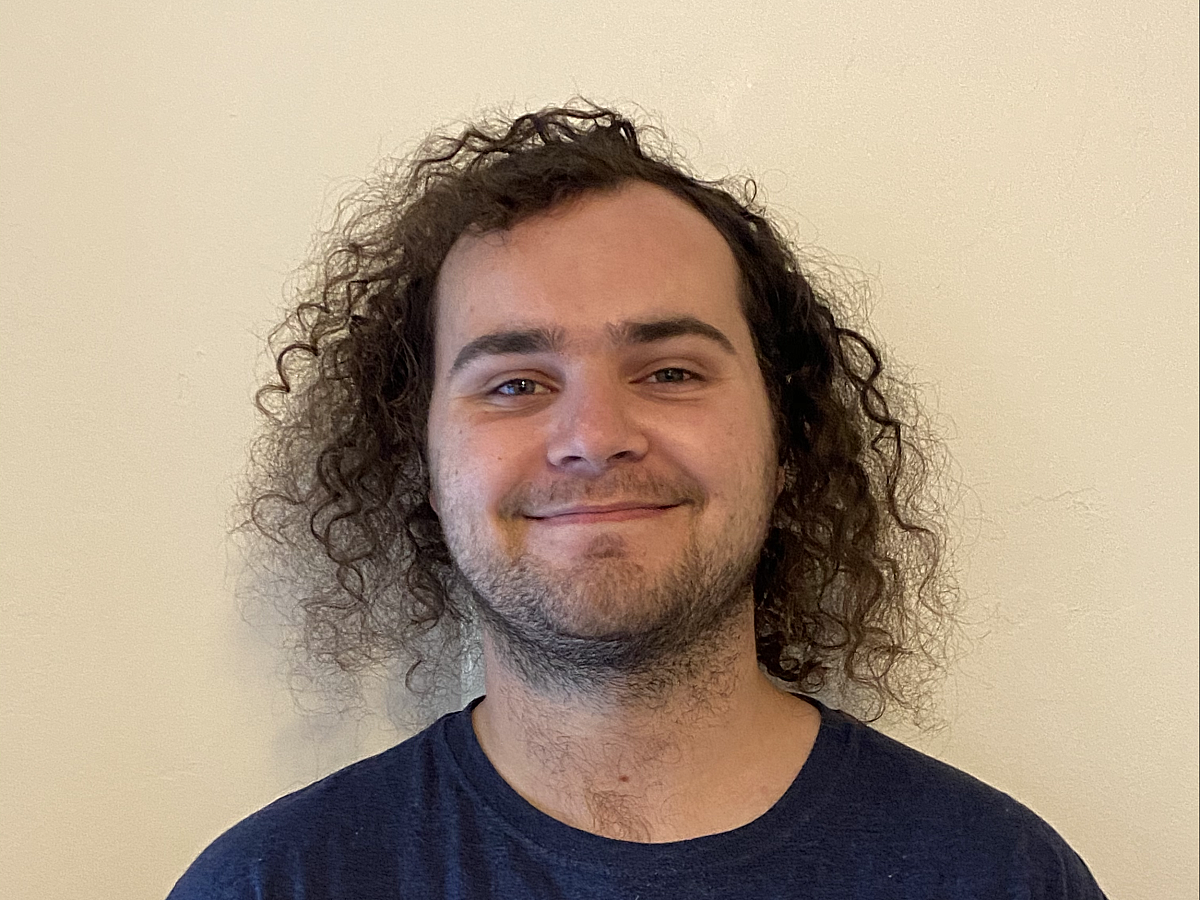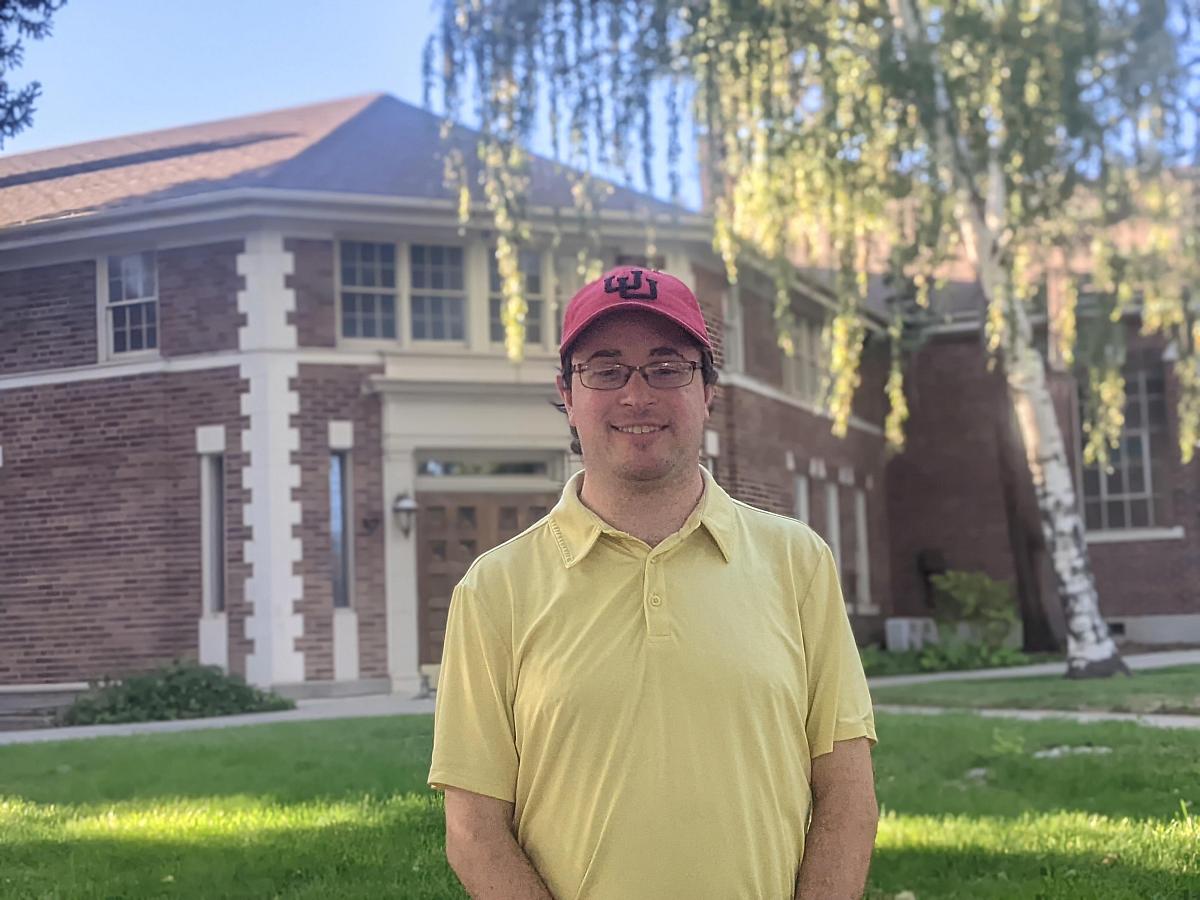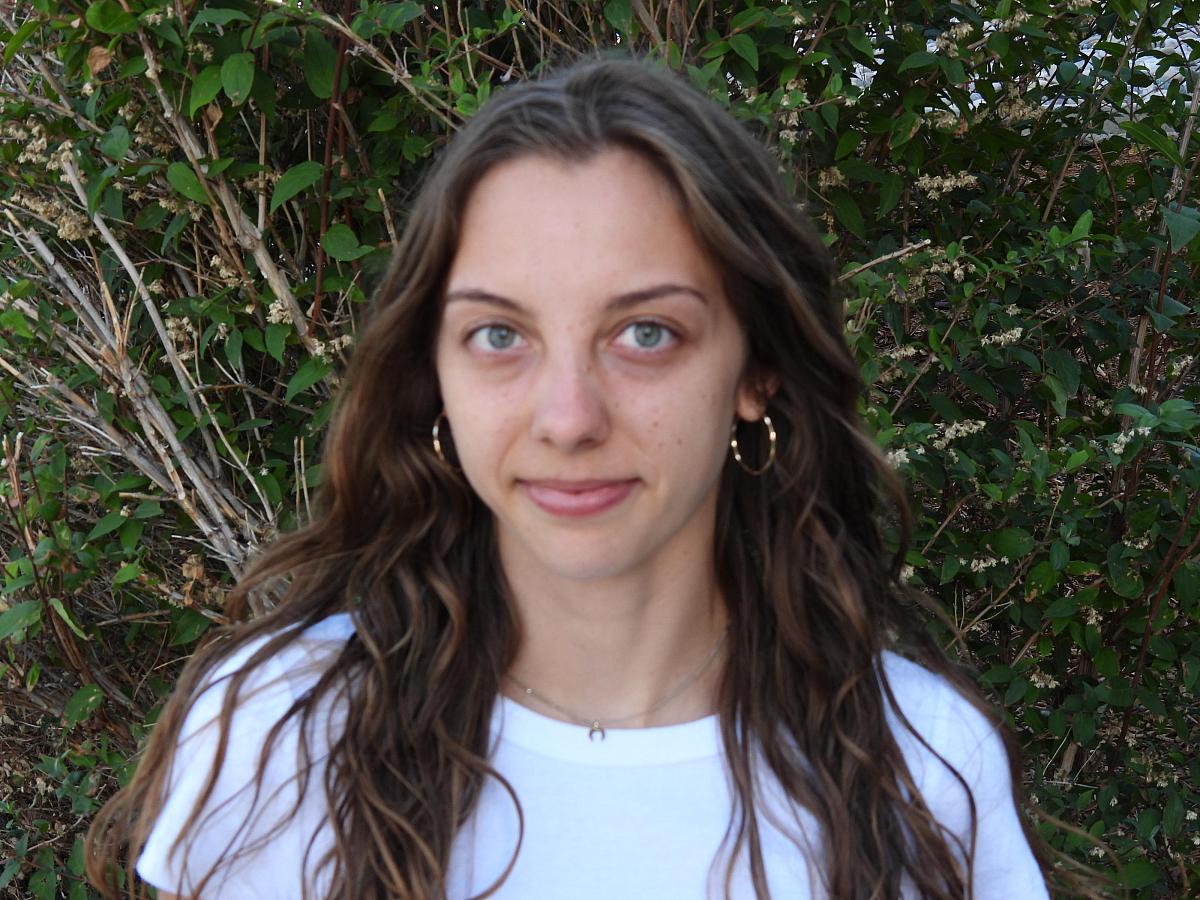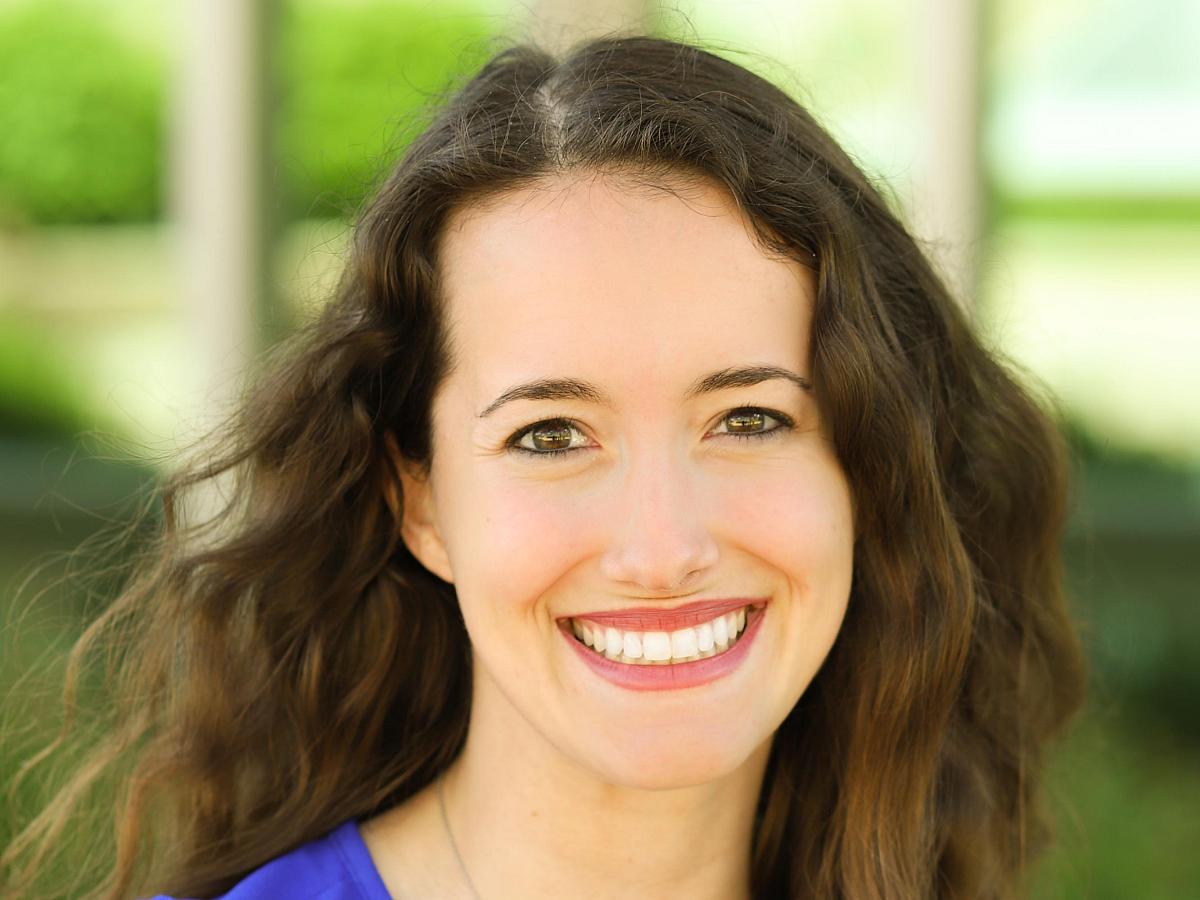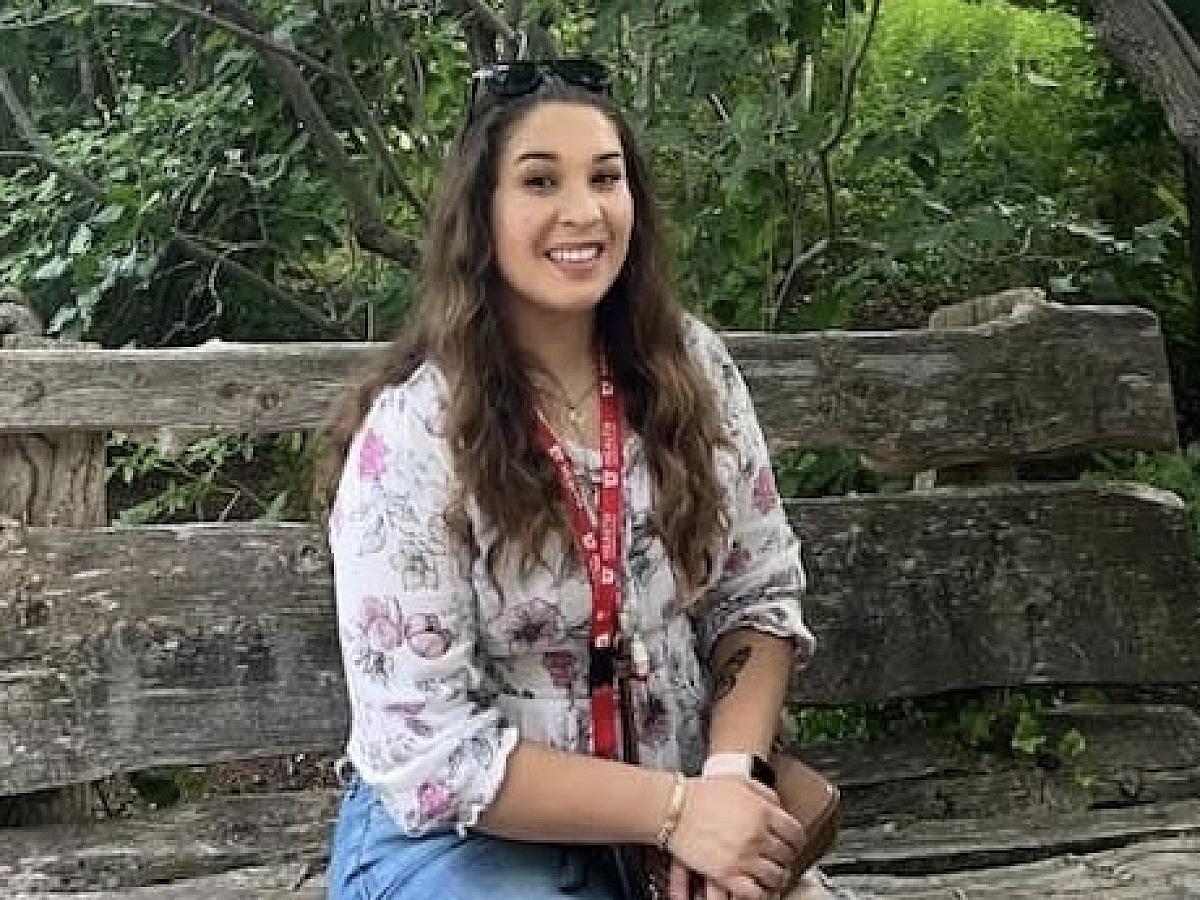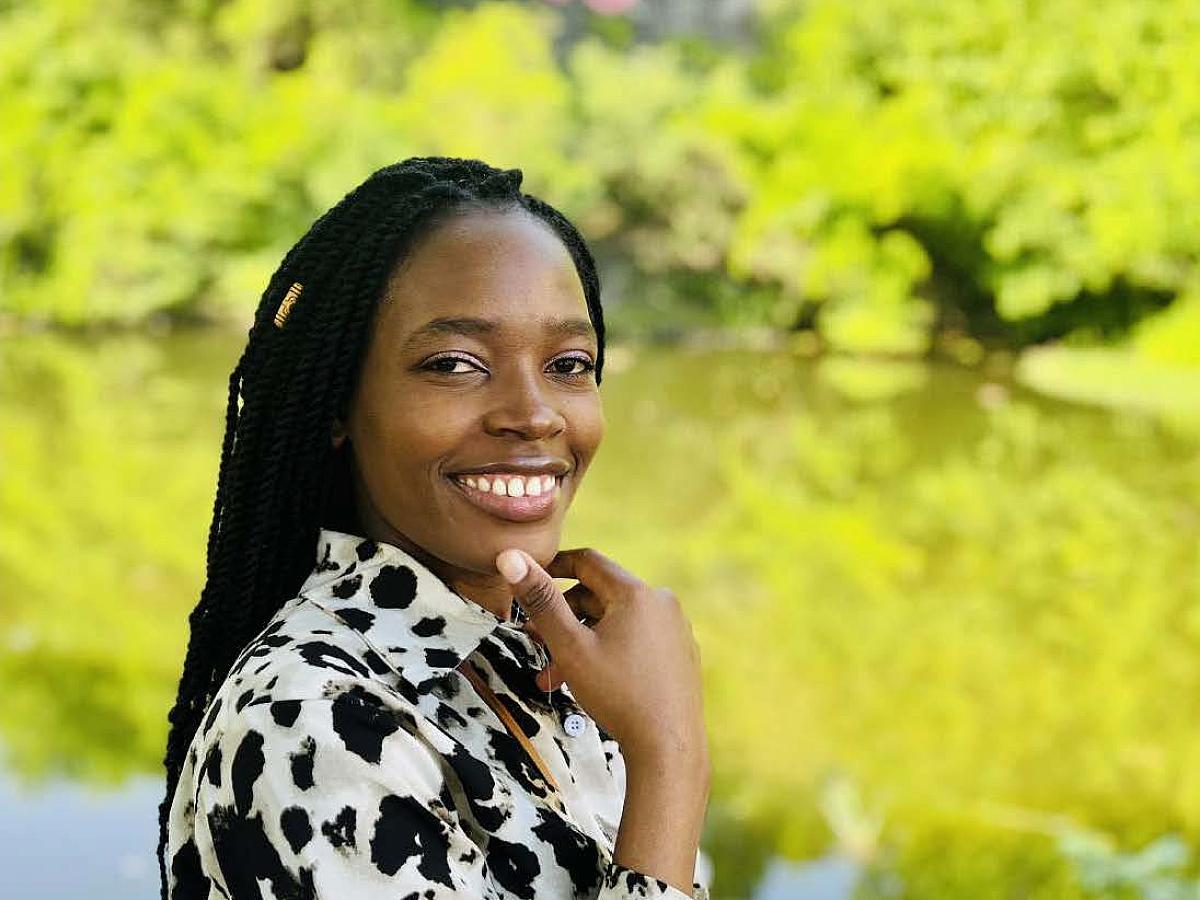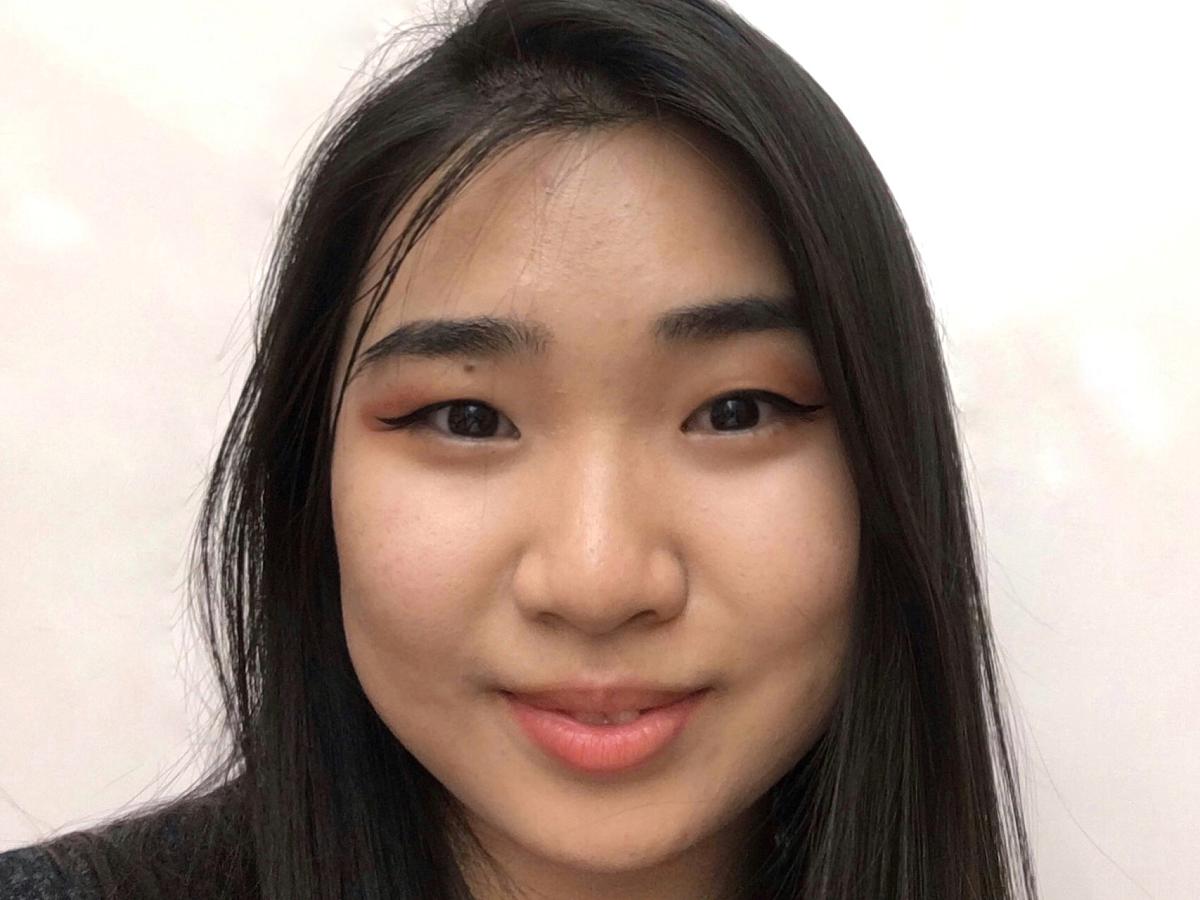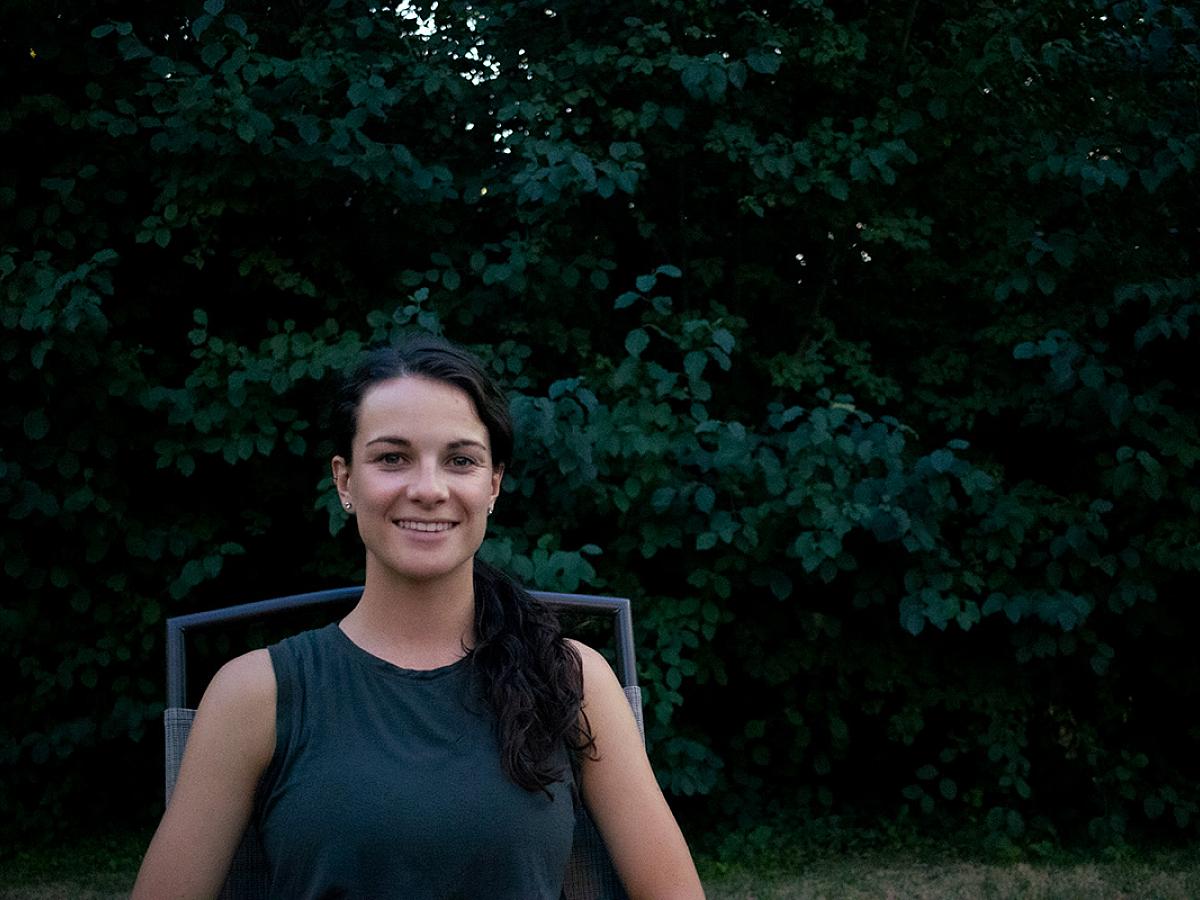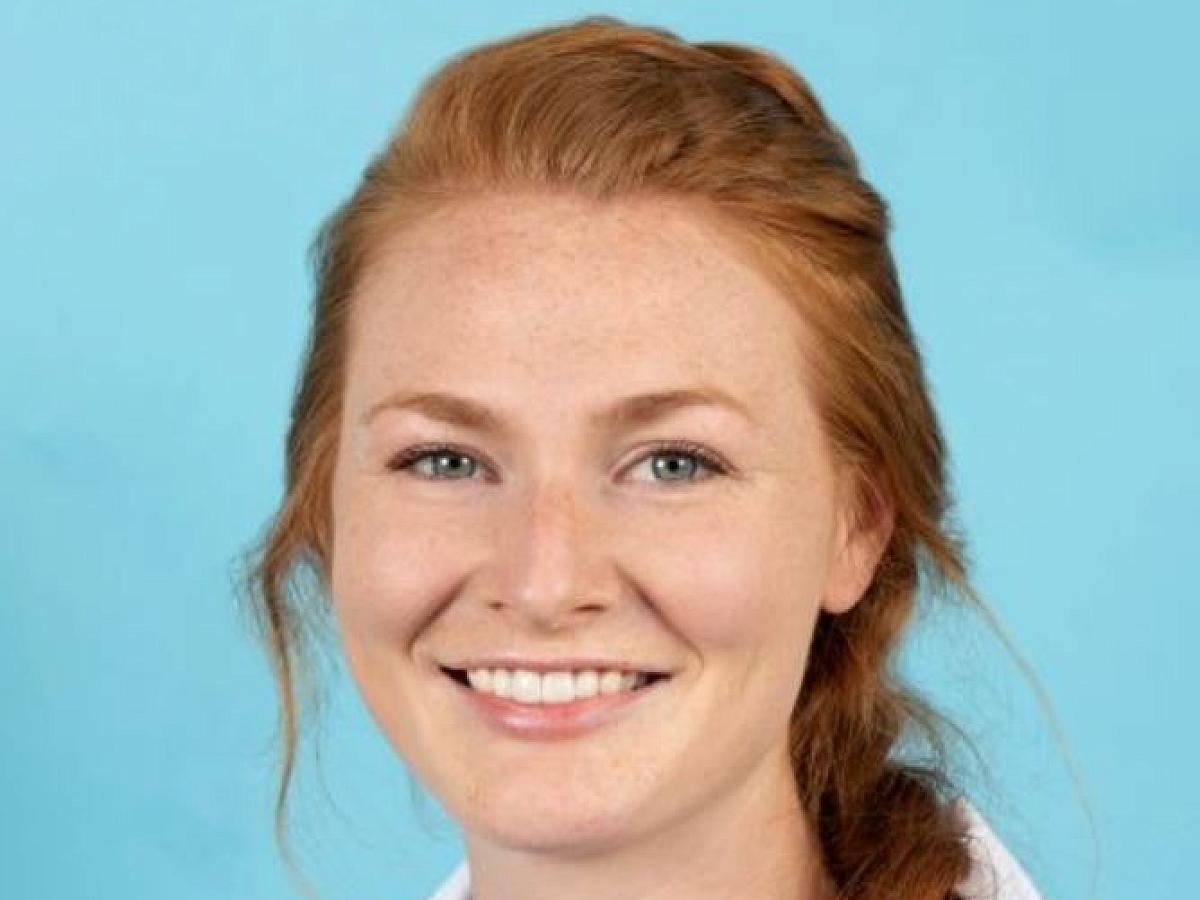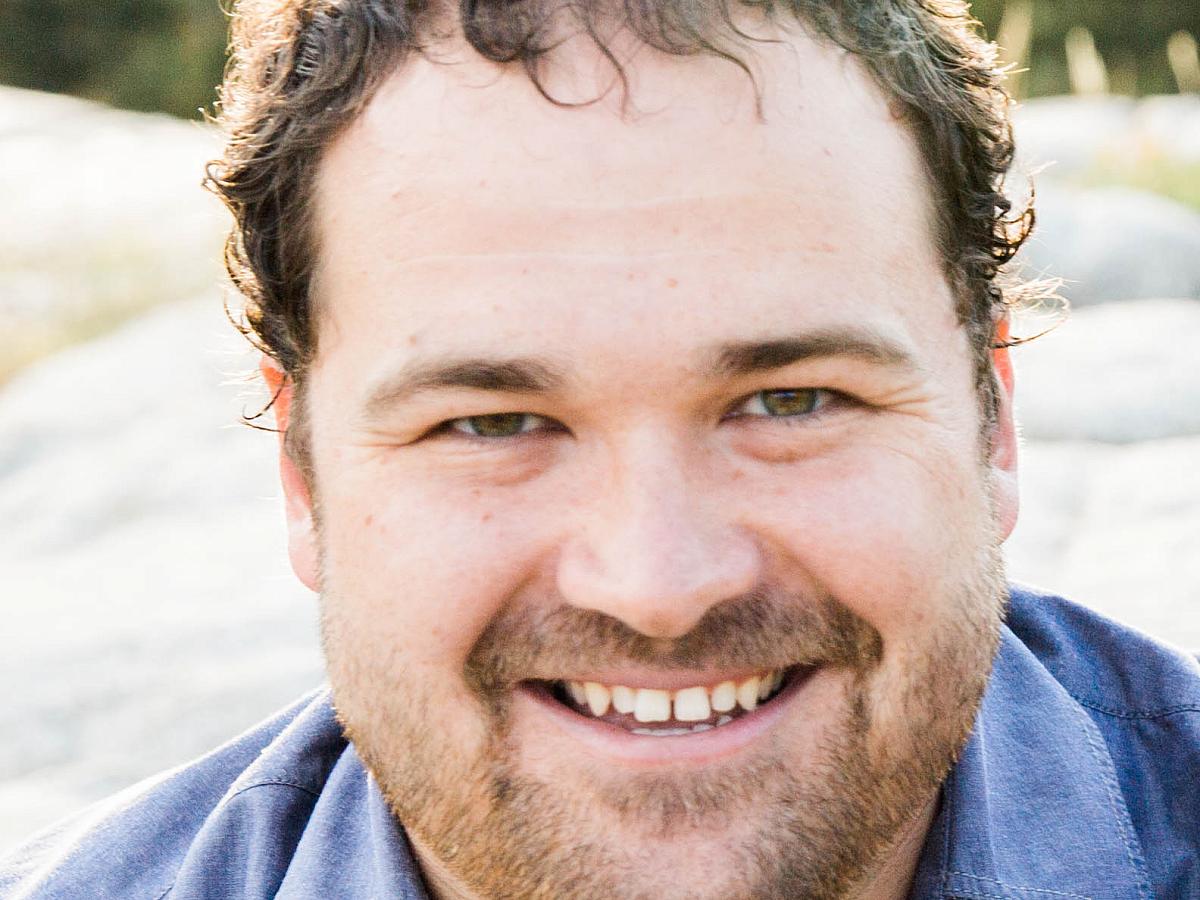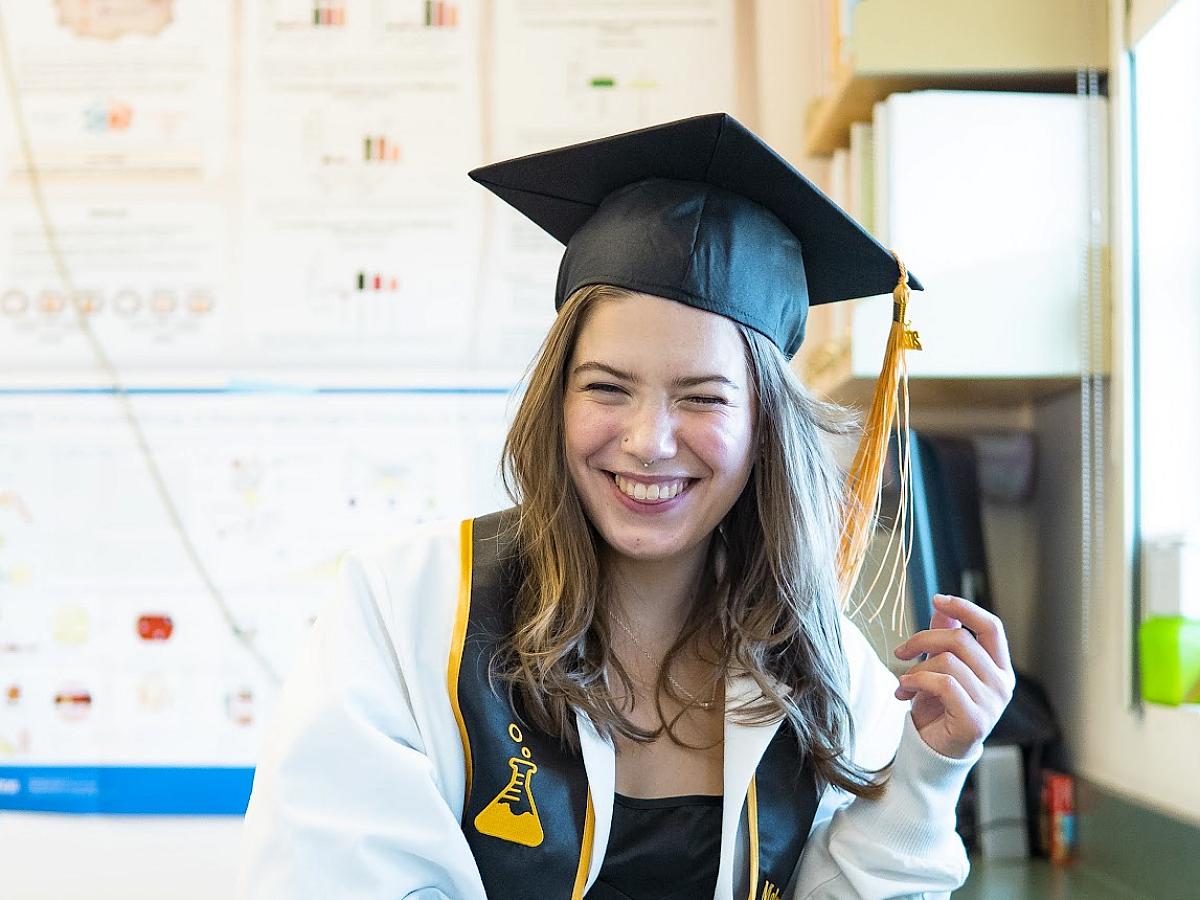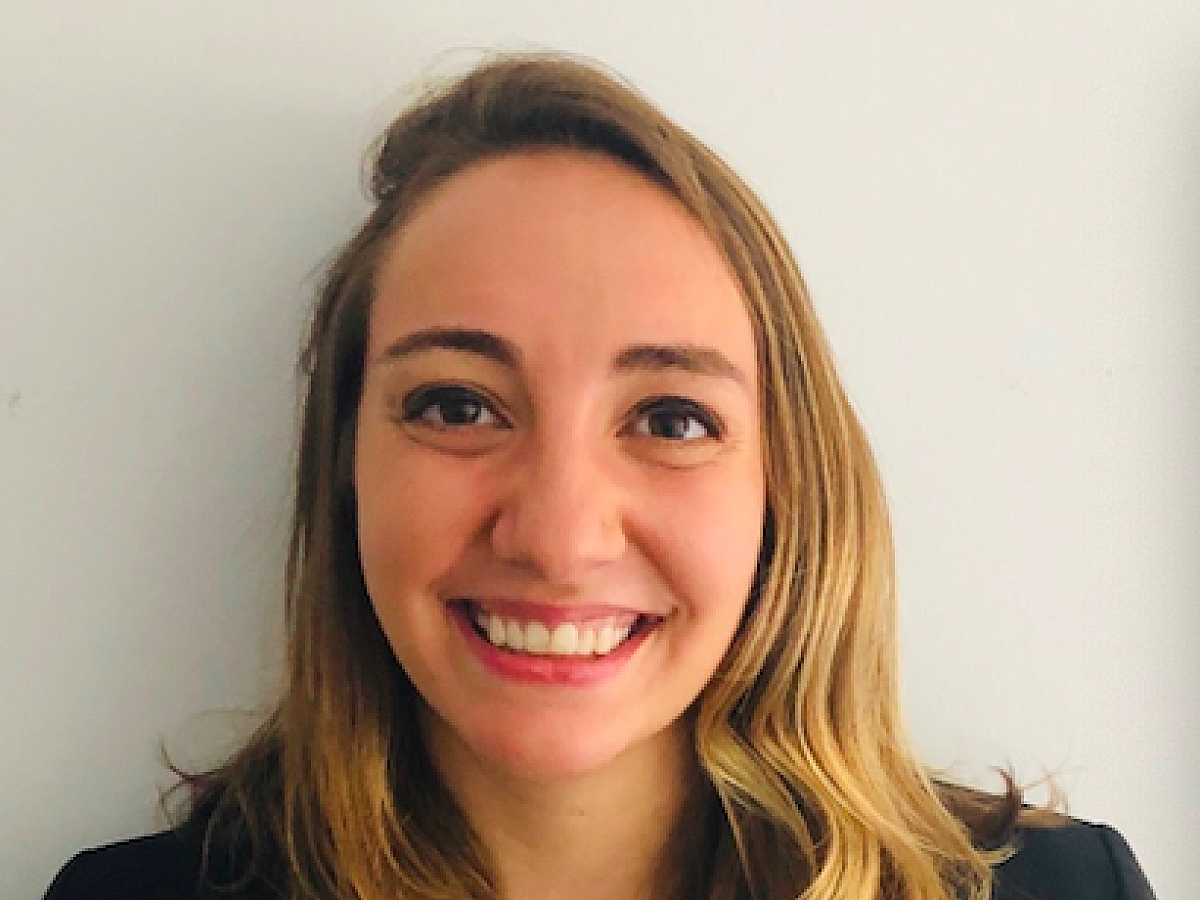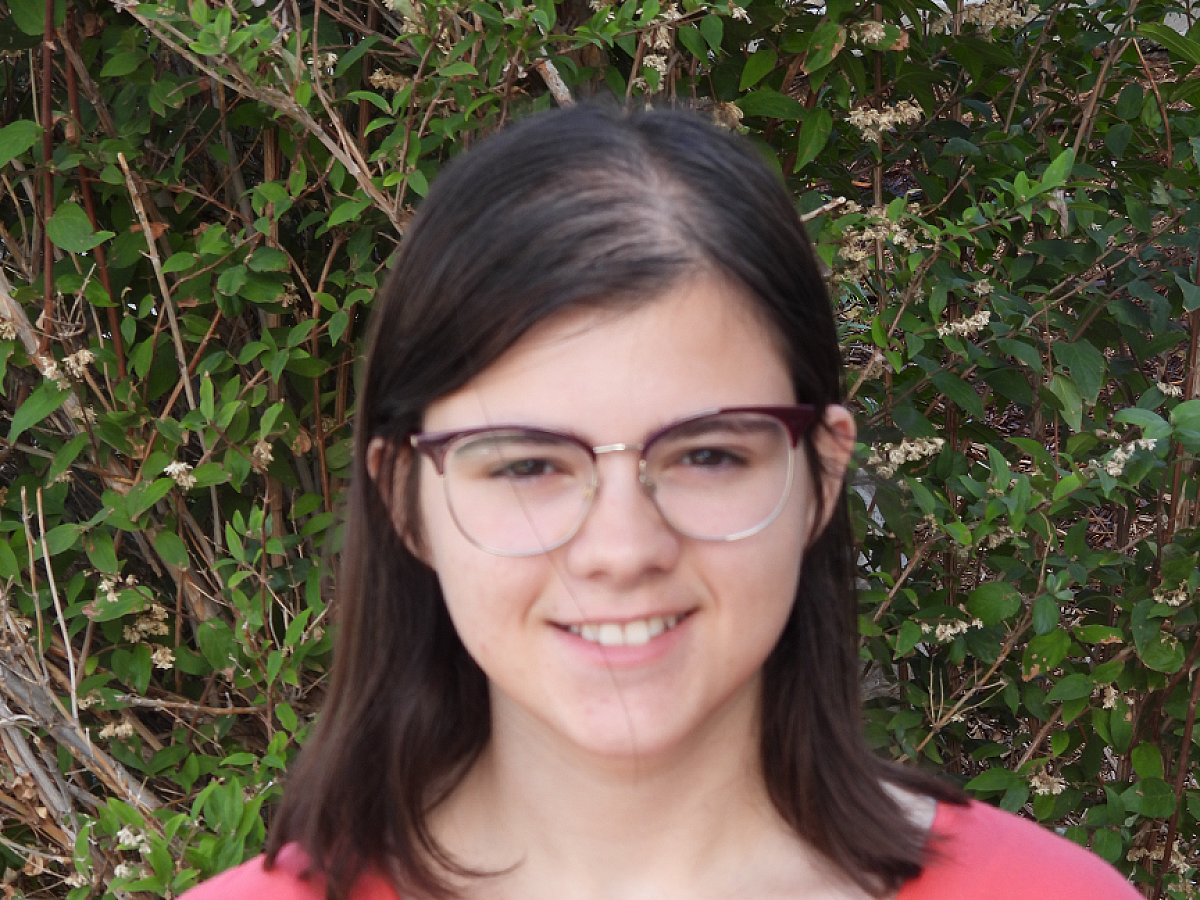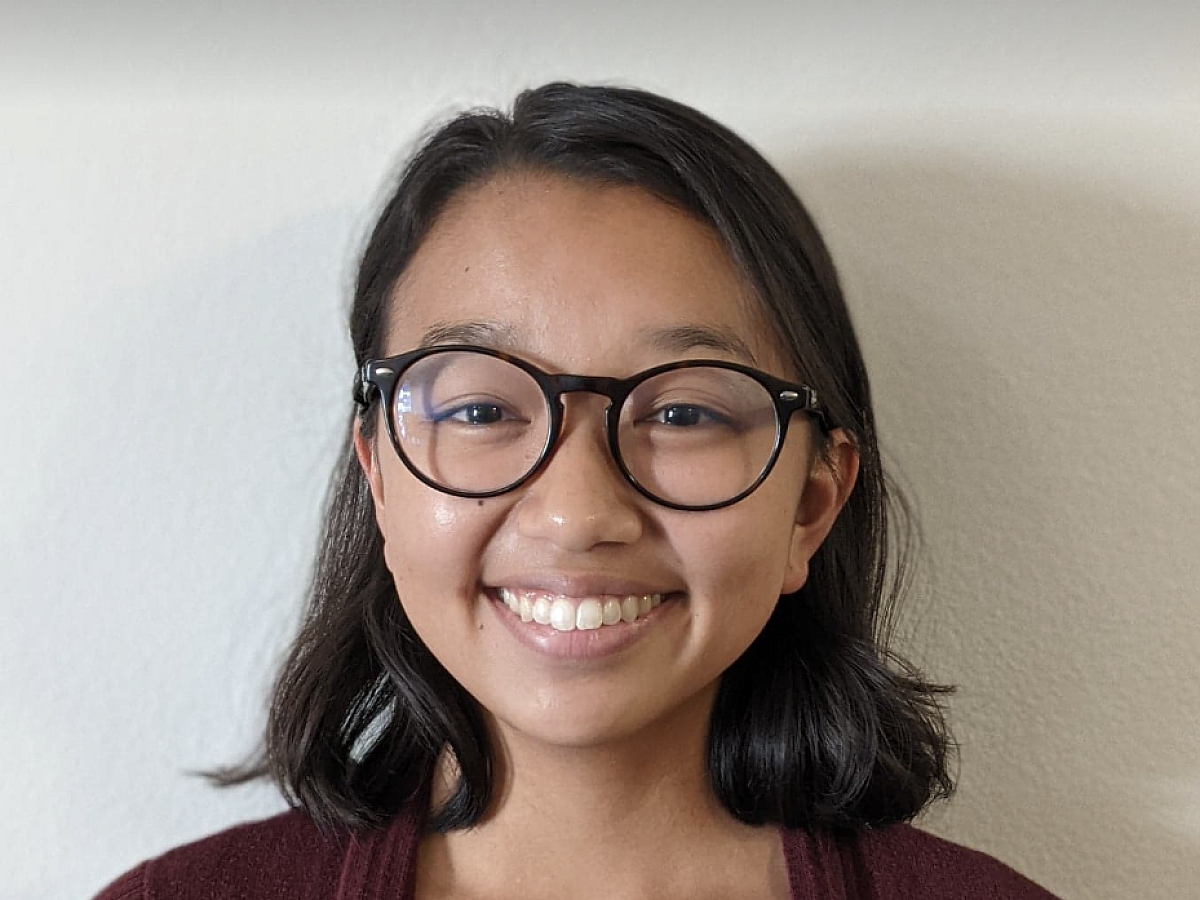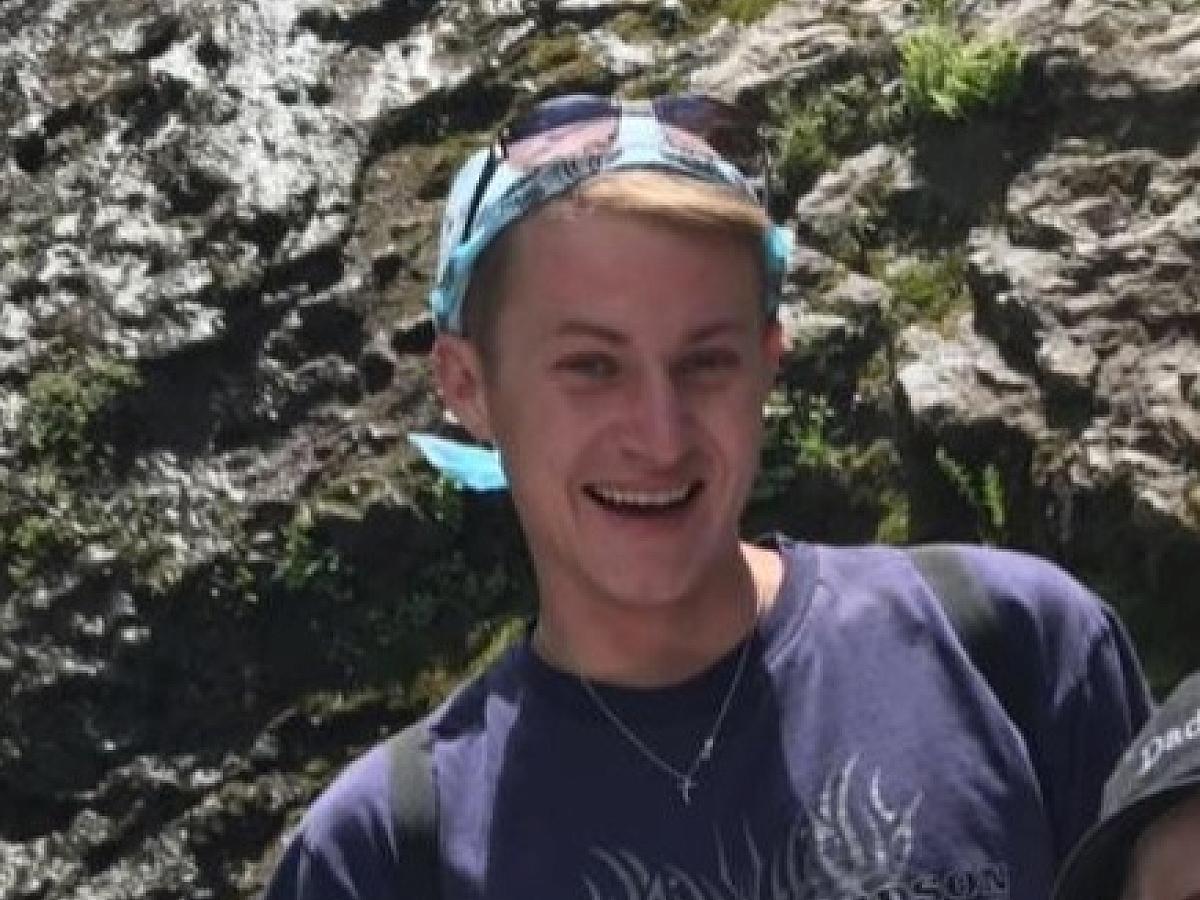Nouf Alijobaily
I was born and raised in Riyadh, Saudi Arabia. In 2010, I moved to Montgomery, Alabama; shortly after I moved to Colorado where I received both my B.S. and M.S. degrees in Biological Sciences from the University of Northern Colorado. During my M.S. years, I studied various Liver diseases. One in which I looked at how fatty diet impact the methylation status of liver core clock genes and clock-controlled genes. Then, in collaboration with another lab, I looked at how creatine monohydrates supplementation can alleviate doxorubicin-induced hepatotoxicity. And Last, I worked on how low dose of Cannabigerol (CBG) can reduce hepatic fibrosis and inflammation in Non-Alcoholic Steatohepatitis-induced mice. Currently, I am working in Dr. Maria Bettini’s lab, where my project focuses on understanding Regulatory T cell stemness in Type I Diabetes. In my free time, I enjoy drinking tea, gardening, cooking, and reading books.
Drew Allred
I grew up in West Valley City, Utah and graduated from Utah Valley University with a B.S. in biotechnology. During my undergrad, I interned at bioMerieux for two summers in the R&D department for molecular diagnostics. I got to put my education to use and learned a lot more about molecular biology and microbiology. I got to see how different education levels open doors to different kinds of work and I decided to pursue a PhD. I joined the MB side of the Biosciences program and ended up joining the JB Lubin lab. My current research focuses on Akkermansia species and their influence on host and microbiome health when colonizing the gut in early life. Outside of the lab I play oboe in the Utah Medical orchestra, and I love playing piano. I also like cooking, model building, and ice skating in any extra spare time I have.
Jared Andersen
After growing up across the United States and Germany, I graduated from the University of Utah with a B.S. in Chemistry and Philosophy. I was initially attracted to the University of Utah’s strong research record and found a place studying gene regulation networks as an undergraduate that developed skills I used when I started working as a software engineer for Myriad Genetics after graduation. The use of genetic sequencing information to inform biological knowledge and generate actionable interventions inspired me to pursue a career in bioinformatics. I returned to the University of Utah to purse an M.S then PhD in Biomedical Informatics and found a place in Dr. Tracey Lamb’s laboratory which allowed me to explore this relationship through the lens of malaria. I am currently analyzing RNA sequencing data to explicate the transcriptome of germinal B center subsets in Plasmodium infection and investigate the role of T cell expressed ephrin B ligands in experimental cerebral malaria. Additionally, I am interested in developing computational tools to enhance the interpretability of single-cell sequencing data in the immune system. Most importantly, however, I hope to use this opportunity to highlight the mutual dependence between informatics and biology and how communication between these two fields is imperative to describe biological reality.
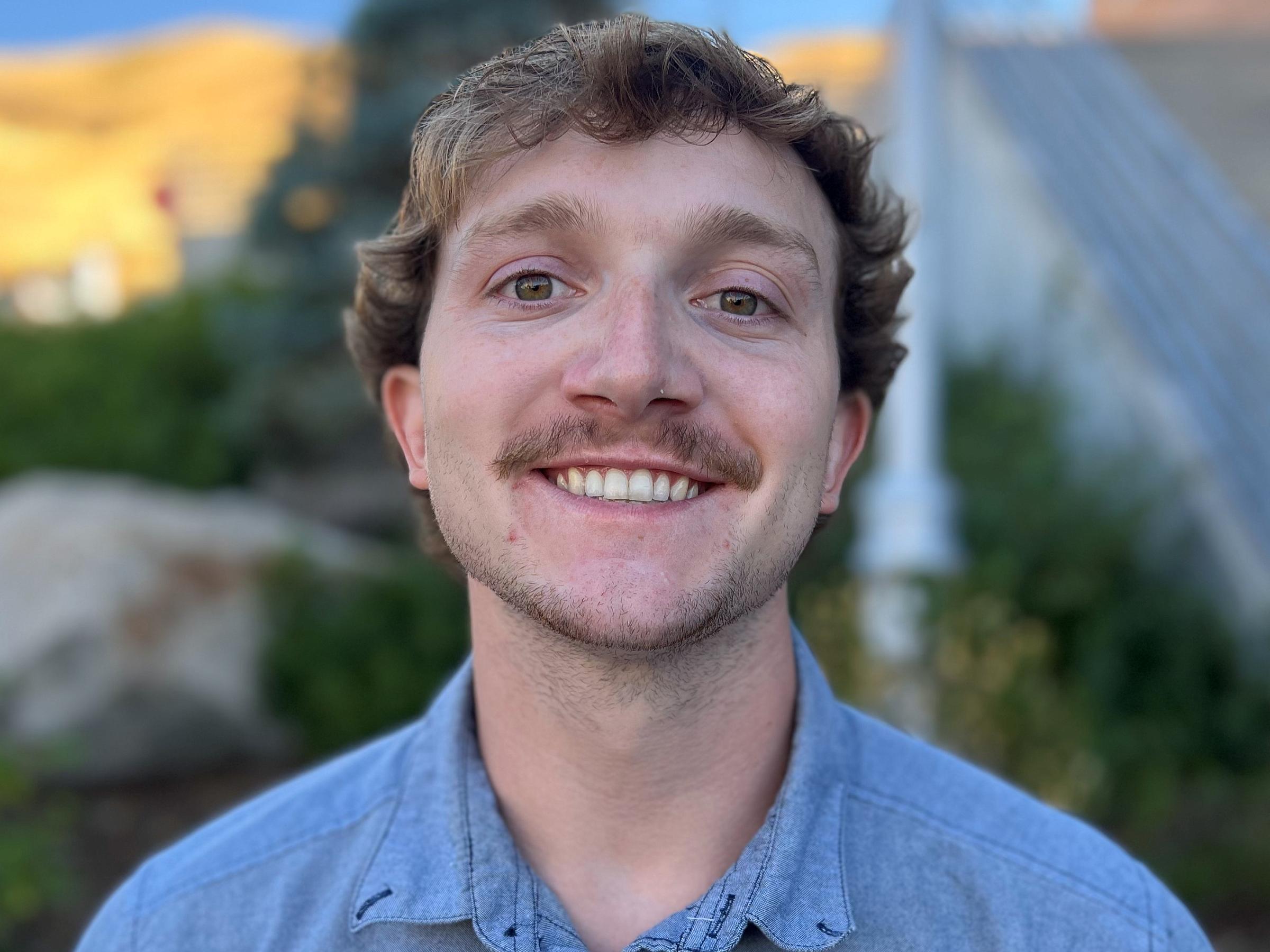
Noah Armstrong
I grew up in Carbon County, Utah, a small community located about two hours South of Salt Lake City. After high school, I moved to Salt Lake City where I received a B.S. in biology with an emphasis on microbiology from the University of Utah. During my undergraduate studies, I was fortunate to land a position in the Dearing Lab which studies the ecology and physiology of herbivorous rodents. This led to my first independent project which used population genomics to begin to resolve the genetic population structure of fox squirrels. Currently, I am exploring research in different labs as a rotational student, but I have a broad interest in microbiology and genomics. Outside of lab, I enjoy gaming, swimming, golfing, hiking, skiing, and spending time with my fiancé.
Lydia Arnold
I grew up in northwest Ohio and then went to school in central Ohio. I graduated from Ohio Wesleyan University in 2022 where I studied biochemistry and psychology, and I immediately moved to Utah to start my Ph.D. At OWU, I did bioremediation research to study how aquatic plants remove pesticides from water sources, with an additional undergraduate research study at the University of Illinois at Chicago in natural products and drug discovery. I knew I wanted to do health-based research at the University of Utah, but I had no idea how to use my chemistry background to achieve my goals. I began in the BC side of the Bioscience Ph.D. program where I found my immense interest in virus research. I now work in Jarrod Johnson’s lab, where I use biochemical techniques to study HIV-1 and sensing of reverse-transcribed DNA by the cGAS-STING pathway during infection. Outside of lab, I enjoy hiking, skiing, traveling, reading, and playing the piano.
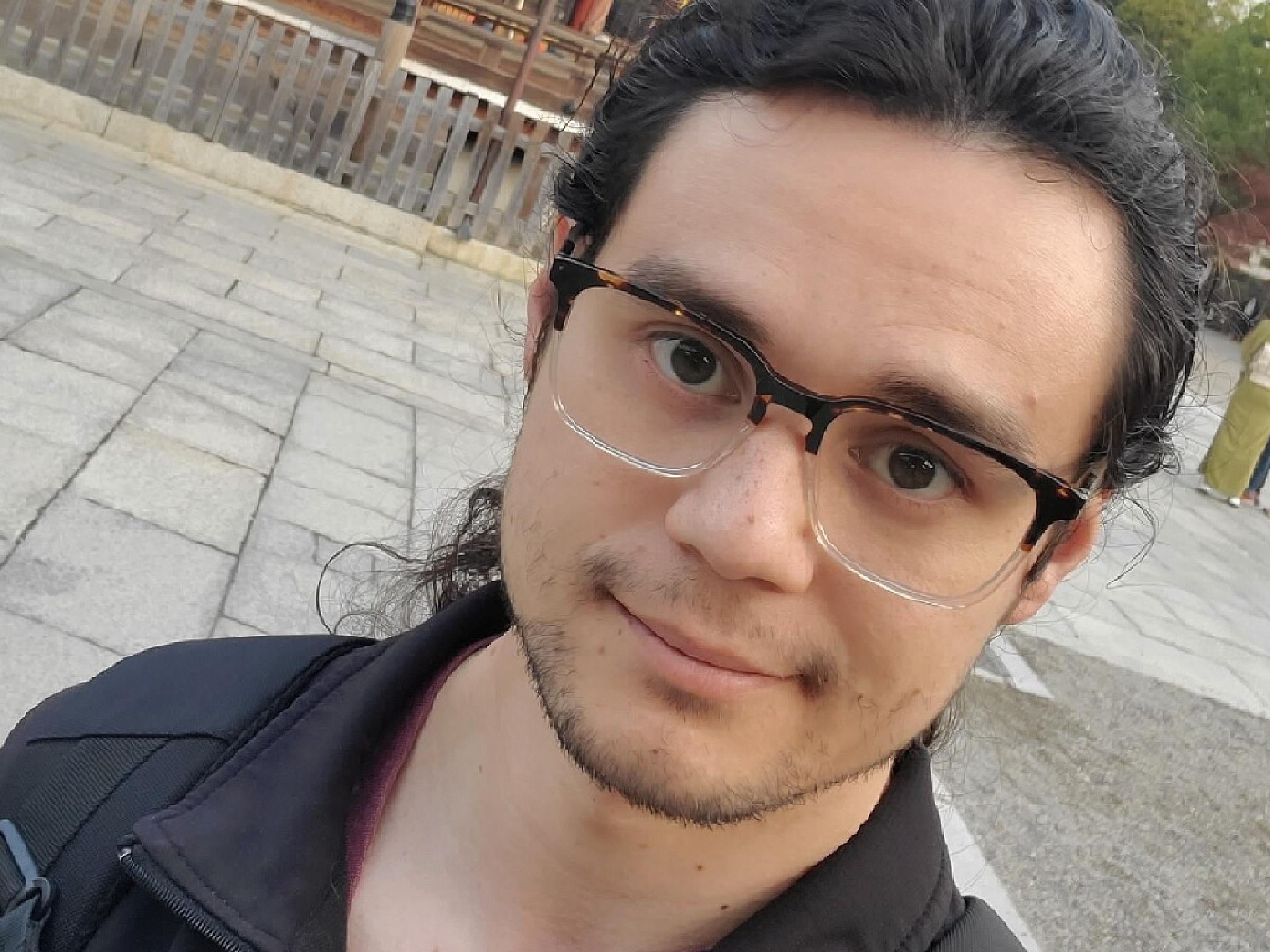
Daniel Arroyo
Born and raised in Southern California, I completed a B.S. in Cell and Developmental Biology at California State University, Fullerton. There I joined a molecular parasitology lab where I spent four years studying Trypanosoma cruzi working on cell engineering, drug screening and membrane channel characterization projects. Meanwhile, I also assisted in starting a student-run lab working on an automated rover platform that could perform a panel of tests for rapid detection of organisms in soil, and a DNA origami educational research class at CSUF. After graduation, I joined the biotech industry working in next generation sequencing of Covid-19 samples during the pandemic, optimizing a rapid qPCR Covid test, optimizing CRISPR base gene editing proteins, and selling microfluidic dispensers. From these experiences, I realized I wanted to perform research at a higher level and accepted the opportunity to pursue a PhD through the University of Utah’s Microbiology and Immunology Department. Aside from enjoying my time conducting research, I enjoy playing musical instruments, photography, some reading and learning different skills.
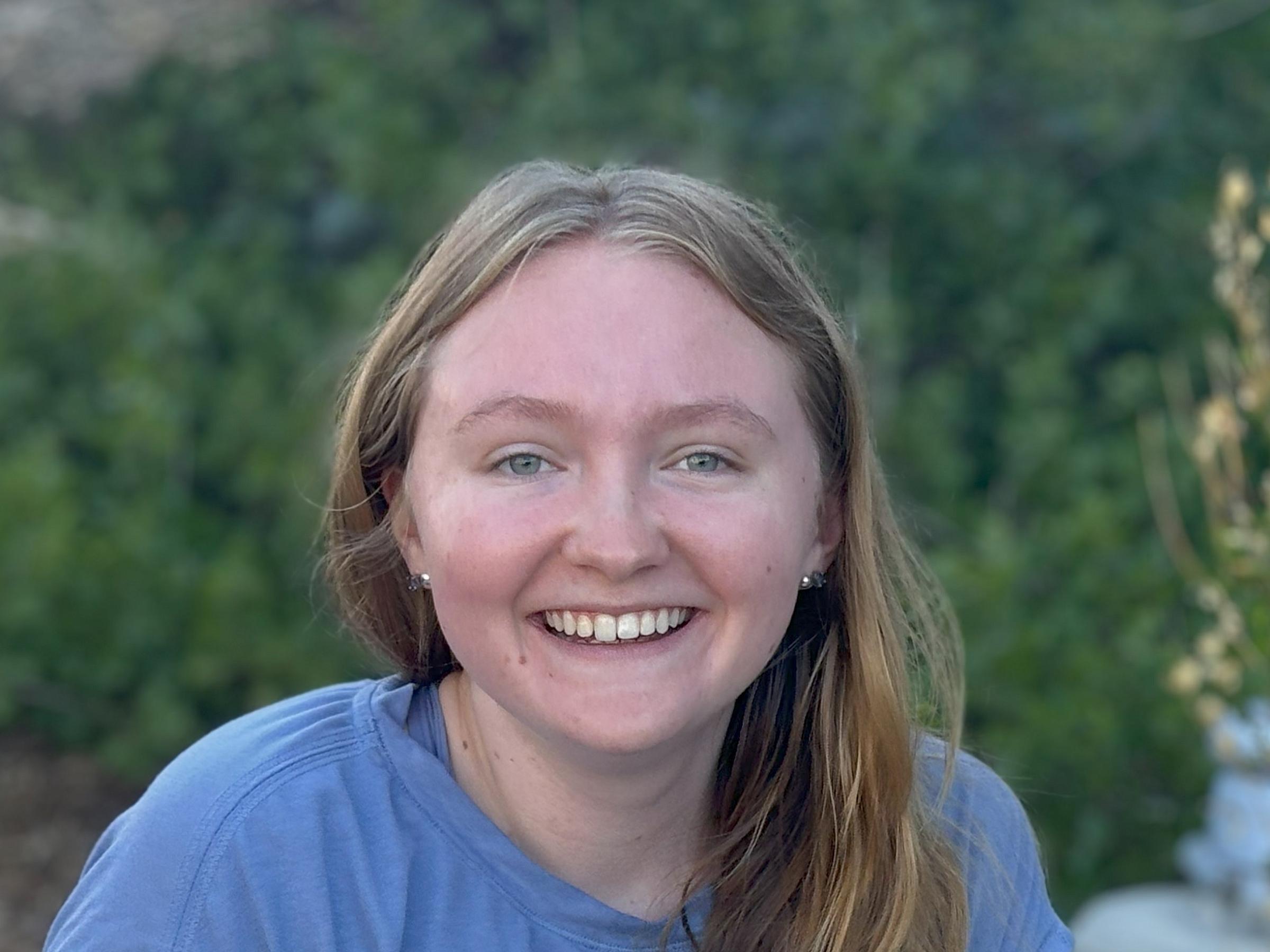
Ally Ashbaugh
I was born in Okinawa Japan. I was raised outside of Tokyo Japan and near Kaiserslautern Germany. I moved to Colorado in 2012 and completed the rest of my schooling there; graduating from High School in 2020. I went on to get my Bachelor’s degree in Chemistry from the University of Northern Colorado graduating in May of 2024. I started research in the inflammation biology research lab under Dr. Nicholas Pullen in the fall of 2021. I worked on the role of Mast Cells (an innate tissue-resident immune cell) in breast cancer tumorigenesis. Most of my work focused on the expression of the high-affinity IgE receptor FceRI and its unusual expression on both human and mouse-immortalized breast cancer cell lines. I was first introduced to Dr. Brian Evavold at AAI Immunology 2023 in Washington DC when he came and spoke to me at my poster. As I learned more about Dr. Evavold’s work I wanted to get out of my comfort zone of working with a very niche cell type and put my chemistry degree to work by learning more about the force and bond lifetime of a TCR. When not working in the lab I love the outdoors and everything it has to offer through backpacking, camping, hiking, kayaking, and skiing. I’m also an avid traveler; traveling to more than 40 countries so far and hopefully many more in the future.
Ben Battistone
Originally from Salt Lake City, I earned my bachelor’s degree in Philosophy of Science from the University of Utah. I became intrigued by cancer biology through an honors course, and followed this interest to laboratory of Dr. Martin McMahon at Huntsman Cancer Institute. During my time in the McMahon lab, I helped develop pathway targeted therapies and biomarkers for RAS-driven cancers, such as melanoma, pancreatic cancers, and lung cancers. Throughout this experience with translational research, I became interested in the immune system and its therapeutic potential for resolving challenges in treating chemotherapeutically-resistant disease. My clinical and scientific mentors during this time helped me decide to pursue a career as a physician scientist, with the goal of translating basic research findings into therapeutic advances. After earning graduation, I joined the University of Utah MSTP, where I am currently a graduate student in Dr. Ryan O’Connell’s laboratory. I study the role of microRNAs in T cells in the context of anti-tumor immune responses to acute myeloid leukemia and the use of novel methods to better engage the immune system to selectively target malignant cells. When I am not in the lab, I enjoy getting outside with my two dogs, skiing, and climbing.
Kylie Beach
Taylor Boone
I was born and raised in Louisiana, right outside of New Orleans. I completed my B.S in biology with a concentration in microbiology in Thibodaux, Louisiana. This is where I discovered my love of microbiology and pathology. After visiting Salt Lake City and the University of Utah, I knew that this was the perfect place for me. I think being surrounded by mountains was the first sign that this was it. When I met the other graduate students for the first time it was clear that they were not only passionate about the research that they were doing, but also happy to be there. I think this was one of the most important things to me because I have never been somewhere where it seems like everyone not only cares so much but are actually happy to be doing it. Currently I am working with Mycobacterium Avium and their tolerance against certain drugs. I enjoy nature, being active, and exploring.
Maiah Brush
Originally from Longmeadow, Massachusetts, I earned my B.S. in Biochemistry from Eckerd College in St.Petersburg, Florida. While at Eckerd, I discovered my passion for research as a Ford Scholar in the lab of Dr.Crystal Young-Erdos. My project investigated the structure-function relationship of conserved amino acids in DEAD-box protein 6, a yeast protein orthologous to a human protein associated with cancer. Following graduation, I joined the lab of Dr. Rebecca J. Brown at the NIDDK as a postbac, where I was fortunate to work with patients with rare disorders of severe insulin resistance. During my postbac, I studied how treatment timing affects lipodystrophy progression and developed tools to distinguish subtypes of insulin resistance. In 2024, I started my PhD at UC San Diego in the lab of Dr. Philip Gordts, studying how structural variability in adipose heparan sulfate influences beta cell function. The Gordts lab moved to the U in May of 2025, and we are excited to be a part of such a welcoming and collaborative research community. Outside of lab, you can usually find me climbing, hiking, or skiing!
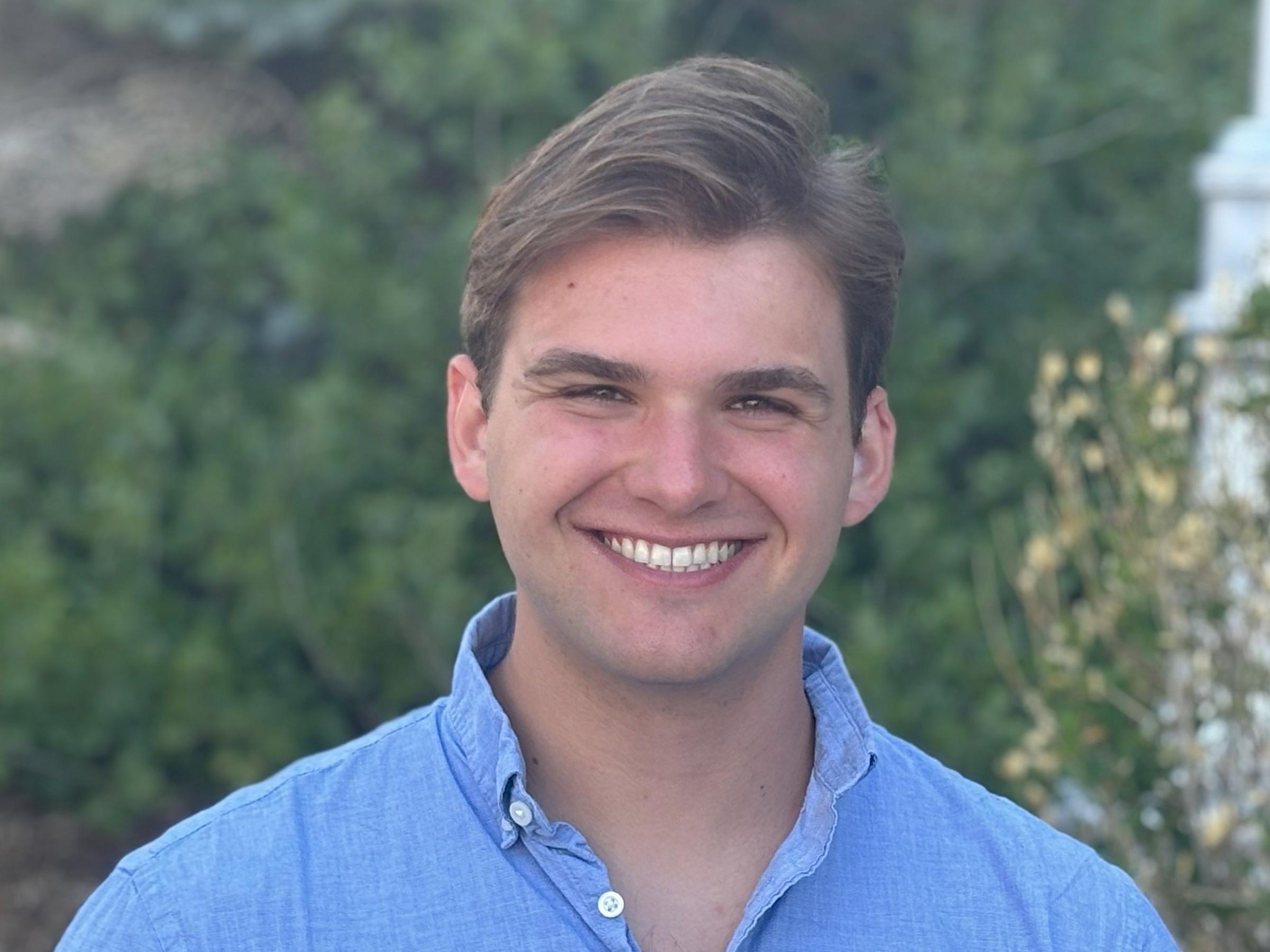
Jack Cantarella
I was born and raised in the Northern Virginia area, about 45 minutes from DC. After graduating from high school, I attended Baylor University where I received my B.S. through the Science Research Fellows Program, a program focused on aiding students who want to get a Ph.D. after graduation. During my time there, I joined the Kane lab which focused on synthesizing drug linker molecules. This transformed into a personal project where I perfused organs in mice with a fluorescently labeled drug linker to determine the most optimal method of tissue modification. Here at the U, I am a rotational student with interests in CAR-T cells and T-cell research. Outside of lab I enjoy mountain biking, skiing, weight lifting, and online gaming.
Andelin Cardon
I grew up in Ogden, Utah, and started my college career at Utah State University as a Biological Engineering major. For my first experience in research, I worked on a study that investigated the effects of day versus night irrigation on plant quality and water conservation. While I enjoyed this research, as I took more classes I discovered that my favorite topic to learn about is the incredibly complex machinery that creates life - in other words, molecular biology and physiology. To pursue this in its clinical application, I transferred to the University of Utah to study Medical Laboratory Sciences. Through the ACCESS Scholars program, I also began research in Dr. Tracey Lamb’s lab where I studied the relationship between platelets and malaria immunopathogenesis. I fell in love with the process of running experiments, analyzing data, and piecing together the story that the research told. These experiences further focused my interests in the field of immunology and helped me decide to pursue a career in medical research. I’m currently exploring labs as a rotation student, but I have a broad interest in discovering mechanisms underlying pathology for rational therapeutic design. When I’m not in the lab, I’m with my husband (who is also a PhD student at the U) and our baby girl.
Favour Chibueze
I am from Anambra, Nigeria but I was born and raised in Lagos, Nigeria. I received my B.S. in Biology from Lincoln University of Pennsylvania. I just graduated with my M.S. in Biotechnology. My master’s thesis was centered on identifying genes for antibiotic synthesis in a Pseudomonas isolate using transposon mutagenesis. The region containing the gene were also examined for a biosynthetic gene cluster using the antibiotics and secondary metabolite analysis shell (antiSMASH). My love for research prompted me to continue my education and pursue a PhD in Microbiology and Immunology. My goal is to be a tool for innovation, whilst using my scientific knowledge and skills to improve the life of others. I chose Utah because I know the program will equip me with a myriad of real-world learning experiences and the theoretical and practical background needed to solve emerging problems. The students and faculty at the U were very welcoming during my interview process and my tour. This also influenced me to choose the U.
Margot Deckers
I was born and raised in Belgium, which is also where I graduated from the KULeuven with a B.S. in Biomedical Sciences in 2021 and a M.S. in Basic and Translational Research in 2023. For my Master’s thesis I got to work in the lab of both Dr. Philippe Van den Steen and Dr. Tracey Lamb, which gave me the amazing opportunity of spending a semester abroad at the University of Utah. I studied the role of platelets and CD8+ T cells in different complications of severe malaria. This really increased my interest in both parasitology and immunology and made me realize I wanted to pursue a PhD in this topic. Since I had a wonderful time in Salt Lake City, both working in the lab and exploring all the amazing nature Utah has to offer, I really wanted to come back. I decided to join the joint lab of Dr. Tracey Lamb and Dr. Brian Evavold where I will further study the role of CD8+ T cells in severe malaria complications. I really valued the collaborative aspect of my Master’s thesis, which is why I will also work with Dr. Philippe Van den Steen at KULeuven throughout my PhD.
Outside of the lab, I am very excited to further discover of all the wonderful things Utah has to offer, as I absolutely love hiking, skiing and climbing.
Junhong Du
Junhong graduated from South China Normal University with a bachelor’s degree in Biotechnology. He conducted Cancer Biology research at the University of Pennsylvania and obtained a master’s degree in Biotechnology. He joined the Molecular Biology Ph.D. program in 2021 and the Tantin Lab in 2022. In the lab, his research focuses on tumor immunity and autoimmunity. He enjoys working in the lab and wants to make progress in cancer immunotherapy.
Hilda Echelibe
I`m originally from Cameroon, West Africa where I had a B.S in Biochemistry at the University of Yaoundé 1 and M.S in Microbiology and Immunology at the Catholic University of Central Africa. For my masters, I studied the influence of schistosomiasis/malaria co-infection on Plasmodium falciparum hrp2 mutations in school-going children living in remote areas. Right from my high school days I have always had a passion for biology and public health. Upon completion of my undergraduate level, I found fulfilment in engaging into scientific research with a special interest in immunology. After my masters, I volunteered as a lab technician and student administrative assistant. I was opportune to attend courses offered annually by faculty members from the University of Utah in Yaoundé, Cameroon. I was fascinated by their friendliness, humility and extensive scientific knowledge, then I decided to further my studies at the U. In 2019, I was accepted in University of Utah through the Molecular Biology PhD program. As a first-year student, it was easy to overcome the cultural shock in the diversified, respectful, friendly and studious environment. Moreover, Salt Lake City is a peaceful and beautiful place. I currently research in Dr. Matthew Bettini`s lab at the department of Pathology, where cutting-edge translational research on immunological mechanisms in cancer and type 1 diabetes (T1D) is done. For the cancer-related project, I study the role of CD3 ITAM diversity in Human Chimeric Antigen Receptor (CAR) T cell signaling, aiming to improve CAR T-cell immunotherapy. For the T1D project, I research on the induction of maternal-mediated tolerance in neonates predisposed to T1D.
Ibti Essaghir
I was born and raised in Fez, Morocco, where a woman founded the first university in the world. Therefore, my interest in both, feminism, and science. I moved to Fort Myers, FL, in the summer of 2017. I received a B.S. in Biology and Chemistry from Florida Gulf Coast University. As an undergraduate, I had the chance to work on two research projects. The first research project’s aim was to investigate the stability of ionic liquid molecules present in the lipid bilayer of the cell in a computational model. The second project explored the antibacterial properties of various cytokine mimetic peptides. I evaluated the peptides on Staphylococcus aureus and Escherichia coli. The drive and dedication I have to scientific research drove me to apply and receive Brodie Foundation Life Sciences Research Scholarship, which allowed me to broaden my research from bacterial peptides to antiviral and antifungal peptides as well. That project was published as my undergraduate Honors thesis. Then, I realized that I wanted to explore more the unity and complexity of the immune system. My research interest developed more towards adaptive immunity and T-cells interactions with antigens, which is why I decided to join Dr. Brian Evavold’s lab at the University of Utah. My love for mountains, adventures and four seasons complemented my choice. In my free time, I enjoy reading books, doing Pilates, learning new languages, and discovering novel places. Also, I particularly enjoy trying new coffee shops, after all, coffee is like a hug in a mug. I am looking forward to what the future holds and where this new adventure will take me.

Cannon Fehrenbach
I grew up in Draper Utah, only a twenty-minute drive from the University of Utah. For my undergraduate studies, I stayed close to home and completed my bachelor's here at the U, before deciding to stick around for a few more years to pursue my PhD. I was fortunate to do undergraduate research in Talia Karasov’s lab where I had the opportunity to help establish her lab in Utah. Eventually I assisted with large scale mutagenesis screens and field collections across Utah and Colorado to learn more about the impact of climate on microbe-plant interactions in quaking aspens. After taking a course on the human immune system, I became fascinated by how much we still don’t know about how our bodies respond to external threats. I want my research to pursue this question while contributing to human health. I now do research on the impact of the transcription factor CBFB on interferon signaling and innate immune activation in the Johnson lab.
Outside of the lab I enjoy basketball, hiking, playing strategy board games, and reading fantasy books.
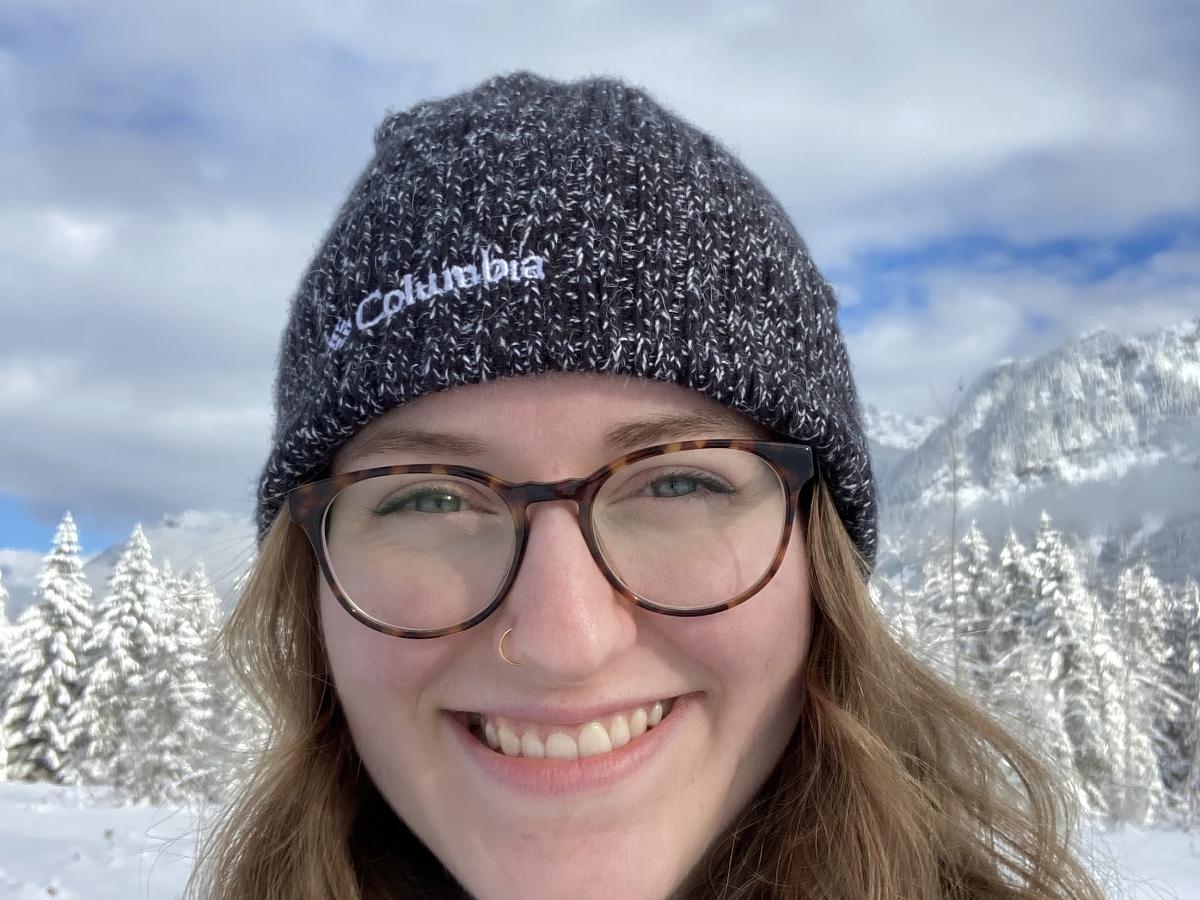
Katie Flint
I received my B.S. in Molecular Biology from Cedarville University in Ohio. Following graduation, I worked in the lab of Masako Shimamura at Nationwide Children's Hospital in Columbus. We studied the immune profile of infants born with congenital cytomegalovirus and also examined how CMV infection mediated graft rejection in kidney and bone marrow transplants. My time at Nationwide helped further develop my interest in the host-pathogen immune response, particularly in T cells and I was encouraged to pursue further education. I was excited about the variety of T cell research taking place at the University of Utah and I also appreciated the welcoming environment created by the students and faculty. Outside of the lab, I enjoy hiking, baking, and playing soccer!
Paola Fonseca Romero
I was born and raised in Fajardo, Puerto Rico. During my undergrad in the summer of 2019, I took part in a research internship with the University of Utah Department of Infectious Disease in Dr. Anne Blaschke's lab is studying complicated pneumonia in children using a Multiplex PCR. In 2020, I received a fellowship to work with Dr. Juan Gonzales at Universidad Universidad Ana G Mendez, Carolina Campus(UAGM) studying nanoparticle properties to develop more efficient peacemakers. In 2021 I received my B.S. in Microbiology from UAGM where I was a Pfizer honor scholar. During this experience, I developed a strong interest in assay development and decided to pursue a Ph.D. with the Department of Pathology and a master's in Clinical Investigation (MSCI). The collaborative environment and the great experience from the past made my decision to come back easy. Now I am currently in Dr. Leung’s lab working in global health directed Shigella spp. prediction modeling, as well as potential biomarkers and microbial targets for this infection.
Bryce Fuchs
I grew up hiking and camping in the Rocky Mountains of Wyoming and Colorado. While completing my B.S. in Biology at the U. of Northern Colorado, I discovered my fascination with immunology during microbiology and immunology courses. I moved to Seattle to pursue a career in immunology research at the Benaroya Research Institute. I quickly realized that the next step in my career would include graduate school. While interviewing, I gained an appreciation for the culture of the program and department. I also realized the U’s environment was the one where I would be challenged to think and grow as a scientist. My thesis project is under the guidance of Dr. Scott Hale, investigating how DNA methylation impacts T cell responses and the adaptive immune response. The applications of which will impact our understanding of chronic infection and lymphoma.
I still enjoy hiking, now throughout Utah and adjacent states. I keep a collection of various plants that I find on the trails. I also love cooking and exploring the cuisine opportunities available in Salt Lake City. I have immense enthusiasm for what the future will bring at the University of Utah.
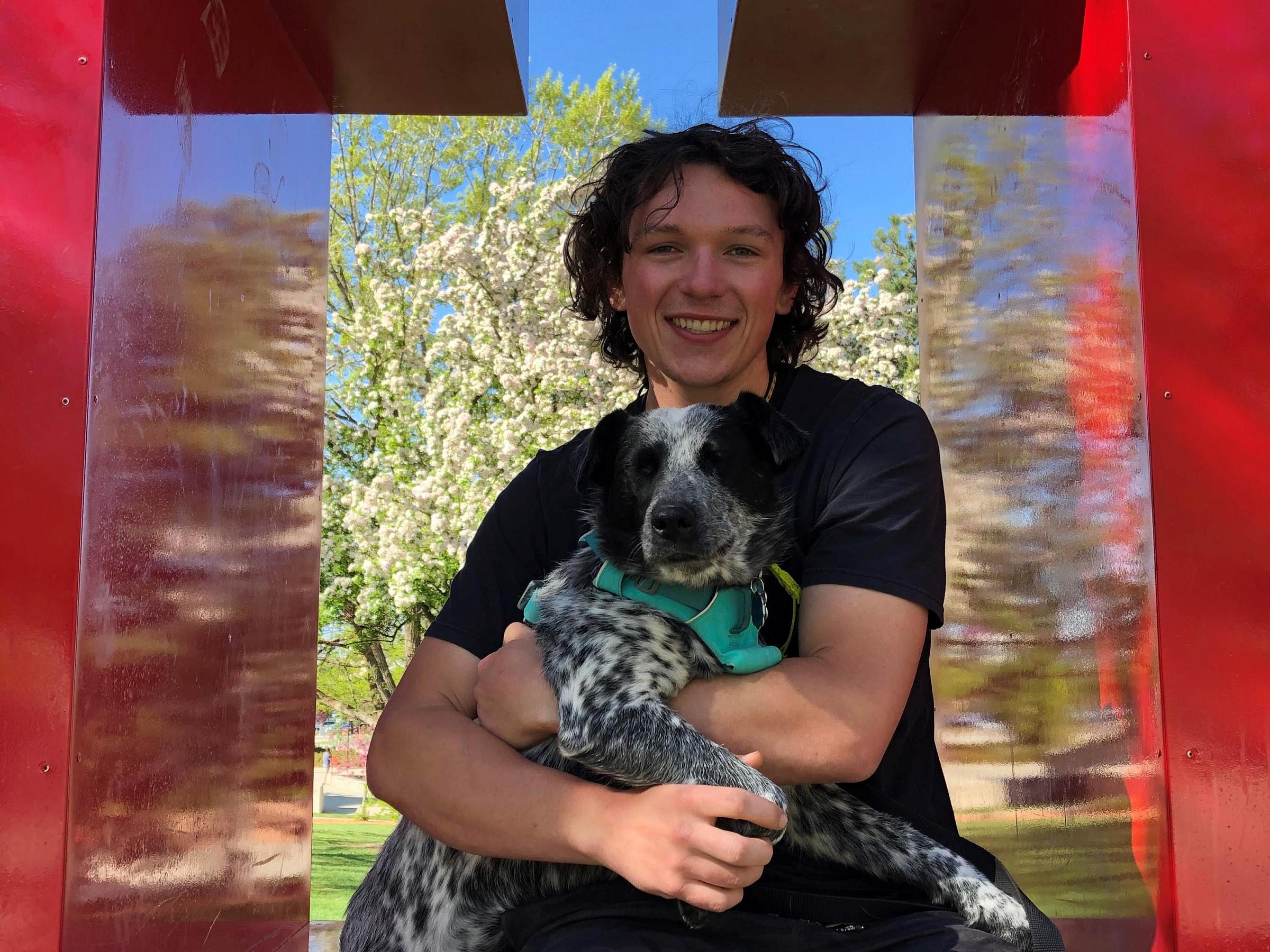
Andrew Gramer
I earned my B.S. in Biomedical Engineering from the University of Utah during which I became interested in molecular engineering. After graduating I moved to Seattle and worked for Seattle Children’s Therapeutics in Research and Development creating novel CAR T cells targeting antigen on DIPG+ brain tumors. I enjoyed working in a translational research facility and wanted to pursue a graduate degree in a similar direction. I hold interest in cell signaling, engineering cell development, and cancer immunology.
My favorite places are the Uinta/Wasatch Mountains and canyons in Southern Utah. When I’m not in lab I like to spend as much time as possible outside, especially when I get to take my dog with me. A fun fact about me is I’ve spent 5 summers in Bristol Bay, AK working as a commercial fisher for Sockeye Salmon.
Camille Hansen
Growing up in Blackfoot, Idaho, I was determined that I would never have a career in science. Thanks to wonderful high school science teachers, I quickly changed my mind. This interest led me to pursue my B.S. in Microbiology at Idaho State University. In my last year of my undergrad, I decided to further my education and was excited about The University of Utah’s Microbiology and Immunology research. The students and faculty were also happy and inviting, solidifying my decision to come here. Growing up in Idaho, I was accustomed to having mountains in my backyard, so the backdrop of Salt Lake City helped me feel at home. Though I am a rotational student and still identifying a lab, I have research interests in cancer immunology. When I’m not at school, I enjoy playing the piano and reading books.
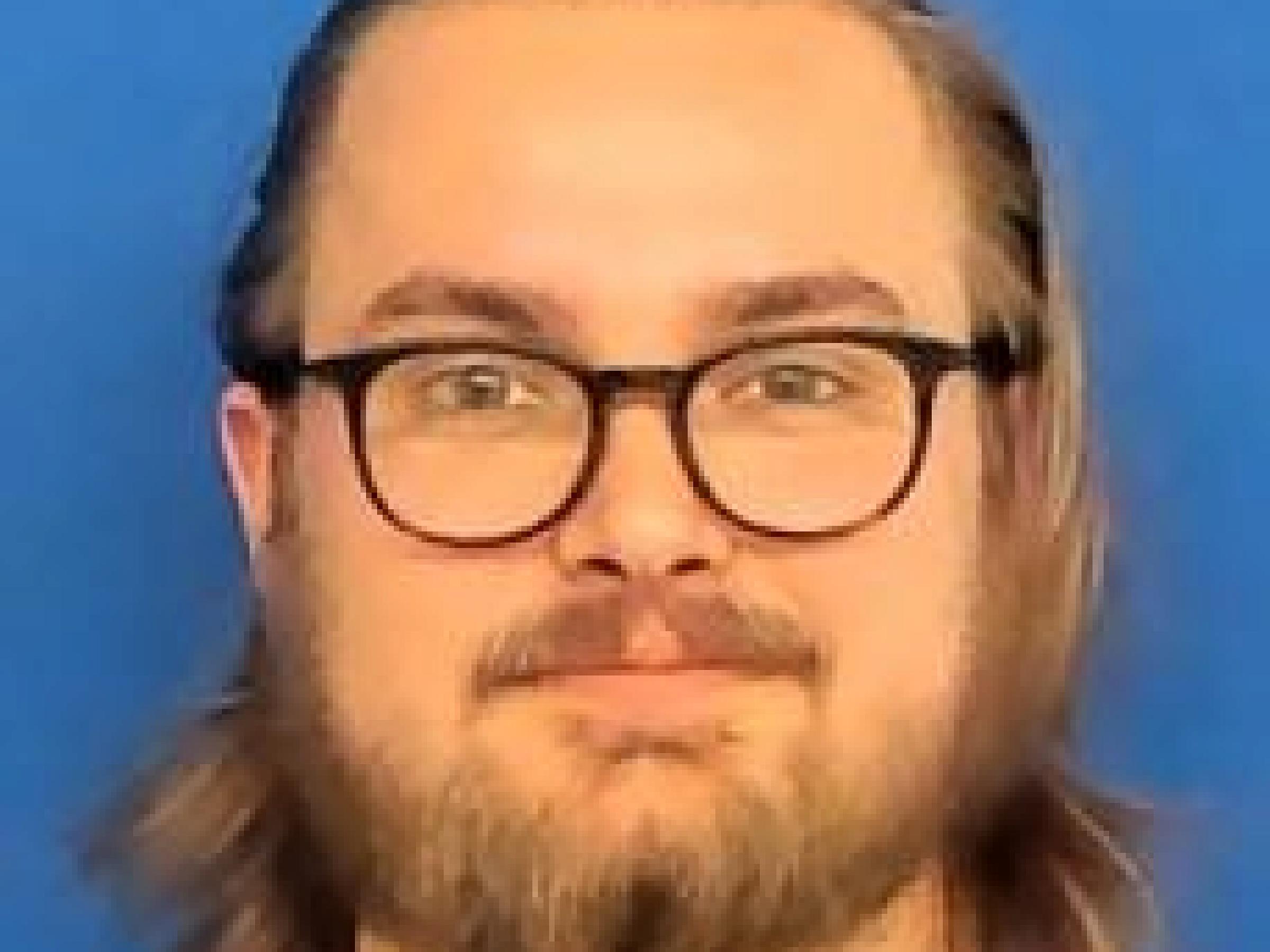
Chris Hanson
I grew up in Saint Louis, Missouri where I began my journey in the scientific field during a summer research program at UMSL. I wasn't convinced that was my career path but continued to participate in lab research in college, where I went to the University of Tulane in New Orleans. After graduating I joined the Laidlaw Lab at WashU where I fell in love with discovery and the challenges that research presented. At WashU I studied the development of the heterogenous pool of memory B cells and developing surface markers to define functionally distinct subsets. Outside of the lab I enjoy playing sports, hiking, and skiing!
Morgan Harwood
I grew up in rural Kansas with an innate fascination for the universe around us but no role models to show me research was a career. I attended Rockhurst University in Kansas City, MO as a student-athlete. I was Pre-med focused, but after I obtained my bachelors, I was introduced to the world of research at the Stowers Institute for Medical Research. There, I worked in the Electron Microscopy core facility, where I had a lot of fun imaging a diverse array of model organisms from planaria to sea anemones. Working in the core facility really solidified my love for research and pushed me to pursue a PhD. The University of Utah was attractive to me due to its world-renowned researchers and proximity to the mountains, which makes it extremely easy to do the things I love outside of science – trail running and skiing. Currently, I am working in the Round lab studying how the inhibitory immune receptor, Clec12A, regulates the intestinal immune response to the microbiota. I find my interest in the microbiota stems from the same things that drove me to be obsessed with the universe’s inner workings – vast complexity and unknowns.
Marcus Hayden
I grew up in Kaysville, Utah. I first fell in love with science in high school, growing hydroponic and aquaponic produce through Utah State University Extension. I continued my education at Utah State University, earning a B.S. in Biochemistry, and researched how functional foods influence the gut microbiome under the guidance of Dr. Abby Benninghoff. In 2025, I joined the Leung Lab to study the generation of immunoglobulin G antibodies to gut microbes. I aim to improve my data analysis and microbiomics skills through this PhD program. After completing my PhD, I plan to become a professor. Outside of the lab, you can find me country swing dancing, playing strategy board games, climbing in the Cottonwoods, or baking cookies.
Colton Hernandez
I was born and raised in Texas. I received my Bachelor of science in Biochemistry at Texas Tech University in Lubbock, TX. My interest in research began as an undergraduate in Dr. Peter Keyel’s laboratory. We studied the development of Systemic Lupus Erythematosus in mice by monitoring the development of autoantibody formation in a conditional knockout model. I continued my education at TTU Health Sciences Center in Abilene, TX where I obtained a Master of Science degree in biotechnology. I was mentored by Dr. Lawrence Wood and studied the role of interferon signaling in renal cell carcinoma. I am excited to continue my scientific training at the University of Utah to study the potential of Immunotherapeutics to improve patient outcome. In my free time I enjoy hiking, craft beers, and spending time with my family.
Jacob Hogan
I was born and raised in Virginia Beach, Virginia, where I first discovered my love for biology in high school. This interest led me to pursue a B.S. in Biological Sciences at the University of South Carolina (go gamecocks!). As an undergraduate, I conducted research in the Hofseth lab, studying how synthetic food dyes such as Red-40 influence the development of early-onset colorectal cancer—an experience that sparked my passion for cancer biology.
My connection to the University of Utah began through the DCB SURP program, an NIH-funded internship, where I worked with Dr. Fred Adler on cancer and senescence. This experience inspired me to pursue my PhD at Utah. During my rotations, I discovered a strong interest in immunology, which led me to join the Young Lab. I value our lab’s emphasis on translational research, as it aligns with my goal of conducting work that can ultimately benefit patients. I am now investigating the role of the pleiotropic cytokine IL-27 in autoimmunity and anti-tumor immunity.
Outside the lab, I enjoy snowboarding in the winter, hiking and golfing in the summer, and following sports—especially baseball and football.

Jiaheng Huang
Influenced by the beautiful culture of my hometown, Chengdu, China, and the astonishing nature of the Swiss Alps, where I spent four of my teenage years, I developed an intense curiosity about humans and nature. Such passion led me to pursue a B.S. in Biochemistry & Molecular Biology with a minor in Neuroscience at the University of California, Davis. My work designing nanoparticles for cancer treatment in Dr. Kit Lam’s lab sparked my interest in scientific research.
Building on this experience, I pursued an M.S. in Biochemistry & Molecular Biology at the Johns Hopkins Bloomberg School of Public Health, where I aspired to apply science to improve public health. Importantly, this journey ignited my fascination with the gut microbiome, a realm intimately connected to both nature and humans. For my thesis in Dr. Jotham Suez’s lab, I investigated the impact of artificial sweeteners on the human gut microbiome and how such changes influence metabolic health.
Now, attracted by the robust microbiome and immunology research at M&I, I aim to continue exploring microbiome–host interactions in this program. Utah’s strong outdoor culture, which highlights the intimacy between people and nature, is also a reason I chose to study here. That same love of connection drives both my research and my personal hobbies—basketball, hiking, camping, and exploring my mind.
Kimra James
I was born in the Caribbean, but moved to Houston, Texas when I was seven. Throughout my childhood, I spent quite some time in and out of hospitals for orthopedic surgery and got to witness health disparities in various countries which made me believe that I wanted to go into medicine. In pursuit of this I did my undergrad at Houston Baptist University and graduated with a B.S. in Biology after switching from being a Nursing major. During my undergrad, I took classes in Microbiology, Immunology, and Molecular genetics which captured my attention and made me want to study these subjects further. After undergrad I participated in a post-bac program here at The University of Utah and felt that it would be a good fit, so I applied to the Microbiology and Immunology PhD program. I ultimately hope to study the genetic determinants that confer antibiotic resistance to certain microbes.
Living in Utah has been great. I love the peacefulness of Salt Lake City especially. Coming from such a big city like Houston, I can appreciate the calm that comes with being in Salt Lake. In my spare time I like to lead a sedentary life. Although I take the occasional long walk, my hobbies include writing, 3D puzzles, painting, and cooking.

Chloe Kang
Growing up just outside of Portland, Oregon, I have always been curious about the natural world. While pursuing my undergraduate degree in Molecular Biology at Brigham Young University, I had the opportunity to work in a research lab studying CAR T cells for autoimmune diseases. It was here that I nurtured my passion for research and discovered my love for Immunology. I am excited to further explore the variety of research here at the University of Utah, and am especially interested in Cancer, Autoimmunity, and Immunotherapies.
Outside of the lab, I love to hike and rock climb in the mountains, crochet and read at home, and take pictures of pretty things wherever I go.
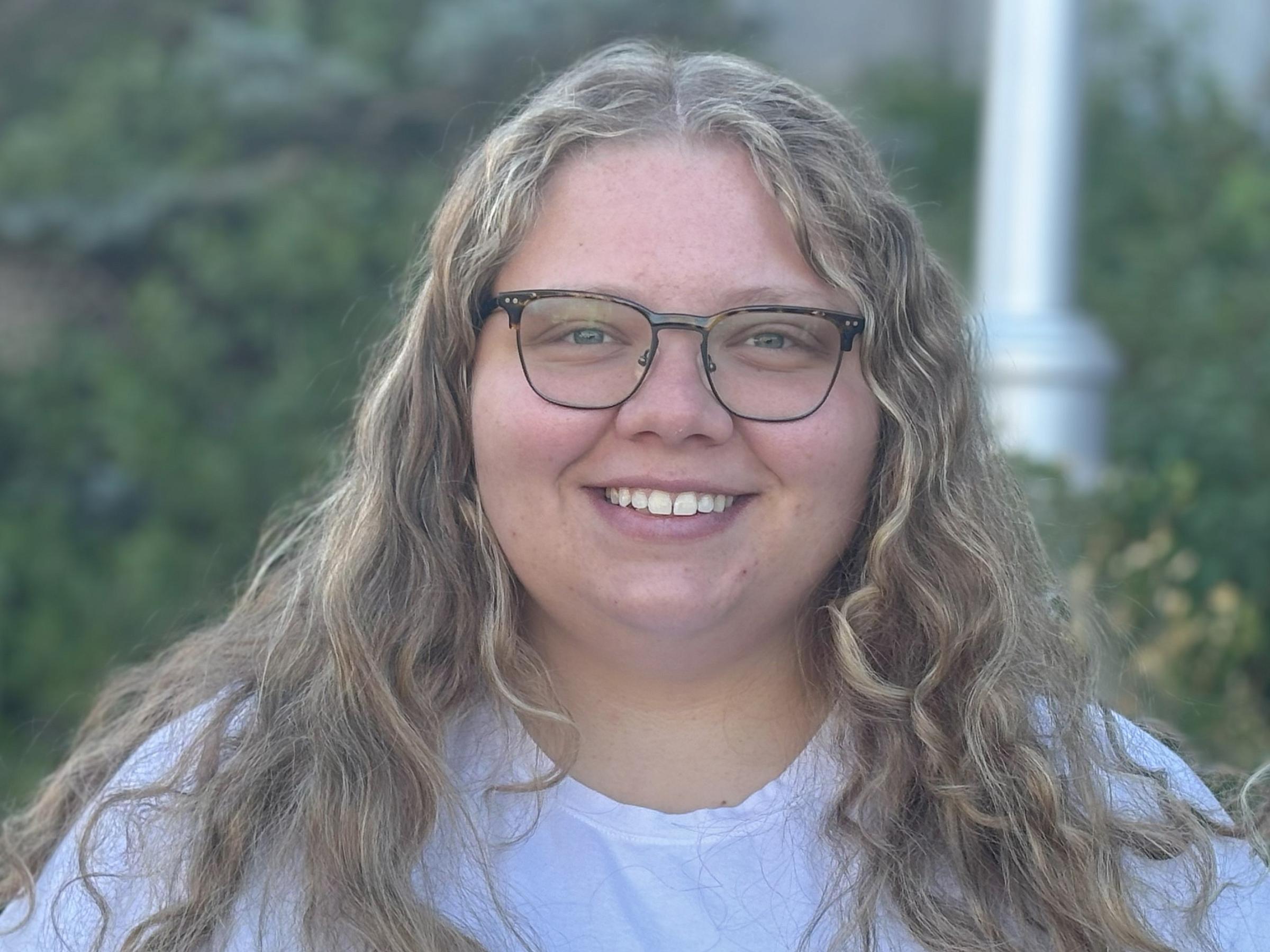
Allie Kehret
Originally from Oregon in the beautiful Pacific Northwest, I started my college career at Seattle Pacific University. I received my BS in Biochemistry with a focus in medical research. Following graduation, I had the privilege of working at Fred Hutchinson Cancer Center. Most recently I worked in the lab of Dr. Roland Walter where we developed and tested new radioimmunotherapies for Leukemia. My time there helped me further my interest in biomedical research, focusing on pre-clinical developments. I quickly realized the next step in my career would lead me to obtain my PhD. I chose to attend Utah’s program in Microbiology and Immunology for multiple reasons. During my interviews not only did I feel the faculty was invested in the students, but the students were happy in this program. I knew this was an environment which would foster our critical thinking as scientists and encourage us to grow as people. Outside of the lab I enjoy hiking, camping, and skiing, so the mountains of Salt Lake make me feel at home.
Brian Krum
I graduated from the University of Northern Colorado in 2018 with a B.S. in biology. I decided I enjoyed the research environment and wanted to also pursue a M.S. at University of Northern Colorado focusing on reproductive endocrinology and steroidogenesis. I began my Ph.D. at Anschutz Medical Campus in Denver Colorado looking to study reproduction and fertility. Eventually I realized it was not the best fit and decided to come to the University of Utah to work with Dr. Anna Beaudin. My project is currently investigating the effects of maternal folic acid on prenatal hematopoietic stem cell function and output.
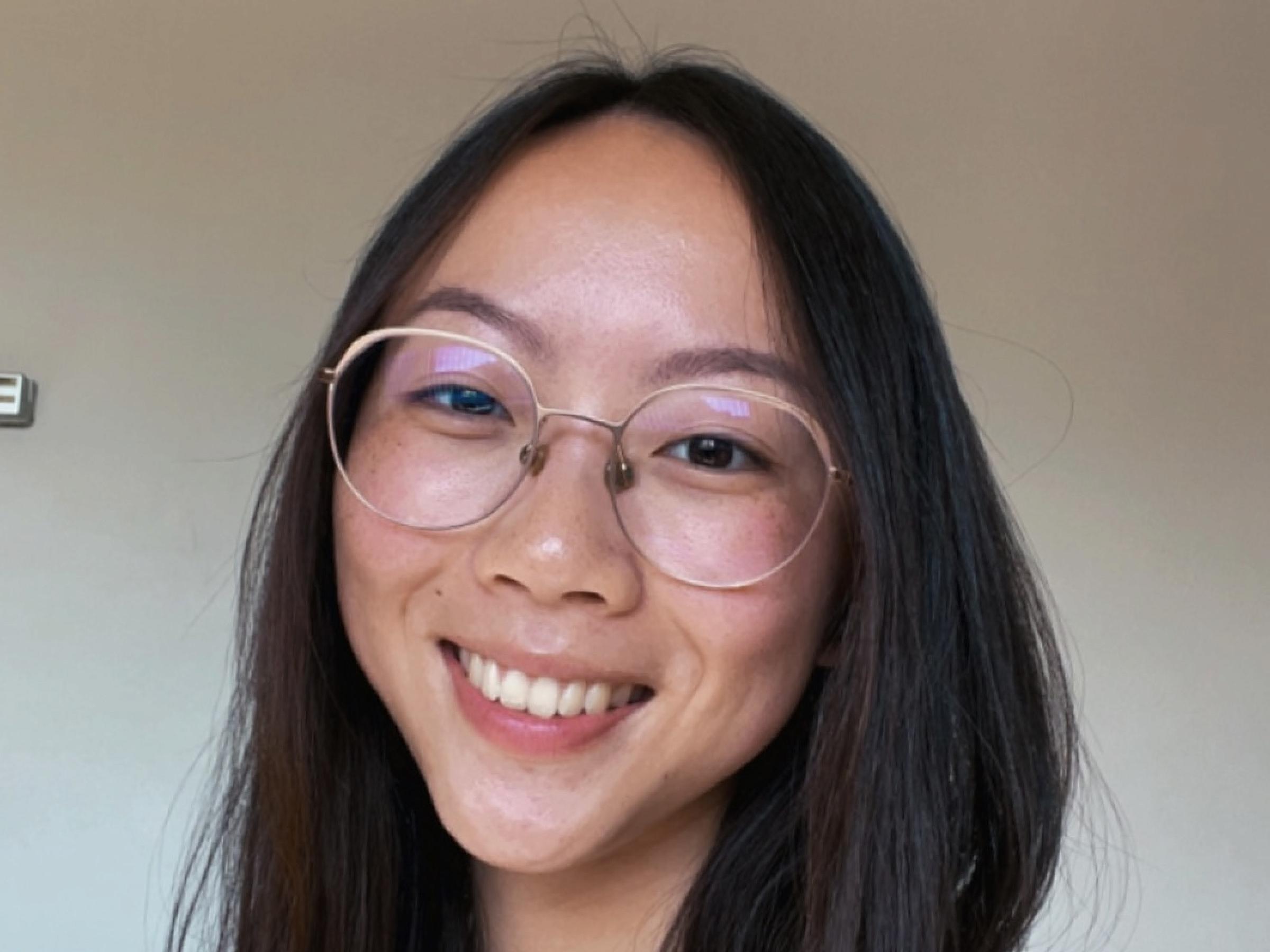
Jadyn Leek
I grew up in Brookings, South Dakota and attended South Dakota State University for my bachelor’s in biology and minor in microbiology. I joined Dr. Joshua Reineke’s lab at SDSU and worked on studying porous biomimetic microparticles as a drug delivery platform for anti-tuberculosis drugs to lung macrophages. I found myself interested in the application of science to human health and disease. This led me to pursue a summer internship at the Mayo Clinic in Rochester, MN where I joined Dr. Long-Jun Wu’s neuroimmunology lab and studied microglial activity within human and mouse epileptic brain tissue. From this experience, I was convinced that a career in biomedical research was the ideal way to connect my desire to help others with my love for biology. After graduation, I joined Dr. Adam Hoppe’s lab as a Research Assistant and Program Assistant. I studied how antibody therapies can be used to enhance macrophage antibody-dependent cellular phagocytosis and help clear melanoma. I chose to come to the University of Utah because of the many research labs that piqued my interest and the welcoming faculty and students I interacted with during my interview weekend. Everyone was truly passionate about the work they were doing and was happy to be there. I am currently a rotation student and have not officially joined a lab yet, but I am broadly interested in tumor immunology and immunotherapy. Outside of the lab, I enjoy baking and cooking, hiking, traveling, reading, music, and sewing.

Matthew Leslie
Growing up I have lived in many places, from California all the way to Okinawa, Japan. I graduated with a B.S. in biology with an emphasis on cellular and molecular biology from California State University, San Marcos. During my time there as an undergraduate, I had the privilege of joining the Jancovich lab where I conducted my own independent research project identifying and characterizing the role of the 89R gene in the Ranavirus ambystoma 1 pathogen. This experience is where my love and passion for virology and microbiology research were developed and how I knew I wanted to pursue a PhD within this field.
Additionally, I did a summer research program at the University of California, San Diego where I joined the Zhou lab and worked on a project focused on characterizing an essential Mcm3 Nuclear Localization Sequence in yeast. I am currently rotating in the Hale lab, looking into the underlying mechanisms of T Cell differentiation caused by infection. Outside of the lab, my hobbies include exploring the outdoors, reading books about fantasy and sci-fi, and playing the guitar.
Robert Letchworth
My journey to the fascinating world of immunology was more circuitous than most. I received my bachelor's degree from UC Berkeley in Environmental Earth Science, but after graduation I wasn't sure where I wanted to take my career, and I spent the next several years working in multiple technical fields including asbestos microscopy, solar power analytics, and pharmacy. A longstanding passion for laboratory work and a newfound interest in medicine eventually led me to the biotechnology industry, where things immediately clicked. I fell in love with the work, and soon obtained a role manufacturing synthetic DNA for insertion into T cells in order to engineer TCRs that could recognize specific cancer neoantigens. I thought that was the coolest thing I had ever done in my professional life, and I decided to devote my career to the study of cancer immunology. I chose the University of Utah's Microbiology & Immunology program to pursue my PhD because of its faculty full of amazing cancer immunologists and T cell immunologists, and its close partnership with the Huntsman Cancer Institute (though its close proximity to the Wasatch Mountains didn't hurt either). My primary areas of interest include the dynamics of neoantigen escape and the causal factors of cytotoxic T cell suppression in the tumor microenvironment. Multiple important people in my life have been affected by cancer, and I view the emerging field of immuno-oncology as an important and potentially elegant addition to current clinical oncology techniques.
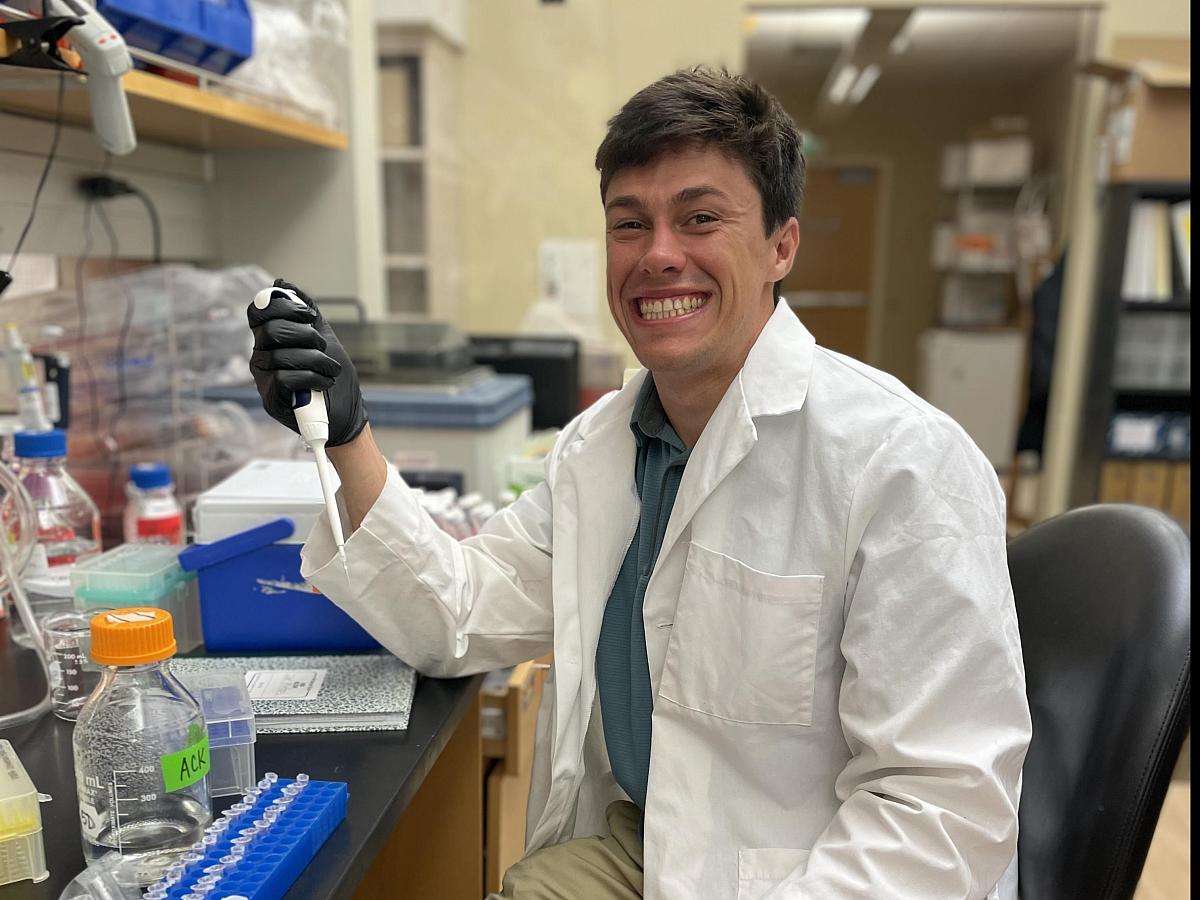
Joseph Matous
I am originally from Colorado where I obtained a B.S. in Molecular Cellular Developmental Biology at the University of Colorado Boulder. After completing my undergraduate degree, I pursued my passion of skiing in Summit County Colorado. From there I moved to Seattle, Washington and began my work at Fred Hutchinson Cancer Research Center. It was there I developed my interest in immunology while working in a translational research lab. My work at Fred Hutchinson inspired me to continue my education and pursue a PhD in immunology. I decided to attend the University of Utah due to its collaborative environment and prestige in T-cell immunology. Before joining Dr. Matthew Williams’ lab, I was a member of the MB Biological Sciences PhD Program. I will be studying the function of TCR signaling in tumor infiltrating lymphocytes. In my free time I enjoy golfing and skiing.

Emily Mayville
I am originally from Atlanta, GA and earned my BS in Pharmaceutical Sciences at the University of Georgia, during which time I spent a year in Germany and interned at Merck KGaA (MilliporeSigma), focusing on antibody affinity profiling. I then earned my MSc in Immunology of Infectious Diseases at the London School of Hygiene and Tropical Medicine, where my dissertation investigated the role of uncharacterized proteins in Plasmodium falciparum, the causative agent of malaria. After a brief sabbatical as a ski instructor at Park City, I worked as a Lab tech at Columbia University in New York, investigating drug resistance profiles of mutant plasmodium spp with the WHOs Medicines for Malaria Venture. I realized that I wanted to be more dedicated to upstream understanding of disease pathogenesis, and that I wanted to return to Salt Lake City, so I joined the Lamb/Evavold labs as a technician trying to elucidate the underlying immune mechanisms of asymptomatic malaria infections. I’m looking forward to continuing my academic journey here in Salt Lake City.
When I’m not in lab, I’m in the mountains camping, hiking, climbing, or skiing. And if you can’t find me there, I’m probably training for my next marathon (life-long goal to run all the world majors!).
Grace McGee
I was born and raised in Portland, Oregon. In 2020, I graduated from Connecticut College with a B.A. in Botany and a certificate of International Studies. In 2021, I began working as a technician in Dr. William Redmond’s cancer immunotherapy lab at the Earle A. Chiles Research Institute in Portland. Since most of my undergrad courses and projects concerned plants, my technician position quickly immersed me in the world of biomedical and translational research. In the Redmond lab, I worked on projects examining the efficacy of novel immunotherapies in mouse models plus a project exploring the influence of intratumoral microbes on response to immunotherapy. As I gained independence and honed my technical skills, I felt the urge to pursue graduate school to keep improving my grasp of research and explore areas of science that were new to me. In 2024, I joined the Molecular Biology PhD program at the University of Utah. I chose to continue in immunology when I joined Dr. Leung’s lab, where I’m currently studying the therapeutic potential of MAIT cells in colon cancer. Outside the lab, I enjoy playing volleyball and pickleball, hiking, going to estate sales, and eating ice cream.
Elsa McMahon
I grew up in the suburbs of Chicago, Illinois. I moved to Seattle, WA to complete my B.S. in Microbiology at the University of Washington. During my undergraduate education, I worked under Dr. David Fredricks at Fred Hutchinson Cancer Center. I spent my time creating assays to quantify levels of Lachnospiraceae and Blautia species in stool samples of patients experiencing varying severities of gut Graft-versus-Host disease. Upon graduating in 2022, I moved to Dr. Chris Johnston's lab, also at Fred Hutch. In the Johnston Lab, I optimized the transformation of clinical strains of Fusobacterium nucleatum while also comparing these isolates through different metabolic assays. In addition, I helped in completing a large-scale characterization project of Prevotella isolates from different human niches. Next, I transitioned to an industry position at Lumen Bioscience, a biotechnology company in Seattle. Lumen transforms spirulina to produce therapeutic proteins, and I worked as a member of the Strain Engineering Team. I am very excited to join the Microbiology and Immunology program at the University of Utah to pursue intriguing research questions. Outside of being in lab, I like to spend my time outdoors trail running and skiing. If I'm not outside, I'm likely in the kitchen baking a sweet treat!
Elizabeth Mills
I earned a B.S. in Biology-Chemistry and a minor in science business from Point Loma Nazarene University in San Diego, California. My research career began as an undergraduate in the Dorrell-Woelbern Lab, where I worked on identifying regions of the E7 protein which may cause various levels of cancer risk in HPV patients. My undergraduate Honors Research Project focused on characterizing the interaction between glioblastoma tumors and tumor-associated macrophages within the tumor microenvironment. After graduating, I worked at the Lowy Medical Research Institute, where I used human retinal organoids to study the mechanisms governing toxicity in Macular Telangiectasia Type II, a rare genetic form of macular degeneration. Since a young age, I have always been drawn to immunology, inspired by the fact that immune cells have an innate ability to differentiate between self and non-self, targeting and eliminating foreign entities. My specific interest is in immunoregulation, focusing primarily on regulatory t cells and the mechanisms through which they interact with and regulate other immune cells. Outside of science, I enjoy doing anything outdoors (hiking, camping, etc.). When I’m not outside, I enjoy yoga, reading, propagating plants, cooking, and playing the violin.
Kangkana Mitra
I was born and raised in Bangladesh. I received my Bachelor of Pharmacy degree from Khulna University, Bangladesh, where my thesis focused on the pharmacological activities of natural products. Later, I pursued a Master’s Degree in Biohealth Engineering. During my master’s, I focused on computational analysis of public health and biobank data to study the relationship between major depressive disorder and multimorbidity, to predict risk profiles, and identify multi-target drug candidates. My research path has taken an exciting turn from my previous work to my current focus. After entering the Bioscience Ph.D. program at the University of Utah, I took an immunology course in my first semester that sparked my interest in the immune system. This interest ultimately led me to join Dr. Maria Bettini’s lab, where my research focuses on understanding how T cell receptor (TCR) signaling regulates autoimmune susceptibility and tolerance in type 1 diabetes. Specifically, I study how modifications in TCR structure and mechanical forces shape the interactions between regulatory T cells (Tregs) and the peptide-MHCII complex. By exploring ways to engineer TCRs that enhance Treg function and specificity, my work aims to advance the development of next-generation Treg-based therapies for autoimmune diseases such as type 1 diabetes. Outside of the lab, I enjoy reading novels, cooking, and traveling.
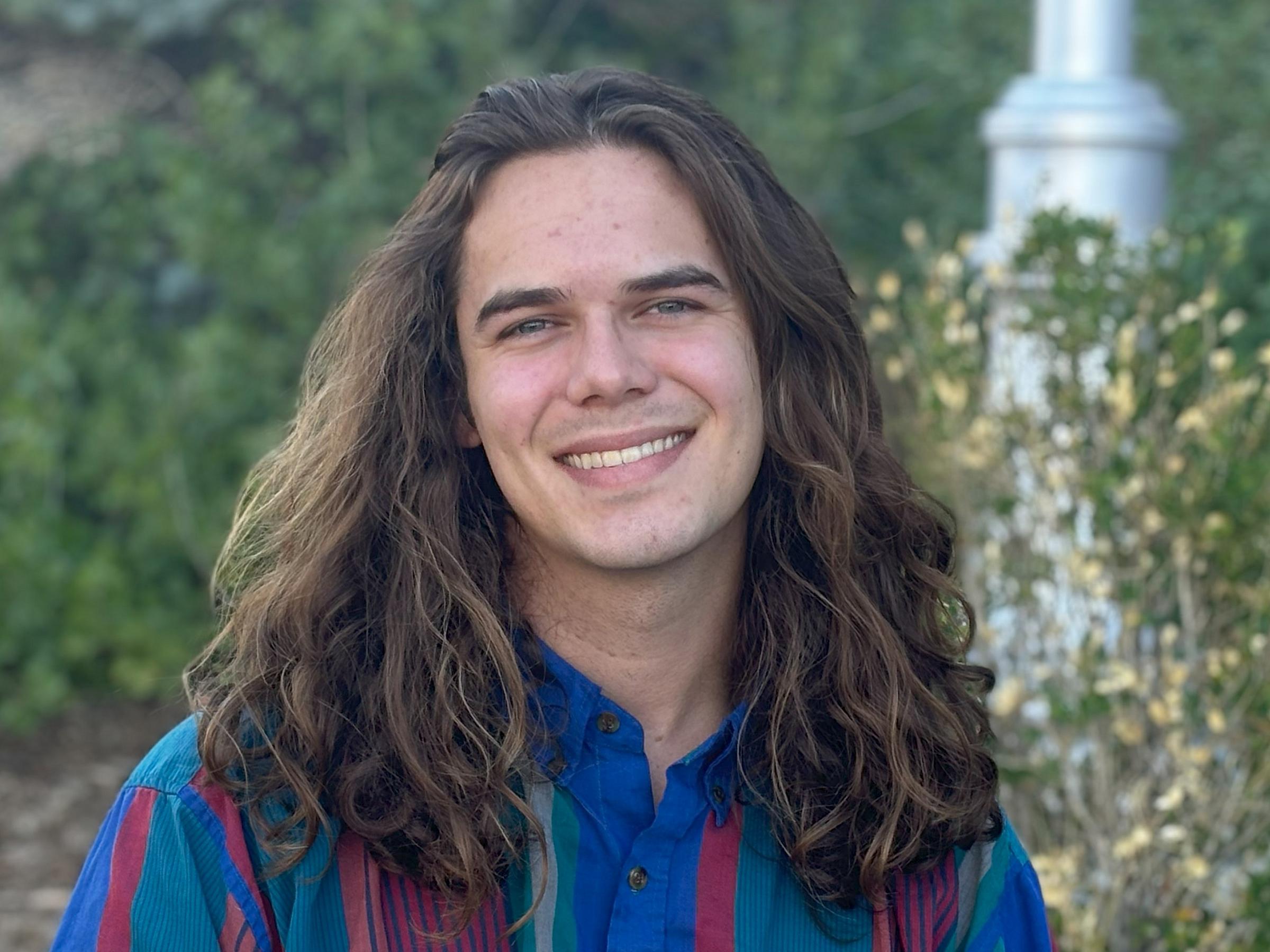
Josiah Morgan
I graduated summa cum laude from the University of Oklahoma with my B.S. in Multidisciplinary Studies focusing on Microbiology and Immunology in 2024. At the University of Oklahoma, I worked for the Institute for Environmental Genomics under the direction of Aifen Zhou and Xuanyu Tao. At IEG, I studied microbial plastic degradation and bioprocessing. While at OU I was able to briefly intern in the lab of Zachary Dalebroux, studying the biogenesis of lipopolysaccharide in Salmonella Typhimurium.
Throughout my undergraduate experience, I was involved as an honors student, Resident Advisor, President of the OU Men's Glee Club, and member of several public health organizations. I am particularly interested in microbiome-immune interactions. I was drawn to the University of Utah by its strong immunology research, and I hope to study at the crossroads of microbiology and immunology.
I was born in Arizona, raised in rural Virginia, and completed high school and my undergraduate degree in central Oklahoma. Outside of the lab I enjoy camping, reading, choral singing, working on cars, and cooking.
Michaela Murphy
Originally from St. Louis, MO, I received a dual degree in Microbiology and Biochemistry from the University of Oklahoma (Boomer Sooner!). While there, I worked in Dr. Robert Cichewicz’s lab on developing more targeted & high-throughput assays for screening plant & fungal extracts for bioactive natural products. My interests slowly evolved from finding novel ways to kill bacteria to understanding how commensal microorganisms impact health and can be leveraged to influence well-being. Thus, I was extremely interested in Dr. June Round’s lab here at Utah and am happy to say that’s where I ended up! I am now working on discerning how colitis and specific gut microbiota members interact with the brain, and I couldn’t ask for better lab mates to be doing it with. As a lifelong and competitive rock climber, I was also looking for an upgrade from the flat topography of Oklahoma. My partner Dylan and I definitely found that here along with so many other opportunities for outdoor recreation & exploration. When I’m not climbing or doing science, I enjoy cooking and baking (and eating!), working out, traveling, & playing disc golf with Dylan.
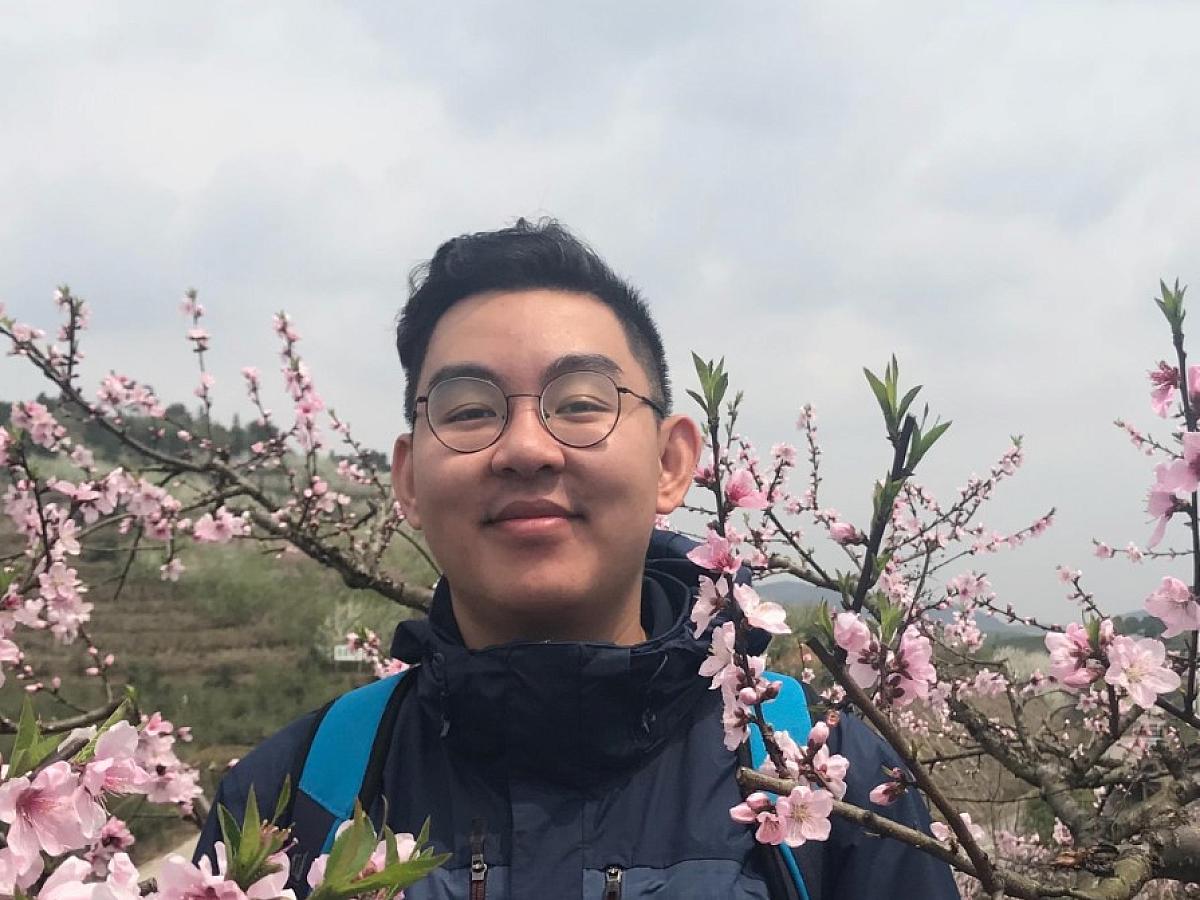
Nguyen Nguyen (Nick)
I was born Ho Chi Minh city, Vietnam. Fortunately, I was given the opportunity to study abroad in the United States where I received a B.S. in Biochemistry and Molecular Biology from the University of Nevada, Reno. During my undergraduate career, I found an interest in scientific research working under Dr. Thomas Kidd. Studying axon development in Drosophila model started guiding me toward a potential career in research. I decided to further pursue this path by completing a Master's thesis project at the University of Utah. After taking Basic Immunology course with its many exciting lectures, I knew Immunology would be something I will enjoy studying for the next course of my career. That’s why I decide to continue pursuing a Ph.D. study here at Utah. As a graduate student, I continue my master's research work in Scott Hale’s lab, where I study T follicular helper cells response in plague subunit vaccine.
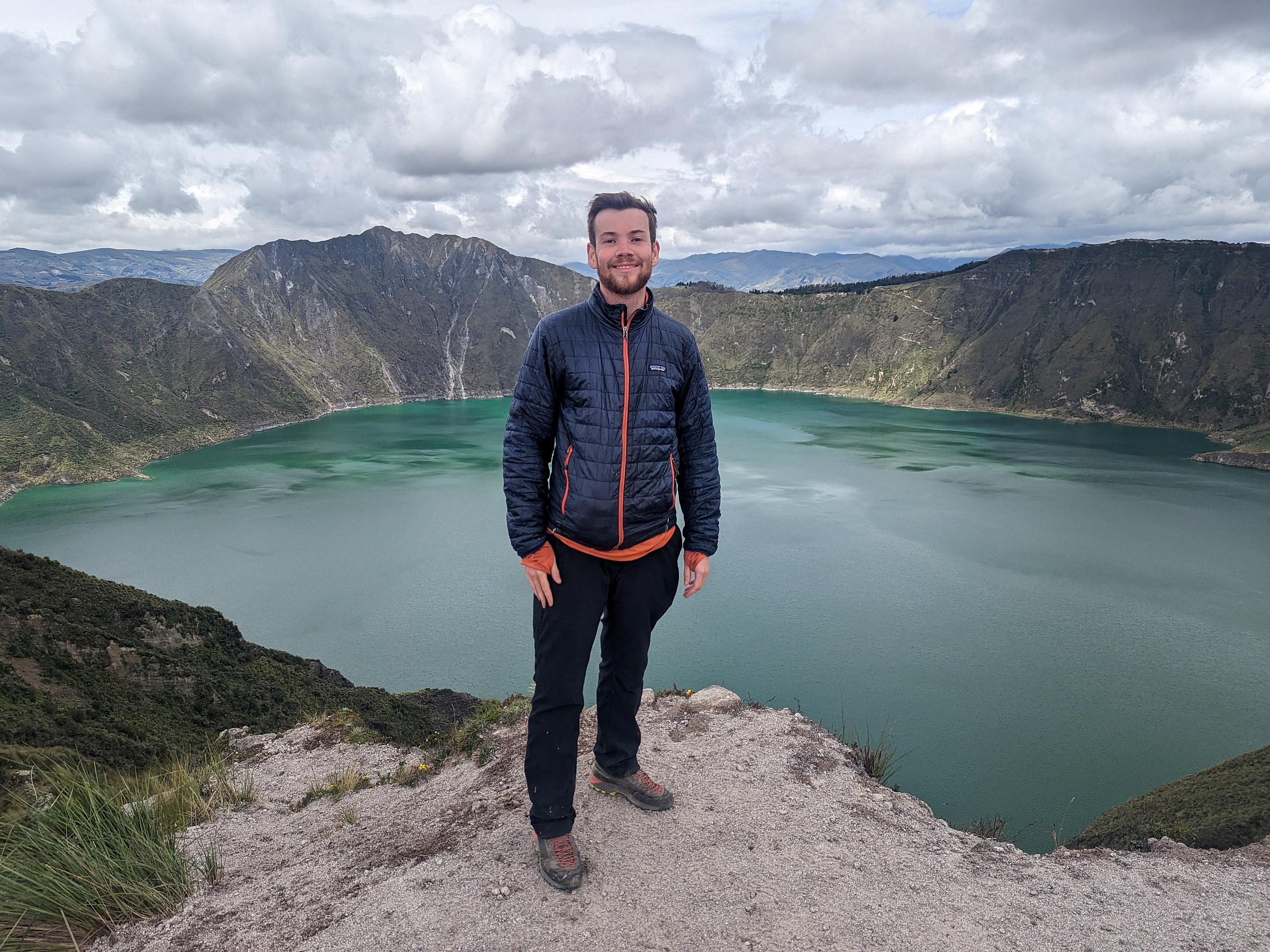
Liam O'Malley
I was born and raised in Fair Lawn, NJ, a suburb of northern NJ, about 30 minutes from New York City. Before coming to Utah, I completed my undergrad in microbiology at the University of Maryland and spent time as an intern in the pharma company Merck's Neuroscience Department, conducting basic Alzheimer's research. I was drawn to Utah by a combination of the exciting research being done by the faculty here as well as the incredible mountains. Coming to Utah and meeting the faculty and students and seeing how friendly and passionate they are sealed it for me. Currently, I am researching the role of micro-RNA 146a in suppressing liver cancer development and trying to take advantage of the mountains by doing all the skiing, biking, and climbing I can!
Georgina Oceguera
I am from a small town in California called Mojave. I graduated Valedictorian of my class and went on to earn my B.S. in Molecular Cell Biology and Physiology with a Chemistry minor at California State University, Long Beach. At CSULB, I was in the University Honors Program which gave me the opportunity to write an Honor thesis. In my thesis, I examined the effects on viral pathogenesis of HIV-1 in CRISPR-Cas9 knockout cell lines, specifically for the redox protein Thioredoxin. I worked in Dr. Peter Ramirez’s lab from July 2021 to July 2022. Working in this research lab, I gained a strong sense of independence, adaptability, and resourcefulness. Being a first generation college student, graduate school did not seem like a possibility. However, my experience in Dr. Ramirez’s research lab encouraged me. Before graduating from CSULB, I also served in numerous student-led organizations such as being a Resident Assistant for Housing and Residential Life, Suicide Prevention Peer Educator for Counseling and Psychological Services, Honors Peer Mentor for the University Honors Program, Vice President of MEDLIFE, and Community Service Chair of Hermanas Unidas de Long Beach, amongst other activities. I am very grateful and excited to be pursuing a PhD at the University of Utah! Throughout my time at the U, I am interested in examining bacterial resistance to antibiotics or T cell biology, therefore I hope to rotate through Dr. Matt Bettini’s and Dr. Allison Carey’s laboratories.
Pauline Oloo
My name is Pauline Oloo from Kenya, I did my B.sc in Biotechnology at the Jomo Kenyatta University of Agriculture and Technology. I immediately followed it up with master’s degree in Microbiology and Immunology at the University of Chinese academy of sciences, Institute Pasteur Shanghai, under the Immunity and Pediatric Infectious Diseases group. My project aimed at investigating the impact of immunoglobulins produced by innate like newborn B cells (CD5hiCD10low) in shaping gut microbiota colonization. I graduated in June 2022 and decided to take a gap year before continuing my studies. During this one year, I worked at Shanghai Hongene Biotech a research lab that majored on production of mRNA vaccine for pancreatic cancer patients. My main responsibility was get an in-depth understanding of what happens to the immune cells of cancer patients following mRNA vaccine administration. After one year, I was still interests in mucosal immunity and microbiota studies. I therefore decided to shift to academia and started hunting for available PhD scholarships. During my quest for PhD, I happened to attend a virtual program organized by the university of Utah where I got a chance to listen to a presentation from Dr. Gianna Hammer on the interactions between gut microbiota and gamma delta T cells and I was so enthusiastic and fascinated with her work and reached out to apply to her lab. As of now, I am a direct admit PhD student in Dr. Gianna Hammer’s lab under Microbiology and immunology at the U. My PhD thesis will be focused on understanding mechanisms underlying the elevation of gd17 cells in the epithelium and colon upon inflammation; whether they are driven by gut microbiota or TCR engagement.
Kelly Otsuka
I am originally from California, where I attended University of California, Davis and received a B.S. in Microbiology. I worked as a research associate for 2 years in Drug Metabolism and Pharmacokinetics in small molecule drug discovery for a cancer immunotherapy company. I moved on to a position in Immunology at biotech company focused on immunotherapy clinical trials. My time in industry helped develop my passion for immunology and drove my decision to continue my education and pursue a PhD. In the Beaudin Lab, I am currently researching the effect of congenital CMV infection on fetal-derived immune cells, and the consequences of these perturbation on future hearing outcomes.
Darci Ott
I'm originally from eastern Pennsylvania and loved my experience at Elizabethtown College where I achieved a B.S. in Biotechnology. Because of my supportive and enthusiastic mentors there (so much so that one of my professors and I have a matching research-related tattoo), I decided to pursue my Ph.D in microbiology! While coming to Utah was a big change, I have never regretted that decision! I enjoy learning more about the unseen and often unknown world of microbiology, and am excited to be pursuing research in Dr. June Round’s lab on the commensal bacteria Turicibacter and how it provides metabolic protection to its host. Outside of the lab, I love to read, hike, and paint.
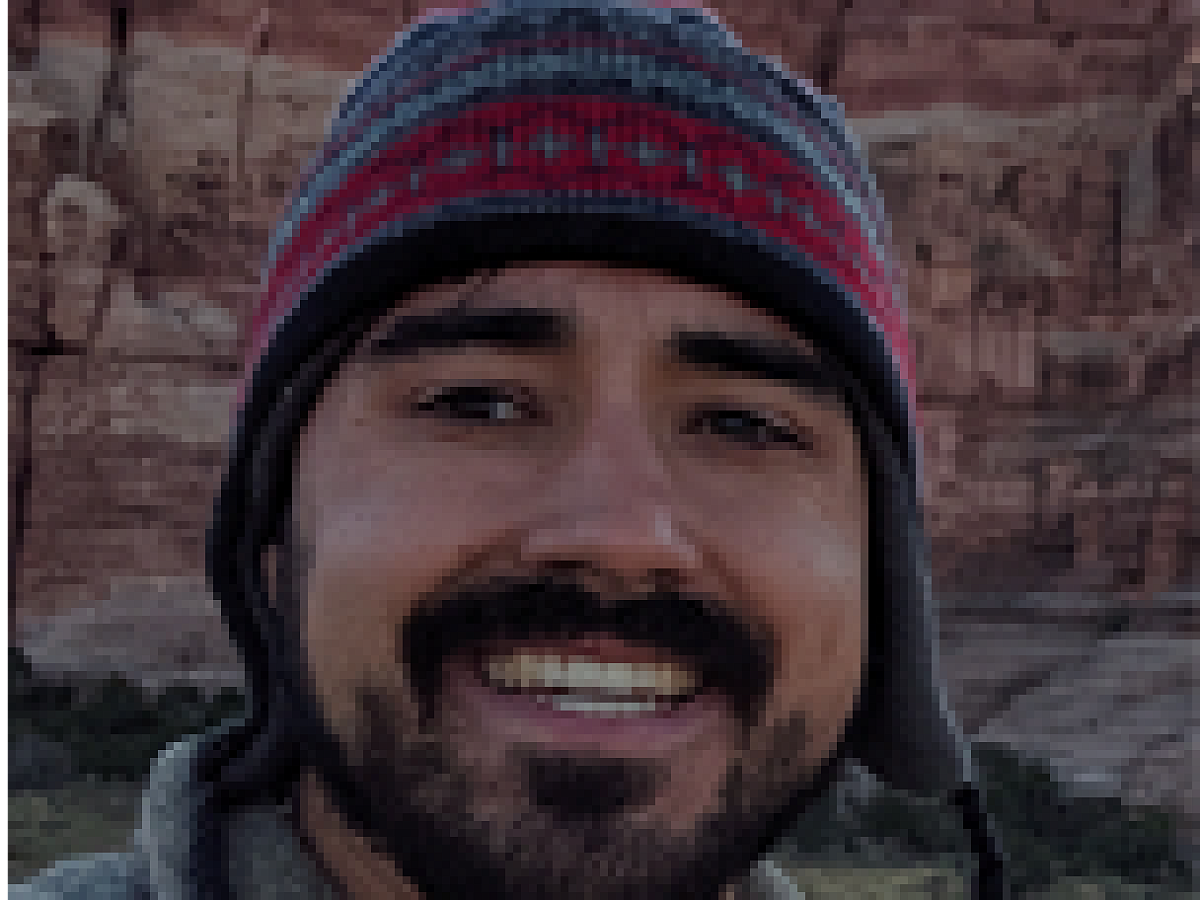
Bryant Perkins
I am originally from Sanford, Maine and graduated from Bates College with a B.S. in Biochemistry. I spent a few years working in Nadia Rosenthal’s Lab at the Jackson Laboratory, where we researched cardiac autoimmunity. It was during this time that I decided to pursue a Ph.D. in immunology, in part because of the wonderful mentorship from multiple members of the Rosenthal Lab. I chose to attend the University of Utah because of the collaborative work environment, many interesting research labs, and the great work life balance. As an added bonus, I was attracted to the diverse, natural beauty of Utah. I am currently a student in Scott Hale’s Lab where we research changes in DNA methylation that occur during CD4 T cell differentiation. Specifically, I am interested in the DNA methyltransferase Dnmt3a and understanding how it is recruited to sites in the genome of different T cell subsets. I am grateful for the opportunity to conduct my research in the Hale lab and for the support that I receive from the community. In my free time, you can find me hiking, skiing, or climbing in the Wasatch Front and desert of Southern Utah!

Dean Peterson
I was born in Utah but raised in Arizona. I graduated from Brigham Young University with a B.S. in Microbiology where I was able to work on several projects with the microbiome of fruit flies. I was able to publish my work looking at how the fly microbiome and vitamin B supplementation might be connected to their dietary preference for yeast. I worked on other projects examining the endosymbiont Wolbachia in flies as well as how the fly microbiome might influence seasonal adaptation. The Microbiology & Immunology PhD program at the University of Utah first caught my eye because of their focus on medical research that could more easily be connected with finding solutions for human health. I'm currently a rotational student and can't wait to see where my interests take me here at the U. Outside of the lab, I love producing and playing in my Dungeons & Dragons podcast called Channel Divinity. I also love going on walks with my wife and my dog, and trying new food places in Salt Lake City.
Jordan Powers
I was born and raised in Fort Collins, Colorado. I attended Colorado State University where I graduated with a B.S. in Microbiology in 2017. I then completed a 5-year post-baccalaureate fellowship at the Centers for Disease Control, in the Arboviral Disease Branch, in Fort Collins, Colorado. Growing up in Colorado, I have always loved being outdoors, so I partly chose Utah because of the access to outdoor activities, whether that be skiing or hiking. I also chose to come to Utah because I felt welcomed by the faculty and students during my interview and subsequent visit. I knew that UofU would be a great environment to learn and grow as a scientist. As a first year M&I rotational student I hope to continue to study infectious disease, specifically viruses and their interactions with the immune system.
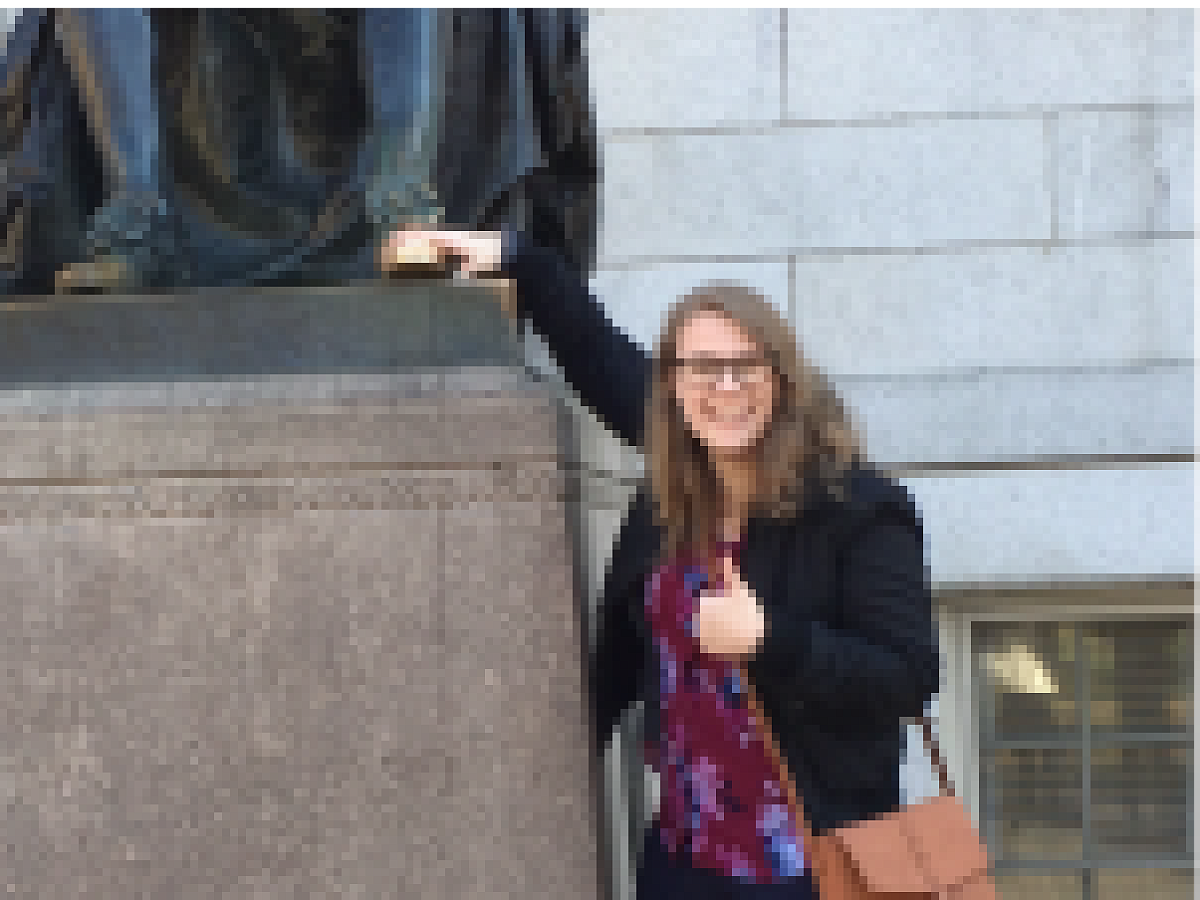
Viva Rase
I was born and grew up in Denver, Colorado, before moving to Greeley, Colorado, where I got my B.S. and my M.S. in biological sciences at the University of Northern Colorado. As a master’s student, I studied cancer immunology. Specifically, my research was focused on interactions between type III T helper cells, myeloid derived suppressor cells, and mammary carcinoma. During this time, I was lucky enough to have two mentors, Dr. James Haughian and Dr. Nicholas Pullen, who helped me realize my interest in research and T cell immunology. I chose to come to the University of Utah to pursue a PhD because I wanted to join Dr. Brian Evavold’s lab. I am interested in how T cells interact with antigen to trigger activation in both autoimmunity and cancer. I also enjoy learning about mast cells. Outside of science I like art and making pottery.
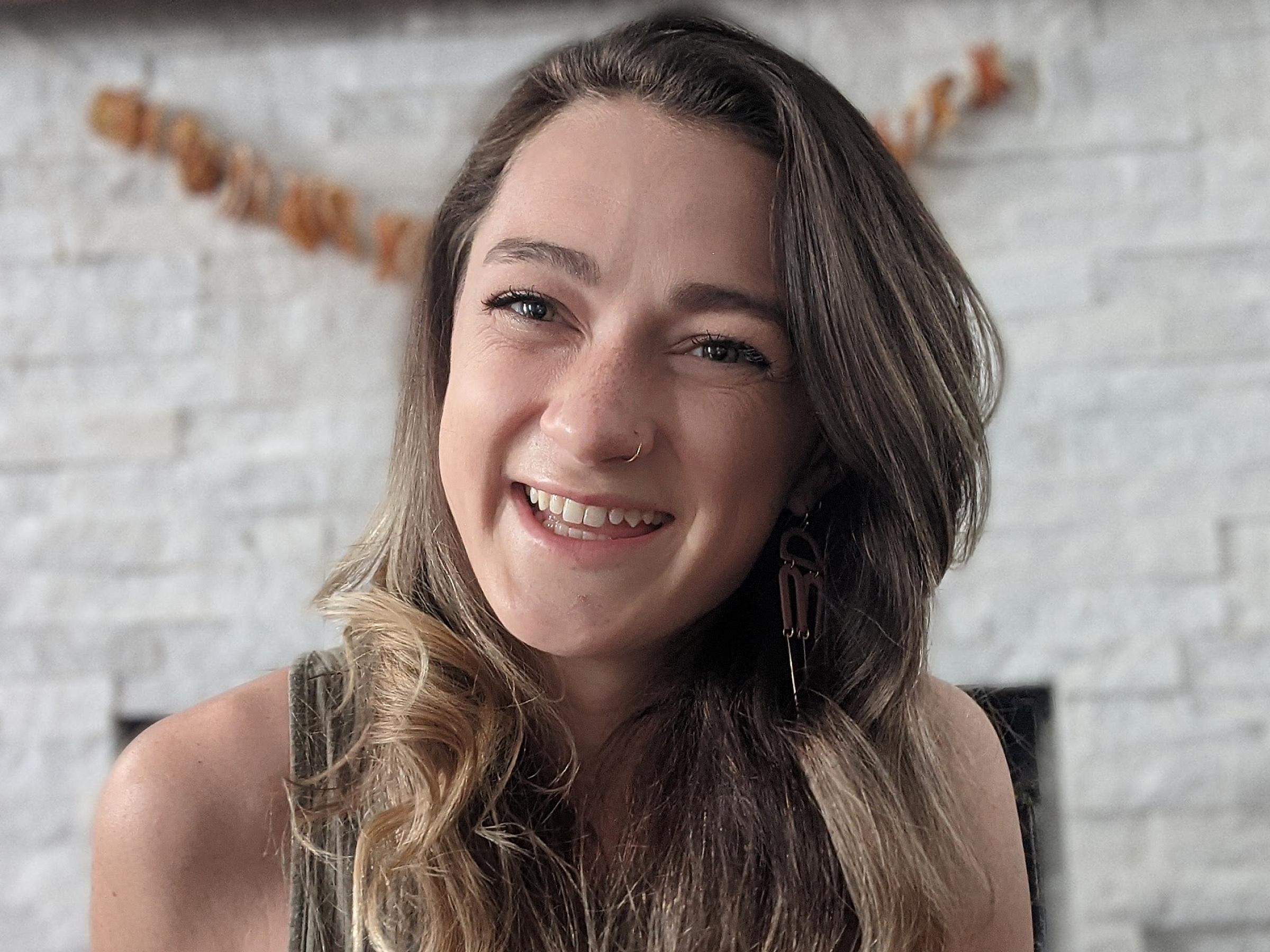
Audrey Re
I grew up in Pittsburgh and moved to Santa Cruz to do my undergraduate studies at the University of California Santa Cruz (UCSC). There I earned a dual bachelors degree in Biology and Psychology. While studying at UCSC, I worked in a neuroscience lab studying astrocytic development in FMR1 knockout mice in an effort to better understand motor function abnormalities observed in Fragile X Syndrome. After graduating from UCSC, I moved down to San Diego to begin building a career work in biotechnology. My most recent experience was working at the cell therapy startup Tr1X Bio. At Tr1X Bio I focused on engineering human CD4+ T cells to express a regulatory Tr1 phenotype via lentiviral transduction in an effort to generate a cell therapeutic cure for Graft vs Host Disease. I was involved in generating data for our pre-IND and IND filings, allowing us to bring our cell therapy into phase 1 clinical trials. It was here that I found my passion for studying immunology. I am excited to be in a space that drives the advancement of medicine forward in an effort to bring novel, disease curing therapeutics to patients. I look forward to building my understanding of immunology and contributing to a collaborative research environment while studying at the University of Utah.
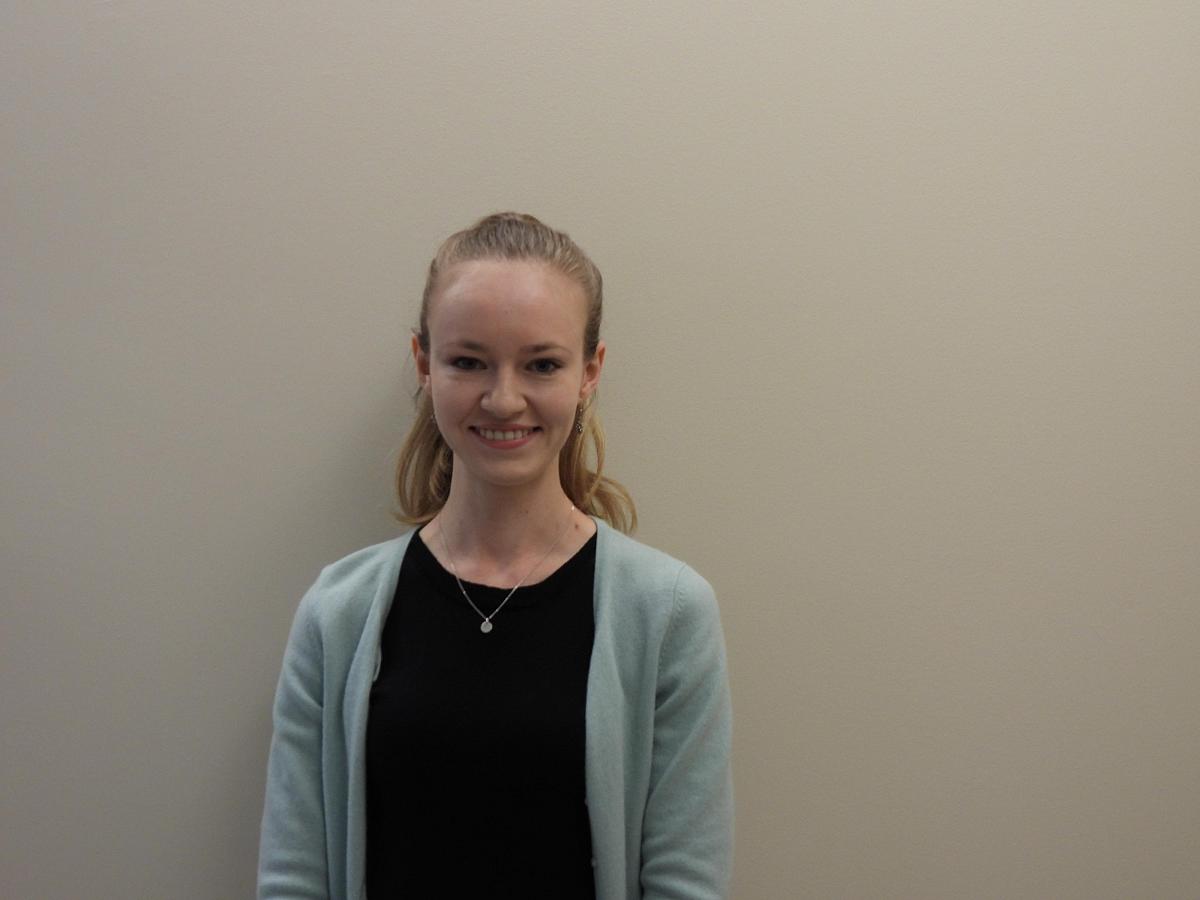
Jenna Reed
I grew up here in Salt Lake City, but for my undergraduate studies, I attended Davidson College in North Carolina and received a B.S. in Biology. During my time there, I spent two years researching in Dr. Karen Bernd’s lab, where I studied the cytotoxic effects of hookah pipe smoking. Specifically, I examined how altering smoking conditions, such as hose/pipe size and shisha tobacco flavorings, affected the level of alveolar cell damage and death post-exposure. We worked jointly with Dr. Cindy Hauser’s lab in an effort to develop a high-throughput assay that could be used to rapidly screen tobacco products according to NIH safety standards before they went to market. Upon graduation, I attended Georgetown University, where I received an M.S. in Biohazardous Threat Agents & Emerging Infectious Diseases. I knew I wanted to pursue research, and I found the Molecular Biology (MB) Biosciences Program here at the University of Utah. I have now joined the Department of Pathology, where I jointly work in the labs of Dr. Tracey Lamb and Dr. Brian Evavold. My current research focus centers on malarial coinfections and understanding their immunological and pathological impact. When I’m not in the lab, I enjoy hiking, skiing, and dance. I also worked as an honors intern with the federal government for three years during my undergraduate and early graduate career, and I hope to one day return to government service.
Hayley Reynolds
I am originally from Georgia where I obtained a B.S. in Biochemistry and Molecular Biology from the University of Georgia. After graduating, I moved to Bethesda, Maryland where I completed a 2-year postbac with the NIH IRTA program. At the NIH, I realized my love for both science and medicine and was encouraged to apply to MD/PhD programs across the country. I chose to attend the University of Utah for my training due to the collaborative nature of the faculty, the diverse range of patients that come from across the mountain west and the work/life balance that is easily achieved when the mountains are so close by. Throughout my first two years of medical school, autoimmunity stood out as one of my main clinical interests and I decided to study it further in the lab of Matt Bettini within the M&I division of Utah's Molecular Biology PhD program. Now I focus on how early microbial colonization influences thymic T-cell development and autoimmune disease onset in the context of Type 1 Diabetes Mellitus using the NOD mouse model.
Marshall Roedel
I grew up in Boise Idaho and got my BS in Neuroscience at BYU in Provo. As an undergraduate research technician I studied the interaction between stimulus features and recollection and familiarity. Since then I have worked as a technician studying topics as diverse as iron metabolism and lithium induced diabetes insipidus. I am currently in Tracey Lamb's lab, and I am interested in cerebral malaria. Cerebral malaria results when the blood brain barrier becomes more permeable during Plasmodium infection. Specifically I am interested in the role astrocytes and pericytes, two cell types that are part of the neurovascular unit and help maintain the blood brain barrier in healthy conditions, in cerebral malaria.
In addition to enjoying the atmosphere of curiosity and enthusiasm in the Pathology Department at the University of Utah, I also enjoy the outdoor activities that Salt Lake City offers. My hobbies include hike, rock climbing, and wildlife photography.

Alexis Rolfson
I was born and raised in Colorado, and with my parents being doctors, I have always loved learning about all things science. I received my bachelor’s degree from BYU here in Utah, majoring in molecular biology. While there, I had the opportunity to work in Dr. Seth Taylor’s research lab, studying nerve development and synapse connections, and I fell in love with research. I then had an opportunity to do a summer internship with Dr. Maureen Cox at the University of Oklahoma, where I learned more about immunology and microbiology by studying how Clostridioides dificile toxin damages the nerves of the colon. I knew then that I wanted to research infectious diseases so I could help those who are suffering all around the world. I chose to attend the University of Utah, of course for the incredible research and collaborative environment, but also because I love skiing, hiking, and climbing in my free time.
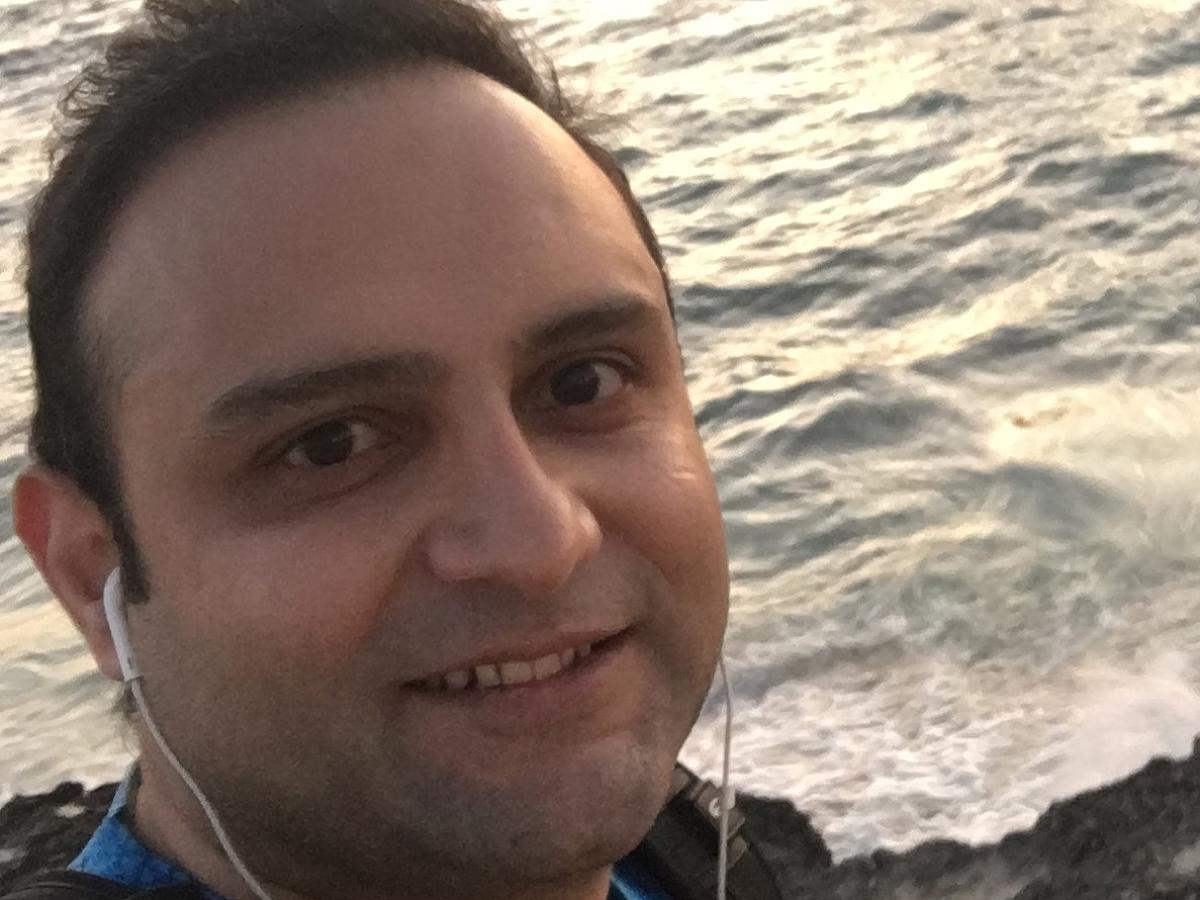
Faraz Salehi
I received my master’s degree in Microbiology from Shahid Beheshti University, Tehran, Iran, where I studied pre-existing resistance mutations in the hepatitis C virus. After graduation, I continued my research on HCV genome variations and phylogeny. I joined the MB program in 2019, and I am working in the Haecker lab at the Department of Pathology. Our lab has developed several immortalized hematopoietic progenitor cell lines that facilitate studying the immune system both in vitro and in vivo. I am studying hematopoietic stem cells and progenitors and how they differentiate into different cell types of the immune system.
Outside of the lab, I enjoy skiing, mountaineering, hiking, and cycling.
Lydia Smith
I was born in Columbus, Ohio, where I lived for about 9 years before moving to Bangalore, India with my family. We were there for 3 years and upon our return, my family relocated to Sacramento, California. I recently graduated from California State University, Long Beach with a B.S. in Molecular Cell Biology & Physiology, as well as a minor in Chemistry. I began my research journey in the middle of the COVID-19 pandemic by joining a virtual research group focused on digitizing and geolocating herbarium records. Upon returning back to campus, I chose to pivot my focus and volunteered as a research assistant in an innate immunology lab. My project focused on C1q induction of autophagy as a means of NLRP3 inflammasome activation, thereby suggesting a novel mechanism for cytokine production. Due to the strong sense of mentorship I received throughout my time in the lab, I was able to recognize my passion for research, which led me to apply for Ph.D. programs during my senior year. After visiting the U and interviewing with the M&I program, I knew it was the perfect fit for me. I admire the strong sense of collaboration and encouragement that is modeled by the faculty and students, and am excited to expand my skill set during my time here. I also love having the mountains so close to me, and in my free time I often try to find new hiking trails or outdoor activities in the area. I also love thrifting, going to the gym, crocheting and finding new coffee shops to try. I am excited to refine my project focus moving forward. My current rotation project observes the interaction between platelets and monocytes in colitis models.
Samantha Stone
I'm a third year MD-PhD student at the University of Utah MSTP. Prior to starting graduate school, I studied chemistry as an undergraduate at Vassar College where I developed a passion for science and interest in translational research. After college, I joined a medicinal chemistry lab at Memorial Sloan Kettering Cancer Center where I synthesized novel chemical probes for antibiotics research and analyzed the structural properties of widely used small molecule medications. My research interests lie at the intersection of pharmacology and immunology. In the Young lab, I am studying the interaction between mental health medications, such as SSRIs, and the efficacy and toxicity of checkpoint inhibitor immunotherapies for cancer.
Outside of lab, I enjoy hiking, skiing, and camping with my Border collie rescues Chia and Finn. I used to be a collegiate swimmer and loves to swim at some of the beautiful alpine lakes in Utah.
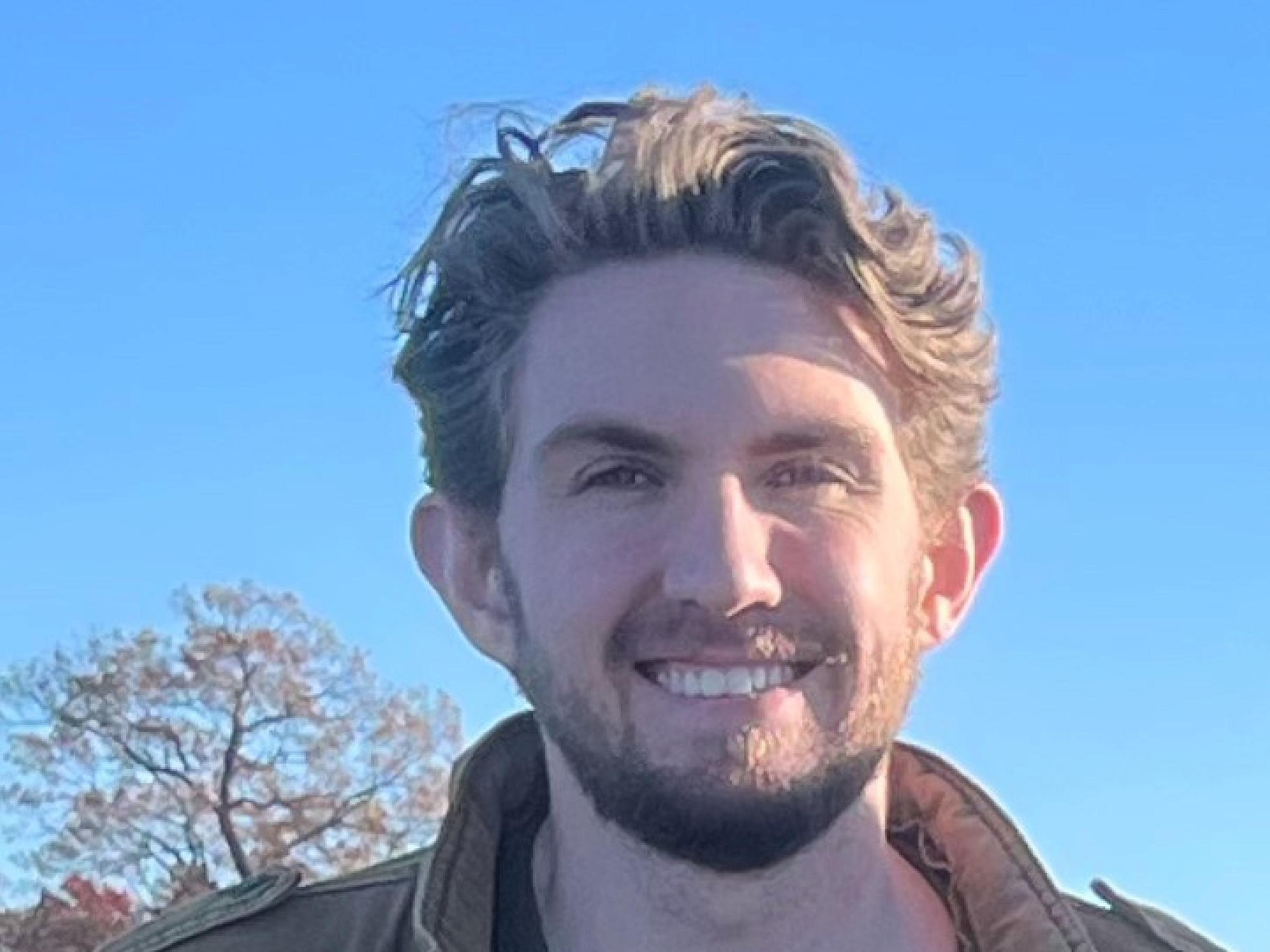
Jacob Tantalla
I am from Annapolis, Maryland. I completed my undergrad at Frostburg State University, where I majored in Health Sciences and minored in Chemistry. After undergrad I did post-baccalaureate research in the Acharya lab at the National Cancer Institute, where I researched sphingolipid metabolism and its role in innate immunity. I am currently interested in translational immunology and how immunomodulation can impact efficacy of already established immunotherapies. I came to University of Utah because of the collaborative research environment and the research values shown by members of M&I. In my free time I rock climb and ride dirt bikes.
Amber Thibeaux
I was born and raised around Dallas, Texas but obtained my B.S. and M.S. in Biological Sciences at the University of Alabama. During my second year at UA, I took a research-based honors class about paleohydrology and have been hooked on research ever since. My undergraduate research experience spans across multiple fields, from paleohydrology in that honors class to endocrinology and behavior research in the Earley lab. During my master's, I studied microRNAs and Drosophila aging antiviral immunity in the Chtarbanova lab.
Coming to Utah, I decided to rotate in three departments to see what I was interested in pursuing for 5+ years, but was always drawn back to microRNAs. This led me to rotate in the O'Connell lab, and I ended up co-mentored by both Dr. Ryan O'Connell and Dr. June Round. My project focuses on mechanisms by which intestinal epithelial cell exosomes can regulate the gut microbiota in homeostasis and disease, bringing together my interest in (exosomal) microRNAs with a new research area for me, the microbiota. When not in lab, I read as many books as possible, particularly fantasy novels.
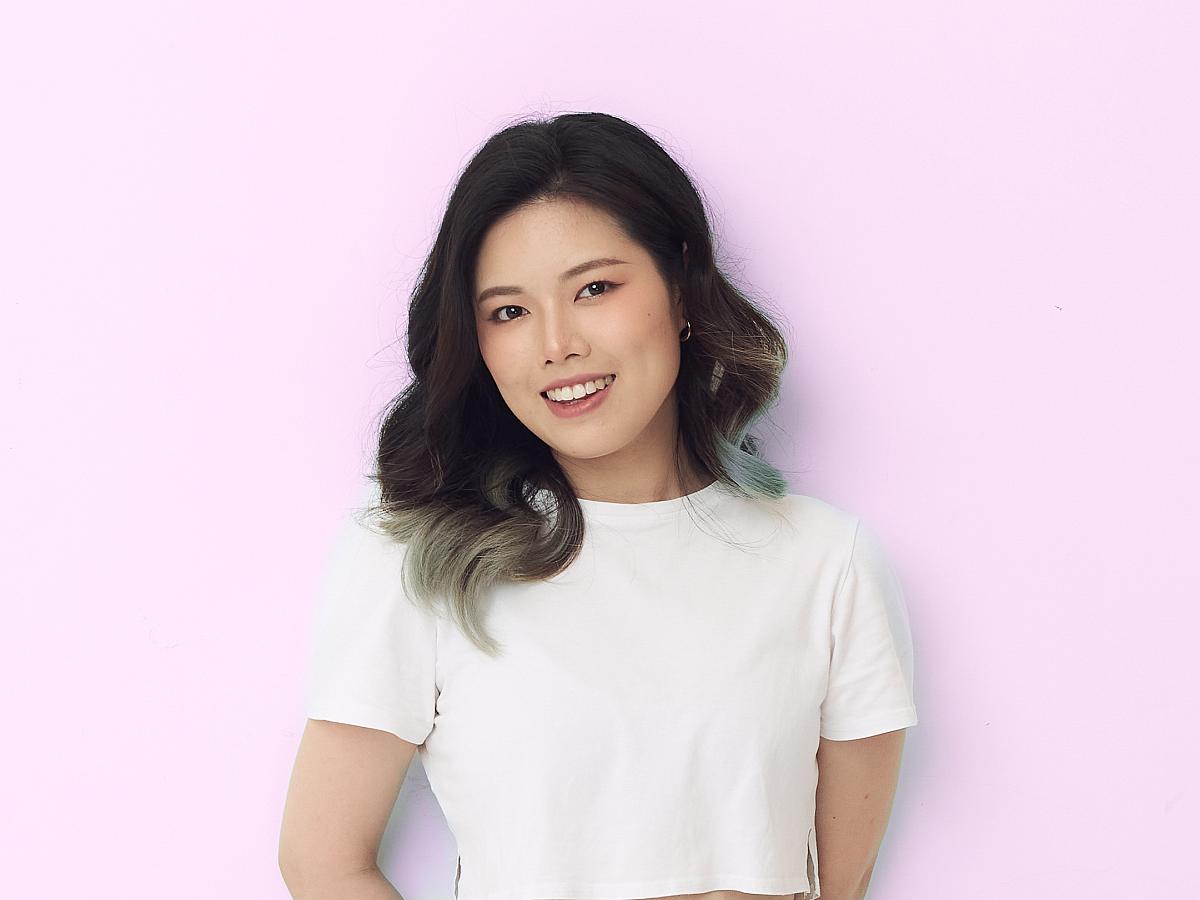
Van Tran
I was born and raised in Hanoi, Vietnam. In 2012, I went to the U.S to get my B.S in Biochemistry at the University of Washington, Seattle, where I was first exposed to research. During undergraduate studies, I joined the lab of Dr. Susan Brockerhoff and Dr. James Hurley to study protein trafficking and metabolism in photoreceptors. I soon realized that I enjoyed doing research but had not yet found the area of research that interest me. Growing up in an environment prone to infectious diseases, I believed our immune system would only protect us from pathogens. However, while attending an introductory immunology course, I soon learned about the intricacies of autoimmune diseases and how immune tolerance is maintained - further piquing my interest in immunology. I later joined Dr.Natalia Giltiay lab, where I studied the role of B-cells and plasmacytoid dendritic cells in autoimmune disease, specifically systemic lupus erythematosus and rheumatoid arthritis. The opportunity of working as an independent researcher, going through constant trial-and-error, and gaining excitement from exciting results and discoveries made me realize the value of pursuing a PhD in Immunology. This led to my decision to join the Bioscience PhD program at the University of Utah. The flexibility of the MB/BC program at the University of Utah along with a collaborative multidisciplinary environment and a plethora of impressive faculty members were what draw me to the U. I am now a member of Ryan O’Connell’s lab, studying the role of extracellular vesicles and microRNAs in the immune system within intestinal microenvironment.
Nicole Tseng
I am from a small town called Moraga in Northern California. I went to school at Cornell University in Ithaca, New York and majored in Nutritional Sciences. As an undergrad, I studied the effects of iron, zinc, and polyunsaturated fatty acid supplementation on infant cognition. After graduating in May of 2020, I worked for a couple years picking up lab skills- doing COVID-19 testing/research and sequencing for HIV clinical trials. As I was applying to graduate programs, I came across Dr. Anna Beaudin’s work and was fascinated. I have always been interested in how extrinsic factors during pregnancy affect post-natal development. My project is still developing, but it is broadly examining how prenatal inflammation affects hematopoietic stem cell output and function in adulthood. Outside of lab, I enjoy rock climbing, running, and playing the piano.

Yanyan Zhang
I am from Shandong, China, and I studied at Fudan University in Shanghai, where I earned my master's degree in clinical medicine with a focus on gastroenterology. My research primarily centered on the immune response to gastrointestinal tumors. After completing my master's, I decided to seek a different path in life, which brought me to the United States. I am currently working at the University of Utah in the Liu Lab, where my research focuses on the mechanisms by which T-cell receptors (TCRs) on the surface of T cells recognize antigens. My field of study is Microbiology and Immunology.
Outside of the lab, I have a deep love for reading. I enjoy books of all kinds, but my favorite topics are history, philosophy, psychology, military strategy, Buddhism, and economics. In addition to reading, I have a passion for music, traditional Chinese opera (especially Peking opera), incense appreciation, and photography. I am drawn to beautiful landscapes, whether serene mountains and flowing rivers or vast deserts and rugged terrain.
As I embark on my PhD journey in the U.S., I hope to continue growing both academically and personally, and I look forward to a life filled with happiness and discovery.
Shiqing Zhang
I grew up in Henan, a province in central China. In 2020, I earned my Bachelor of Science degree in Biological Sciences from Nanjing Agricultural University. During my undergraduate years, I explored various scientific directions and gradually developed a strong interest in microbiology. This led me to pursue a master's degree in microbiology at Sun Yat-sen University, where I joined a research group focused on microbial-host interactions. My research there centered on anaerobic bacteria-induced colorectal cancer and biofilm-associated skin infections, and I completed my degree in 2023.
Currently, I am enrolled in the Molecular Biology (MB) program at the University of Utah. Through three lab rotations aligned with my research interests, I still found my passion for studying microorganisms and host immunity. During my third rotation, I became particularly interested in the work of Dr. Allison Weis and am now co-mentored by Dr. Weis and Dr. June Round. My current research focuses on understanding how microbes influence the initiation and progression of disease.
Outside the lab, I enjoy playing badminton, swimming, and watching tennis. I'm a huge fan of Novak Djokovic!
